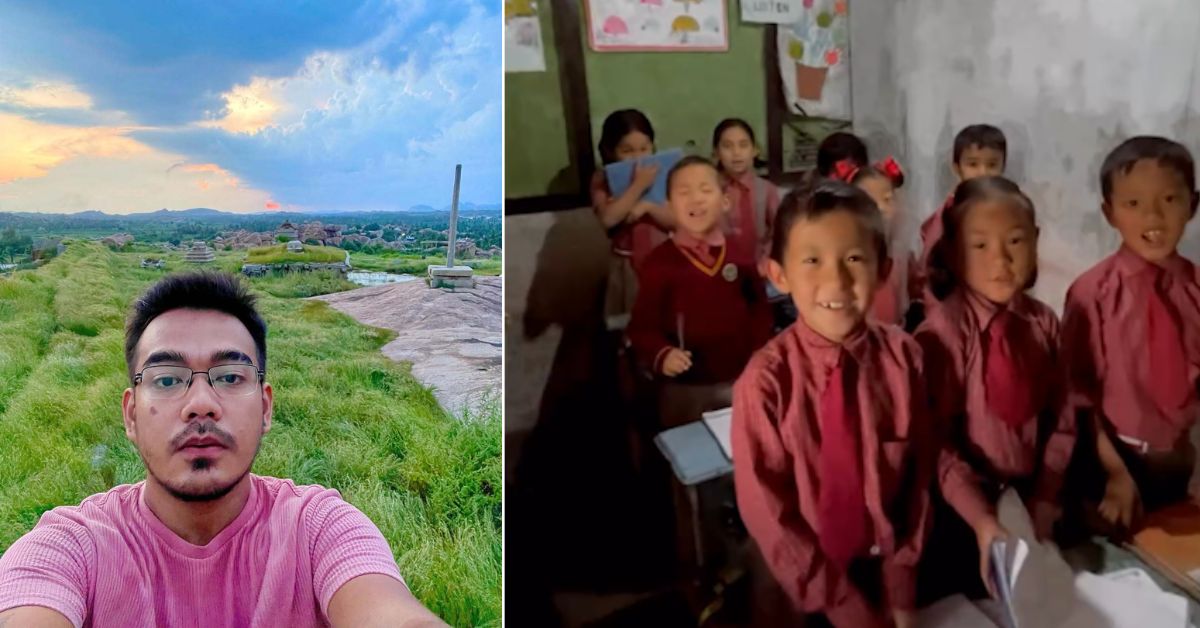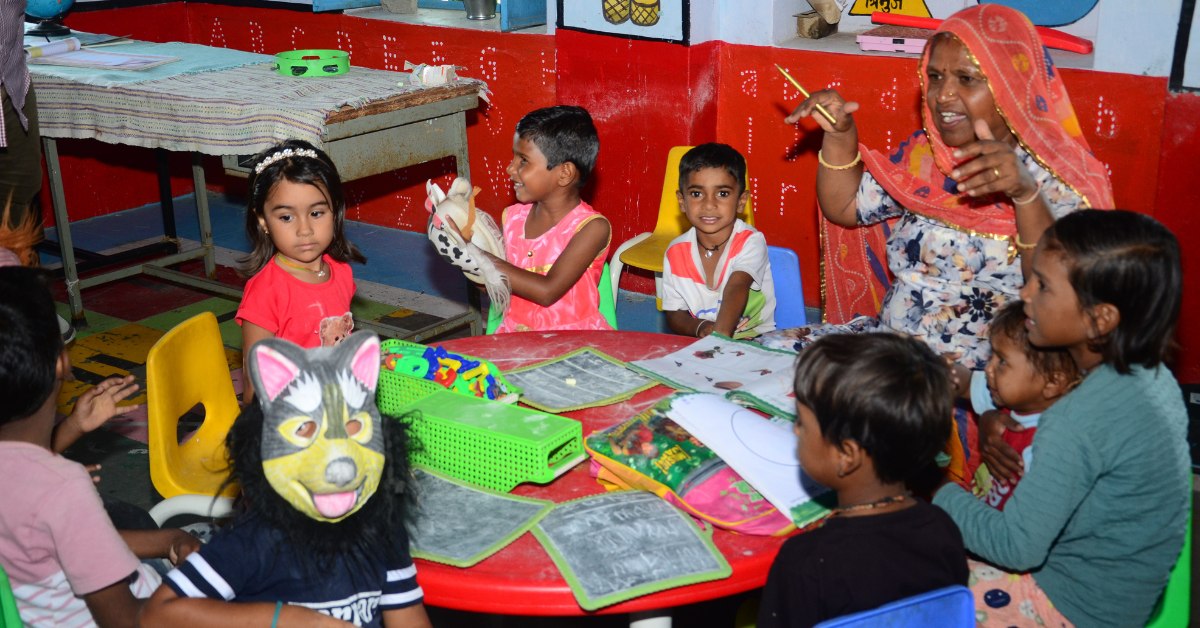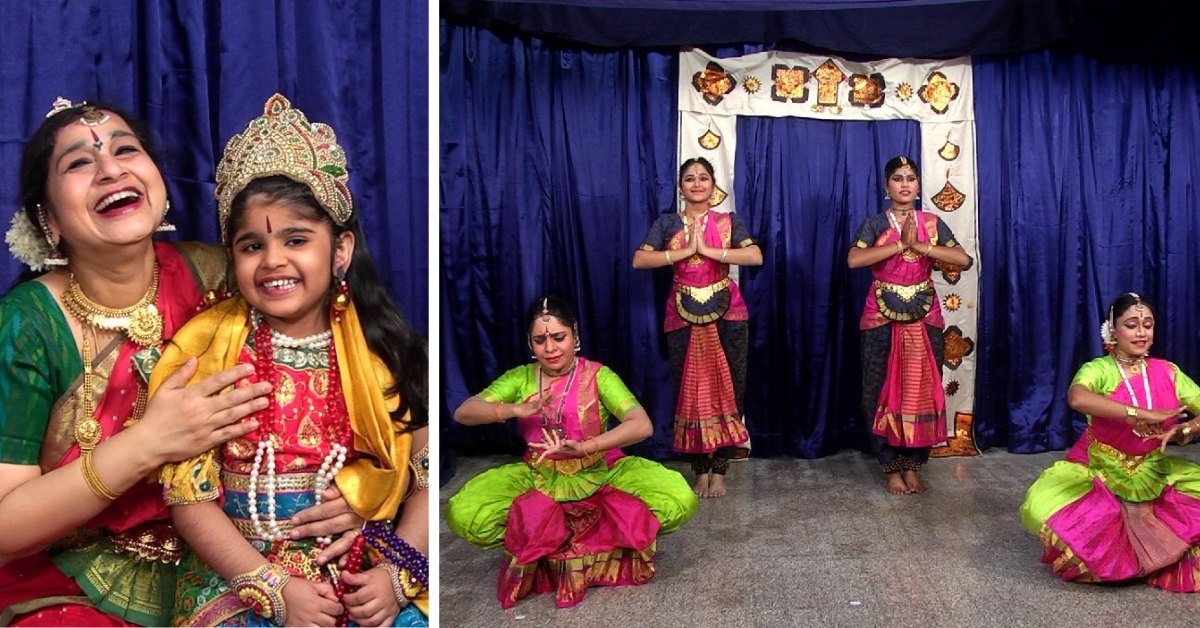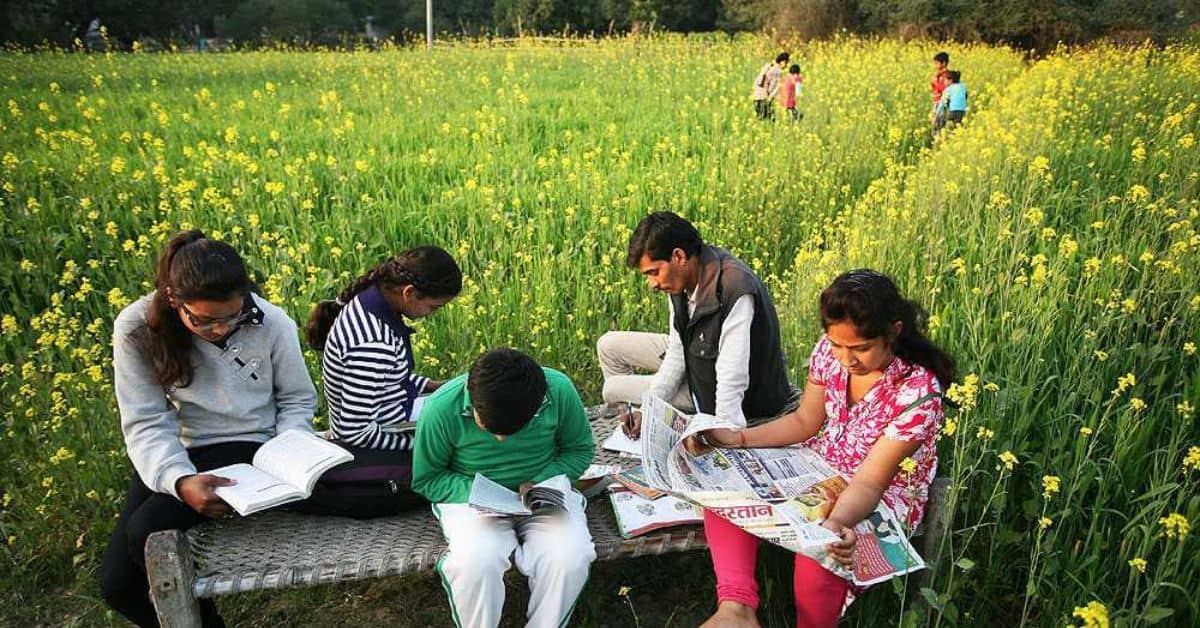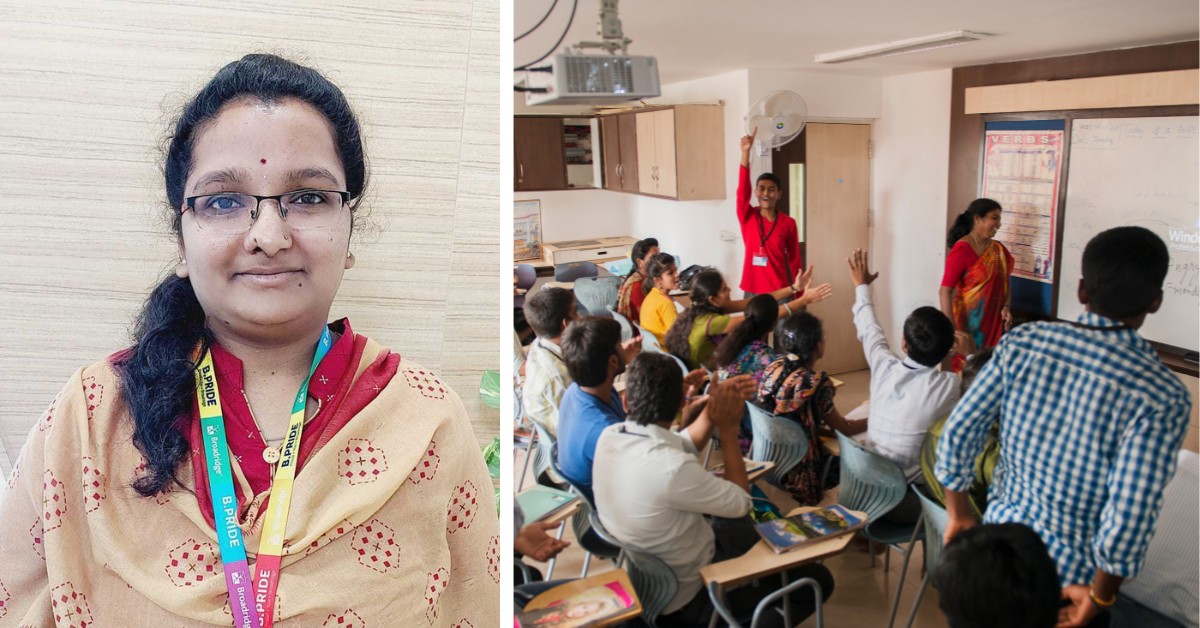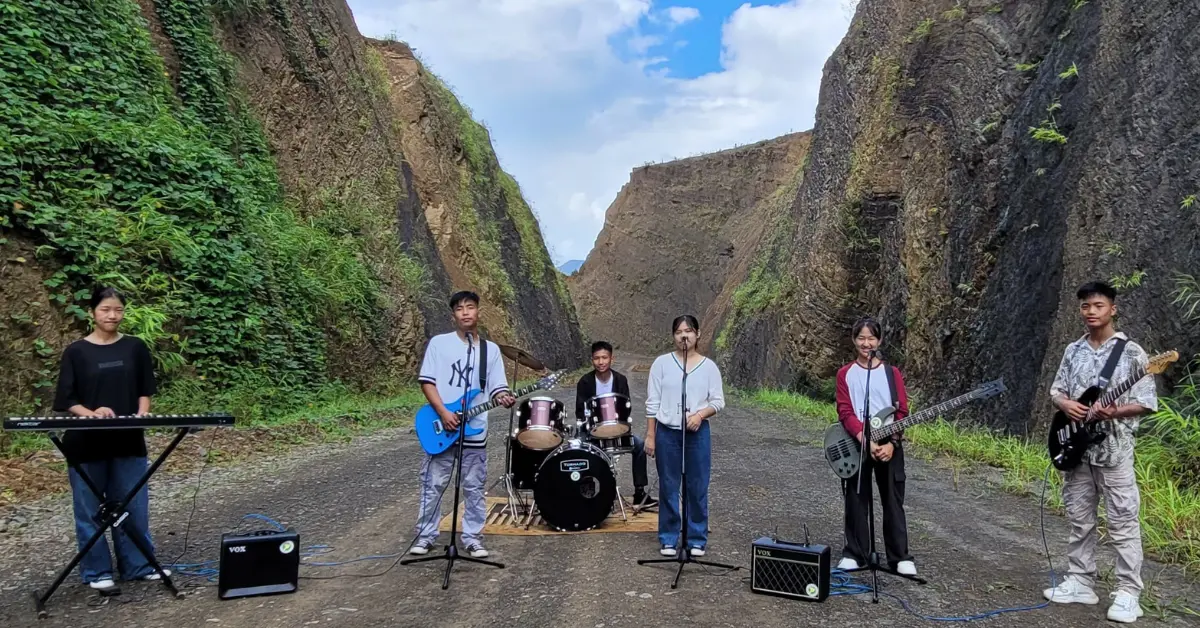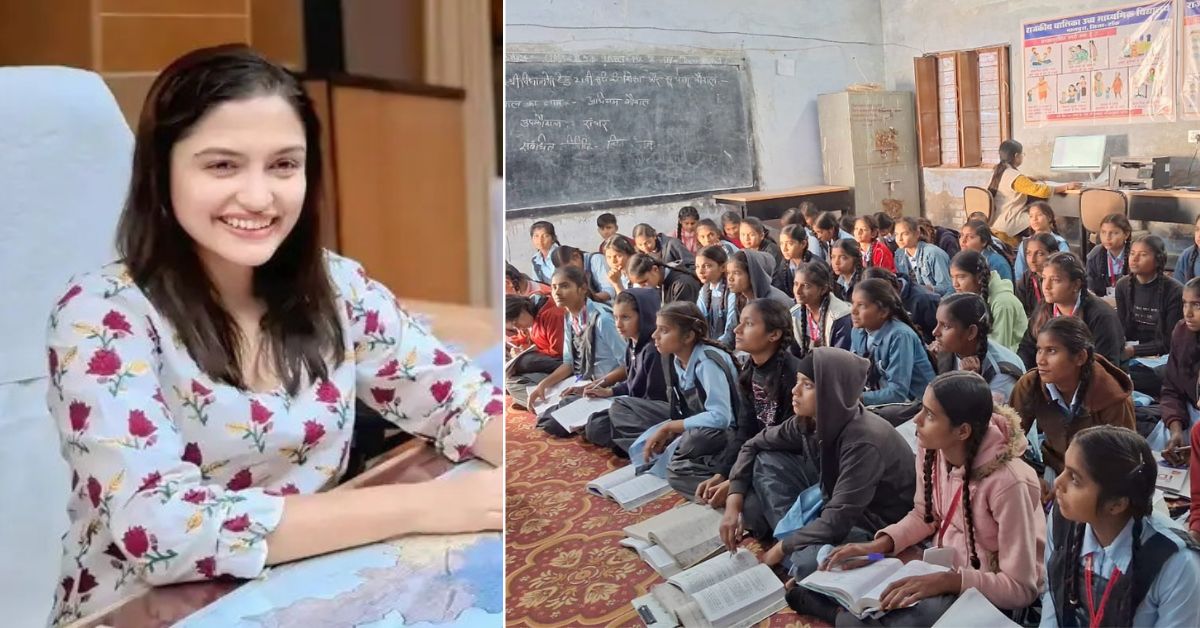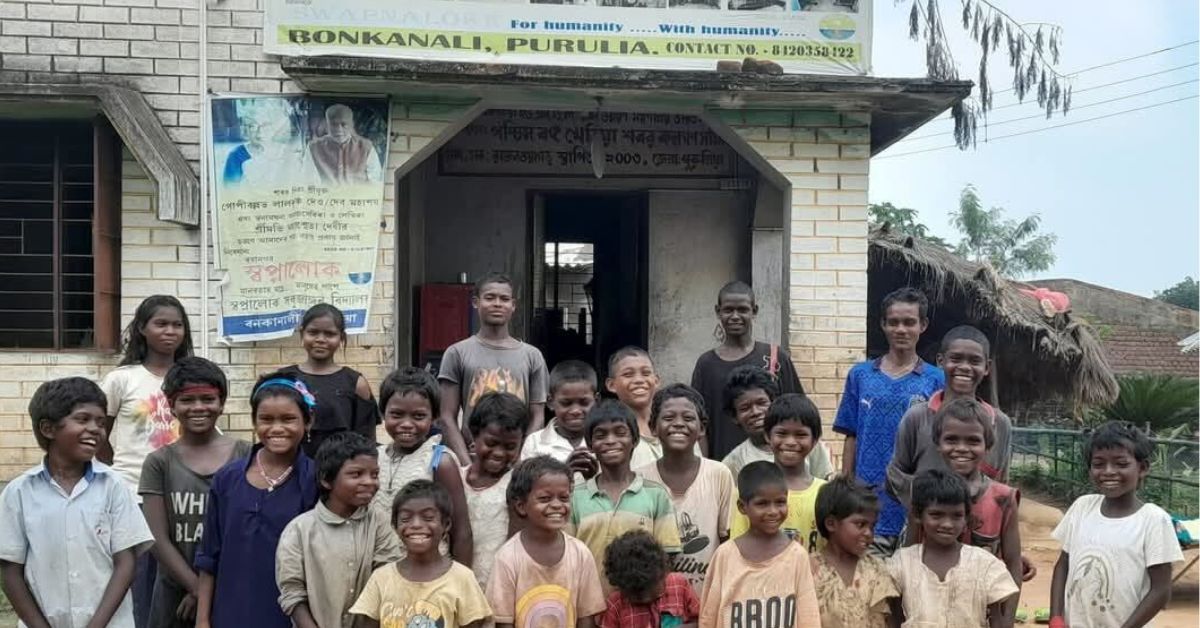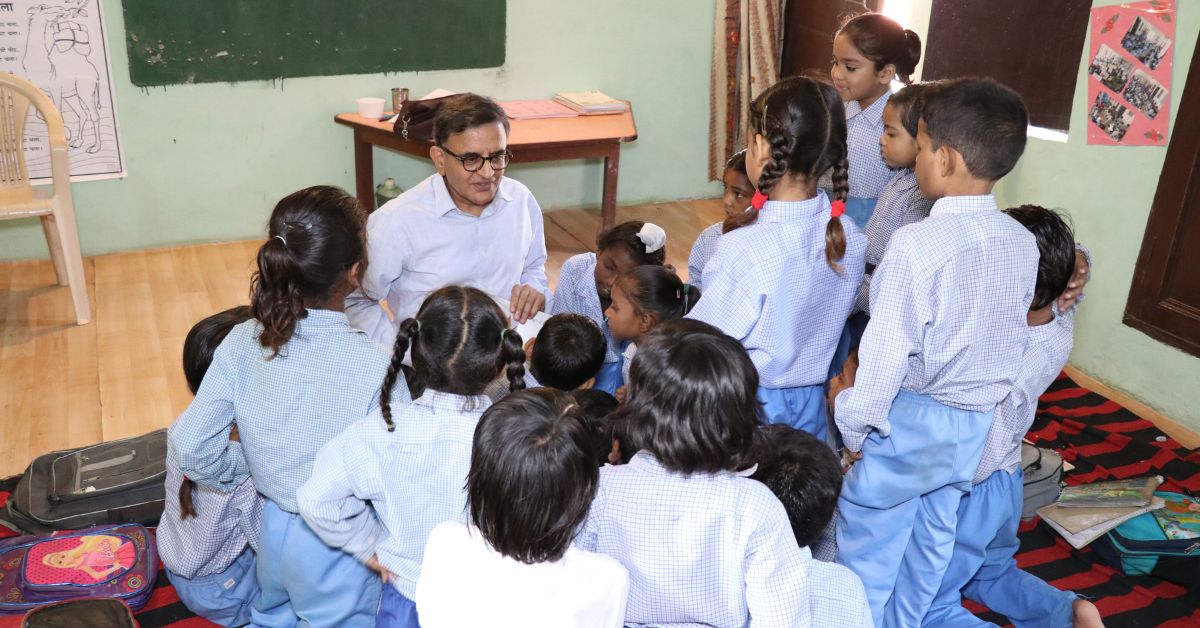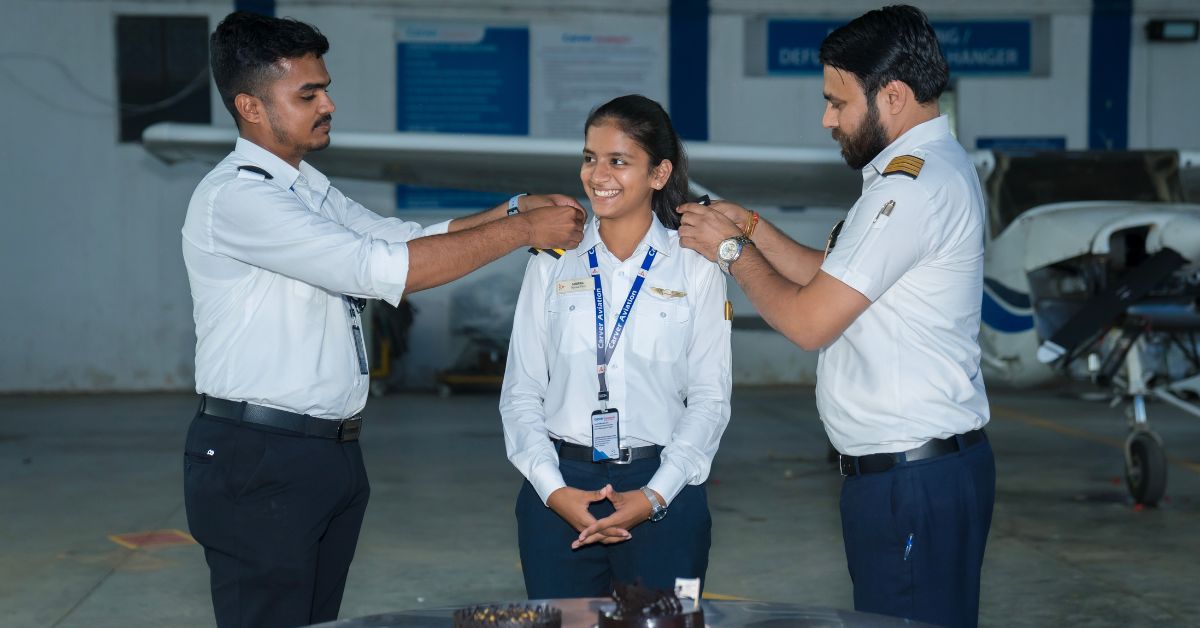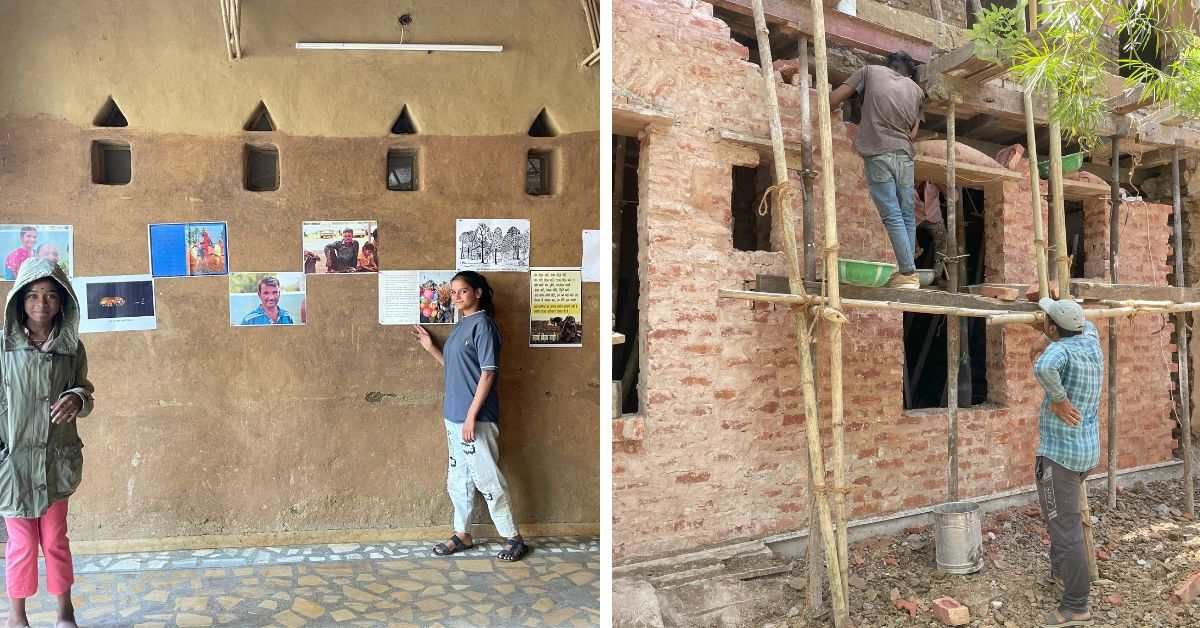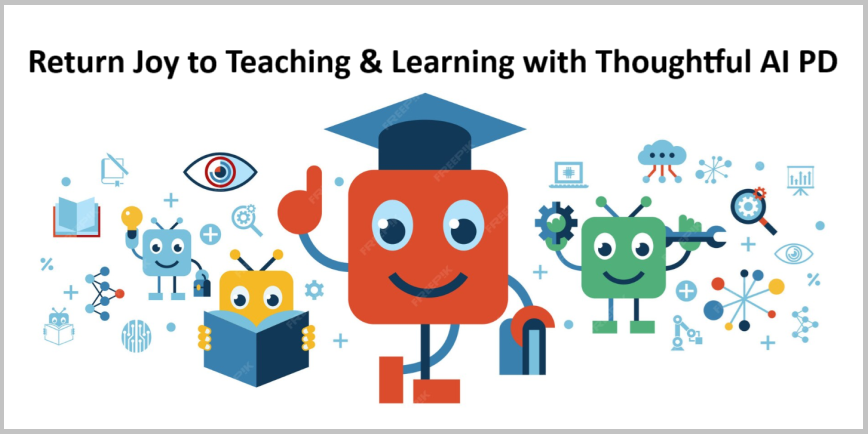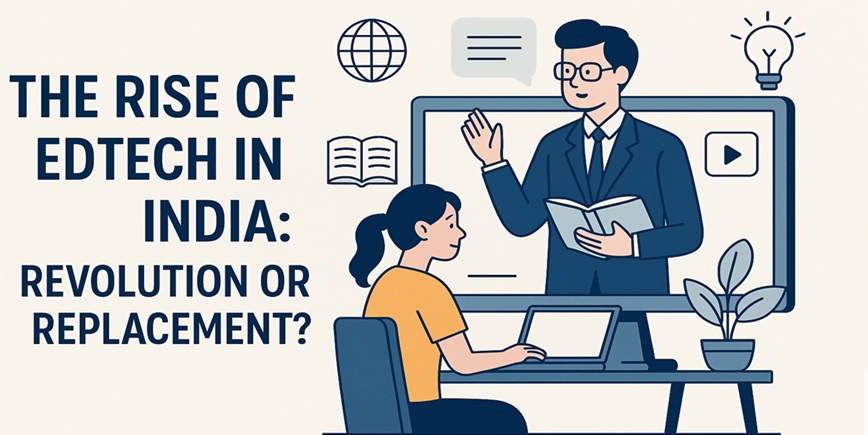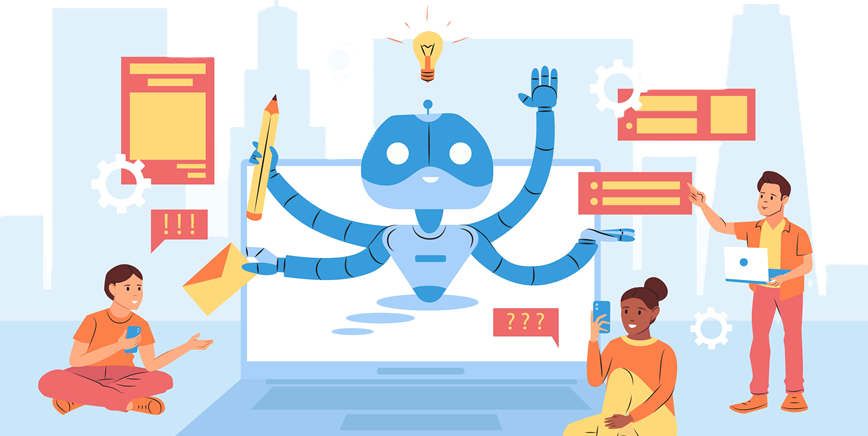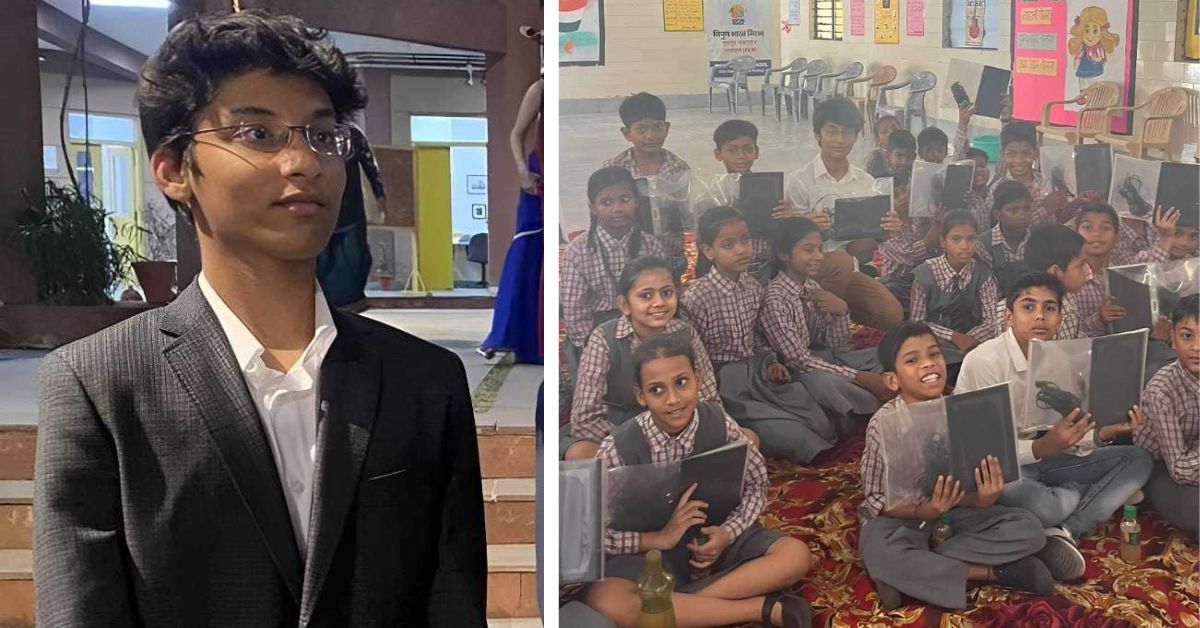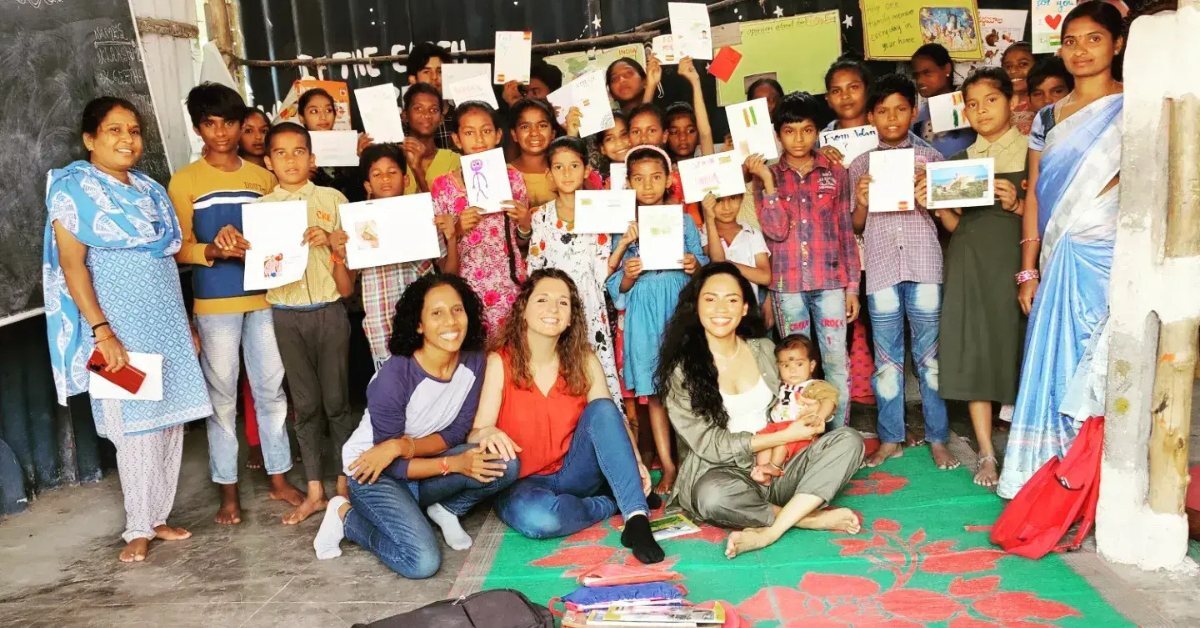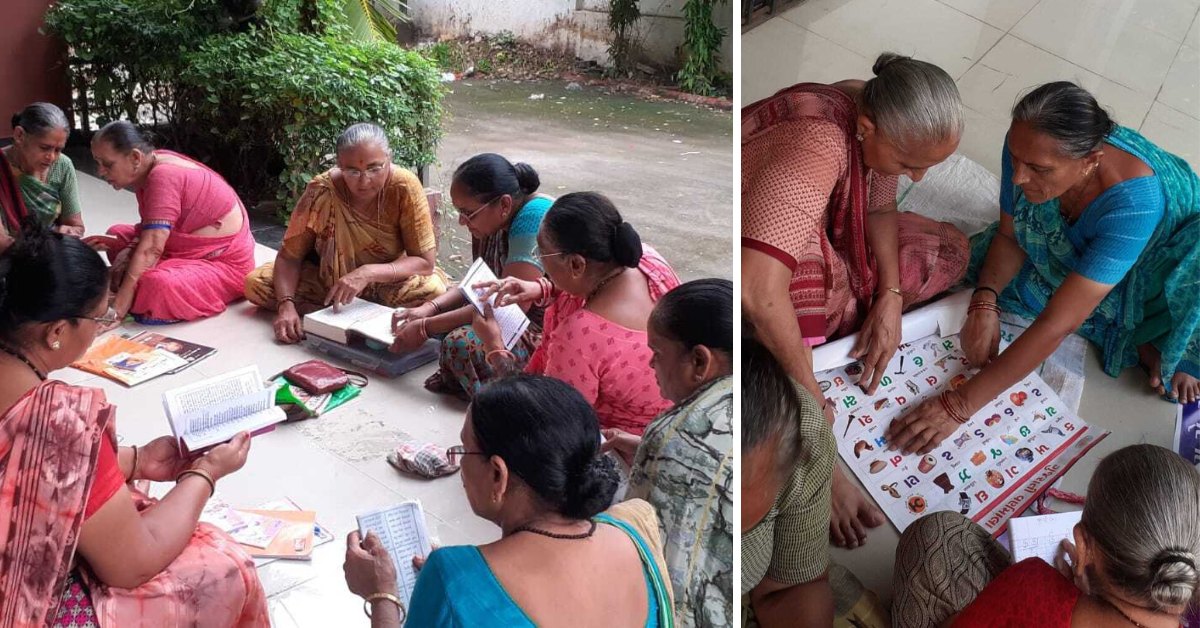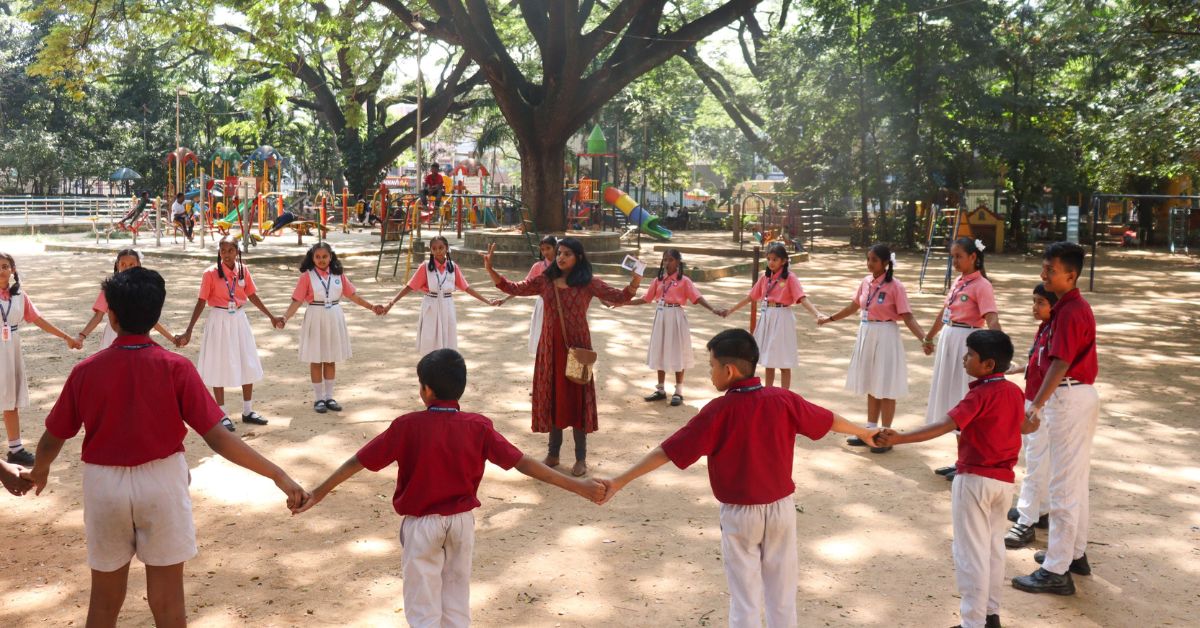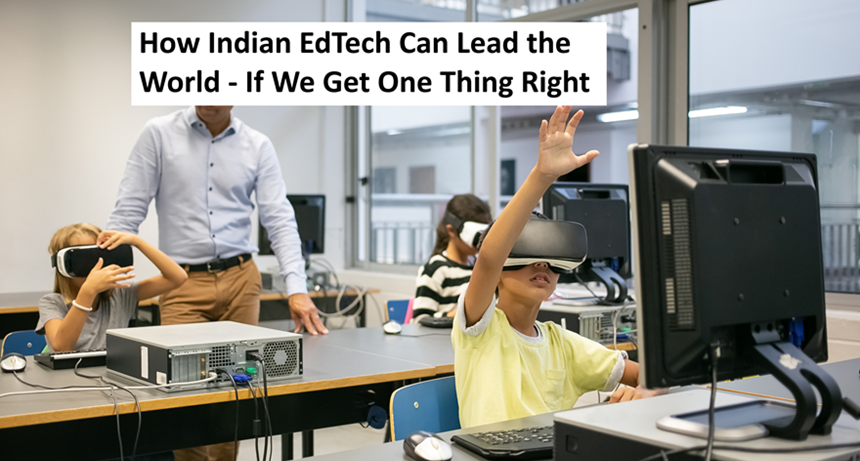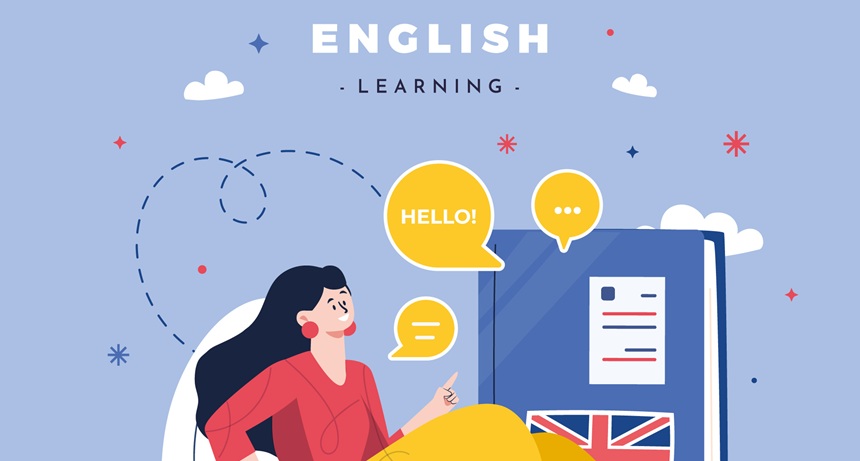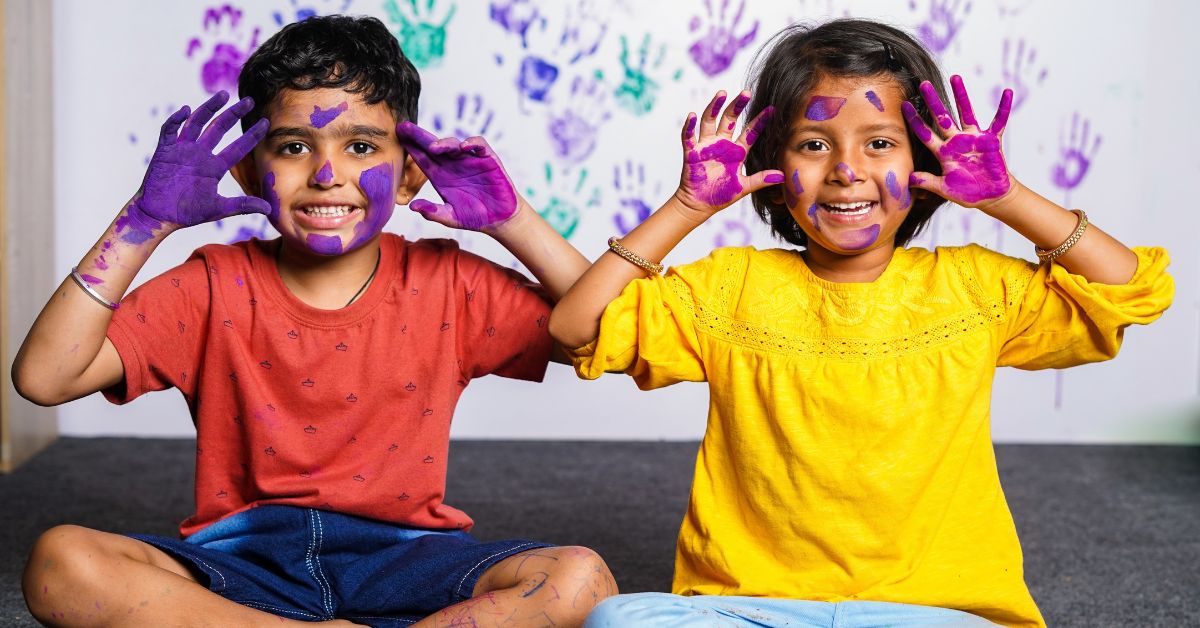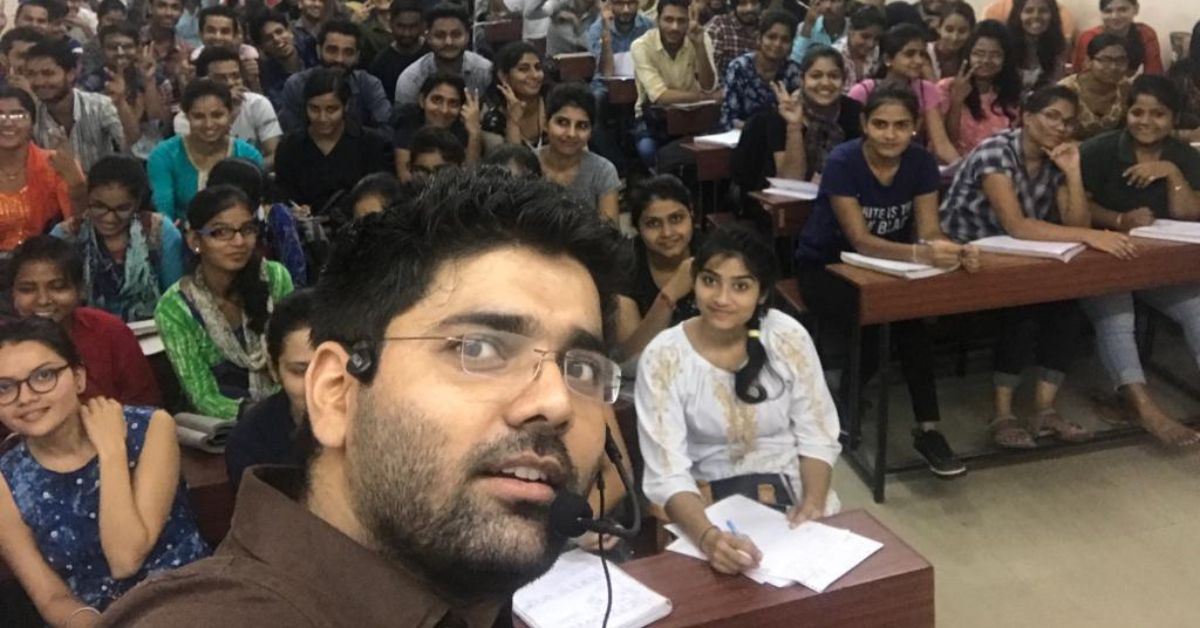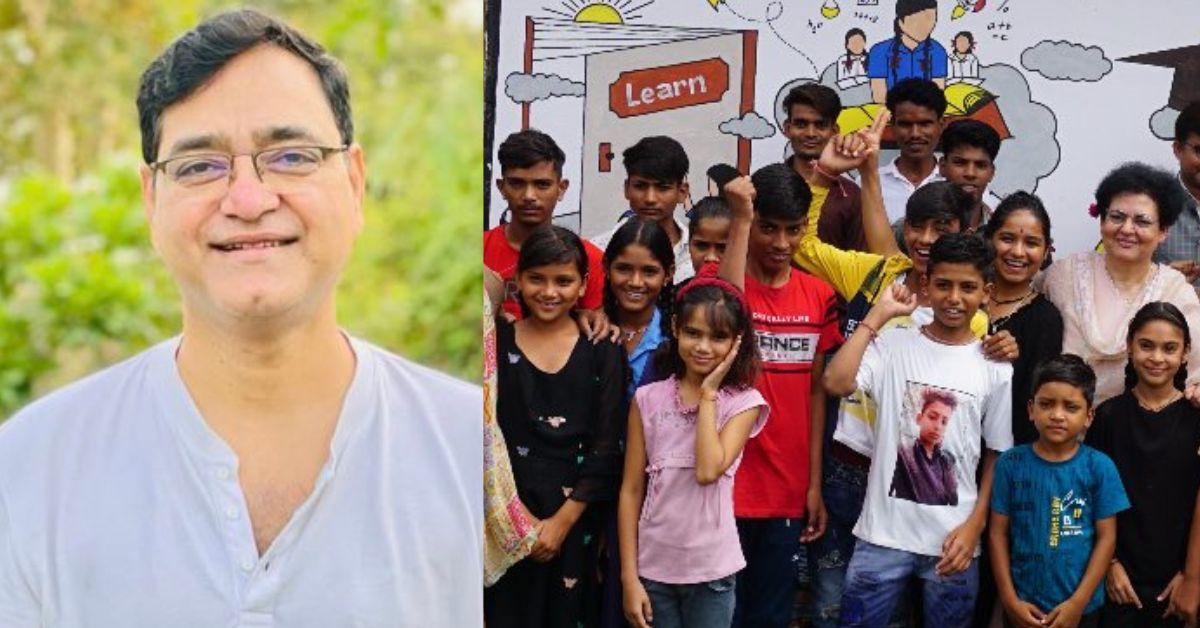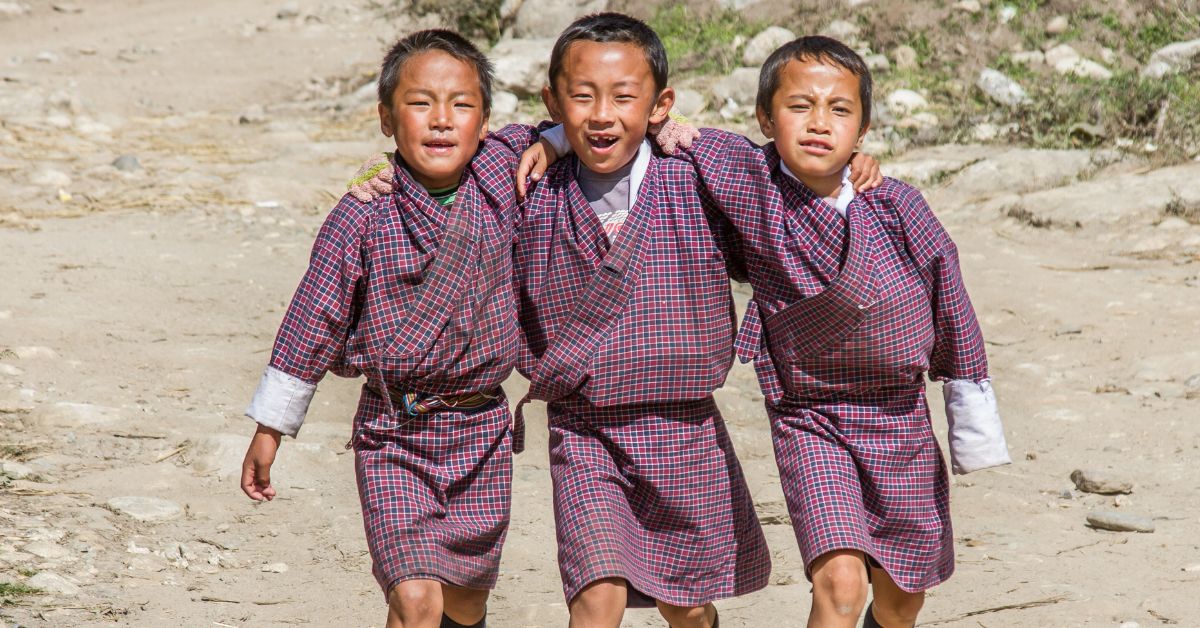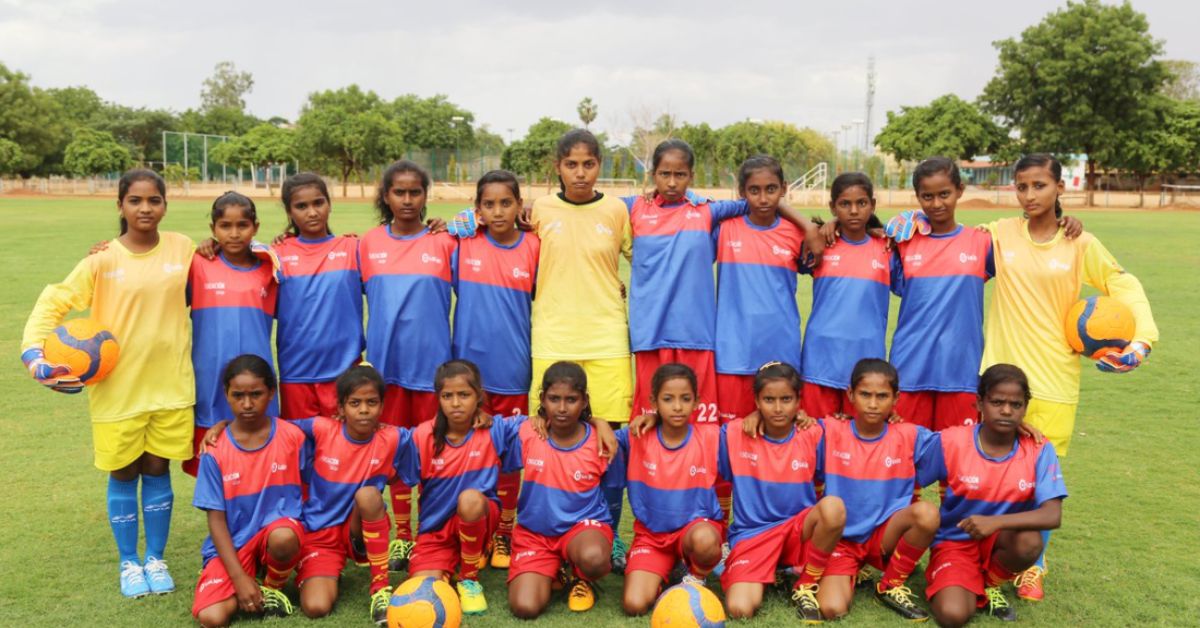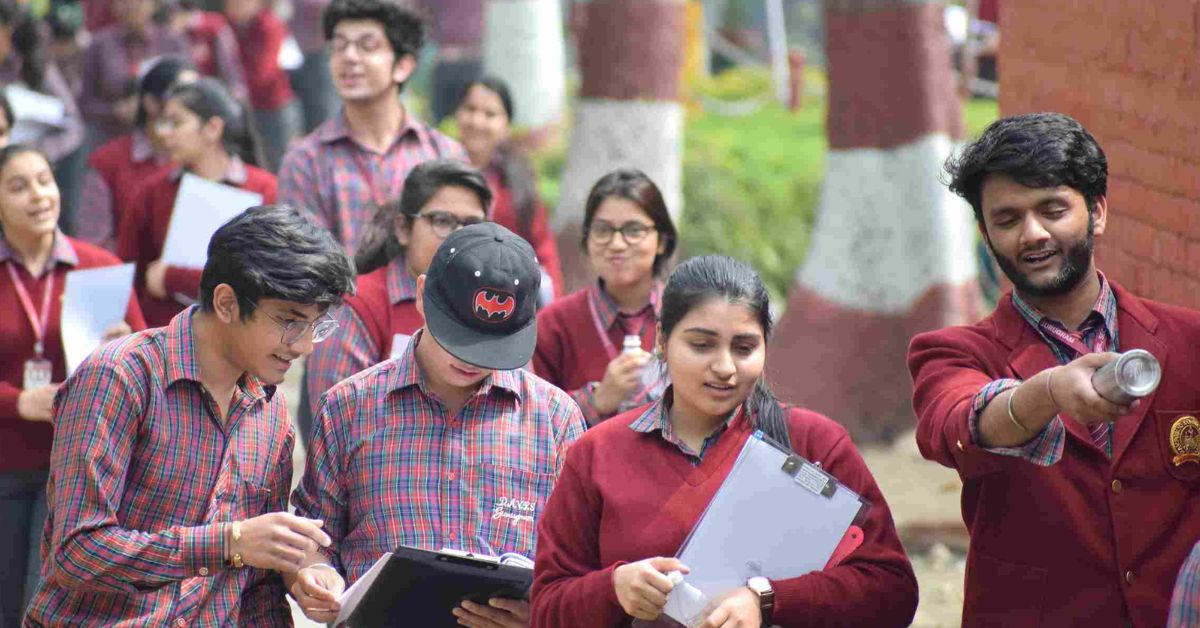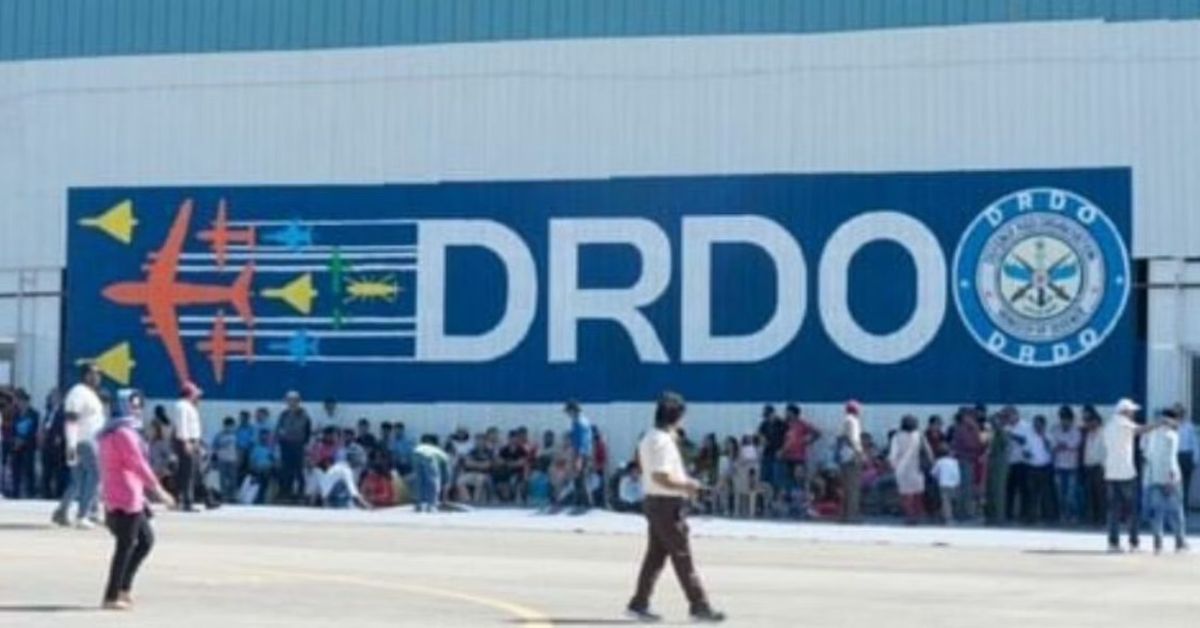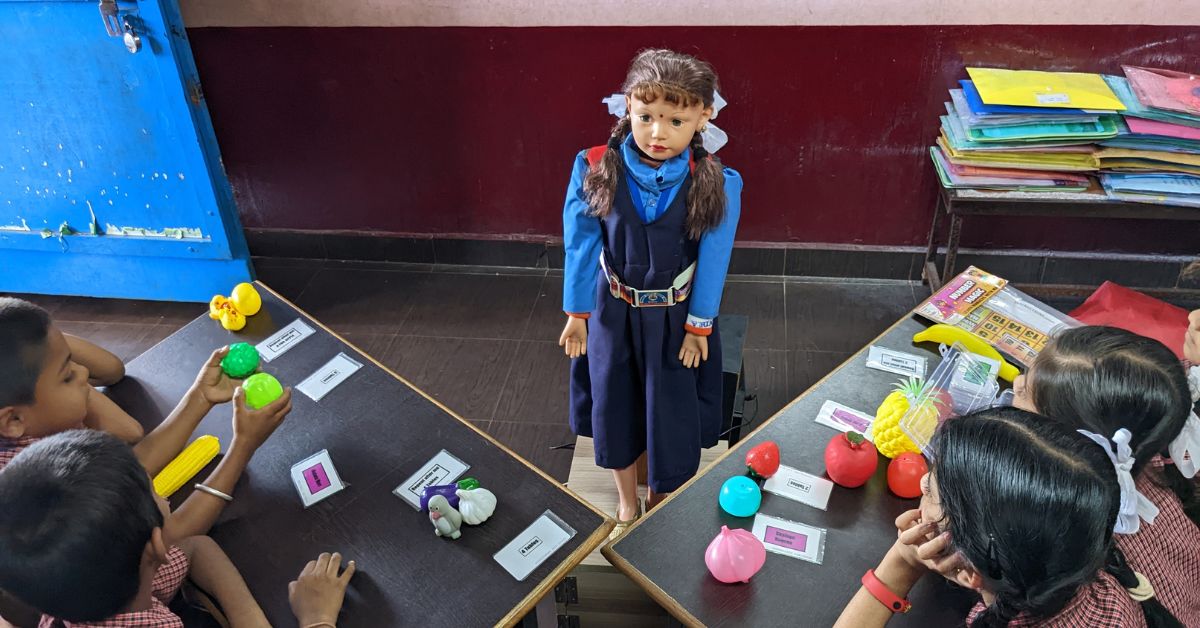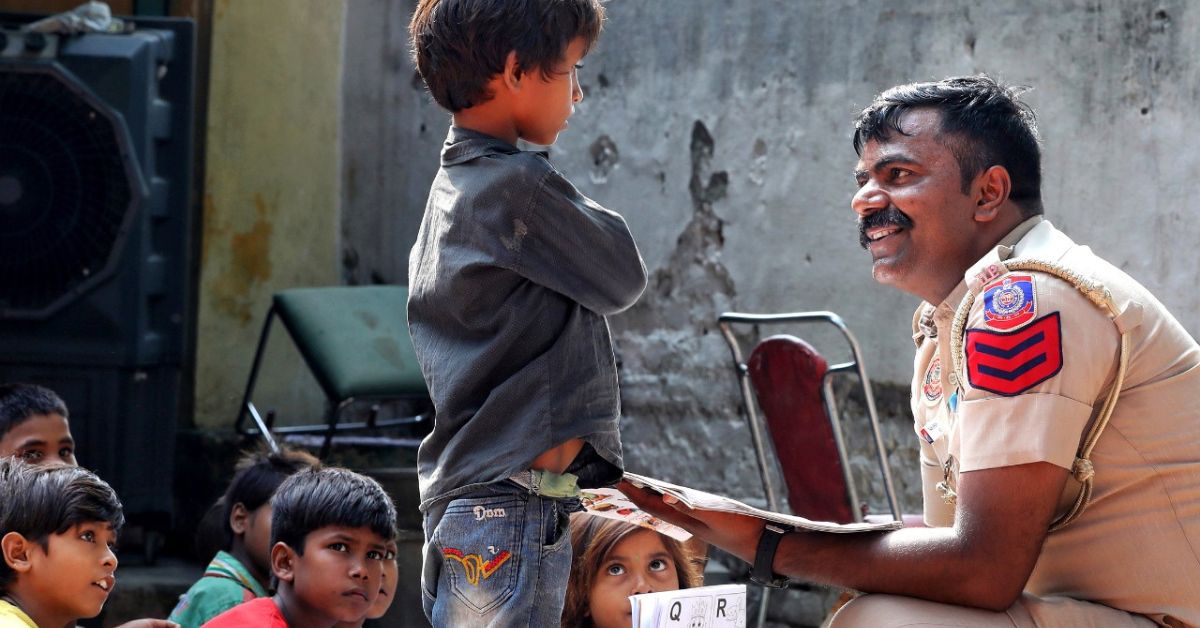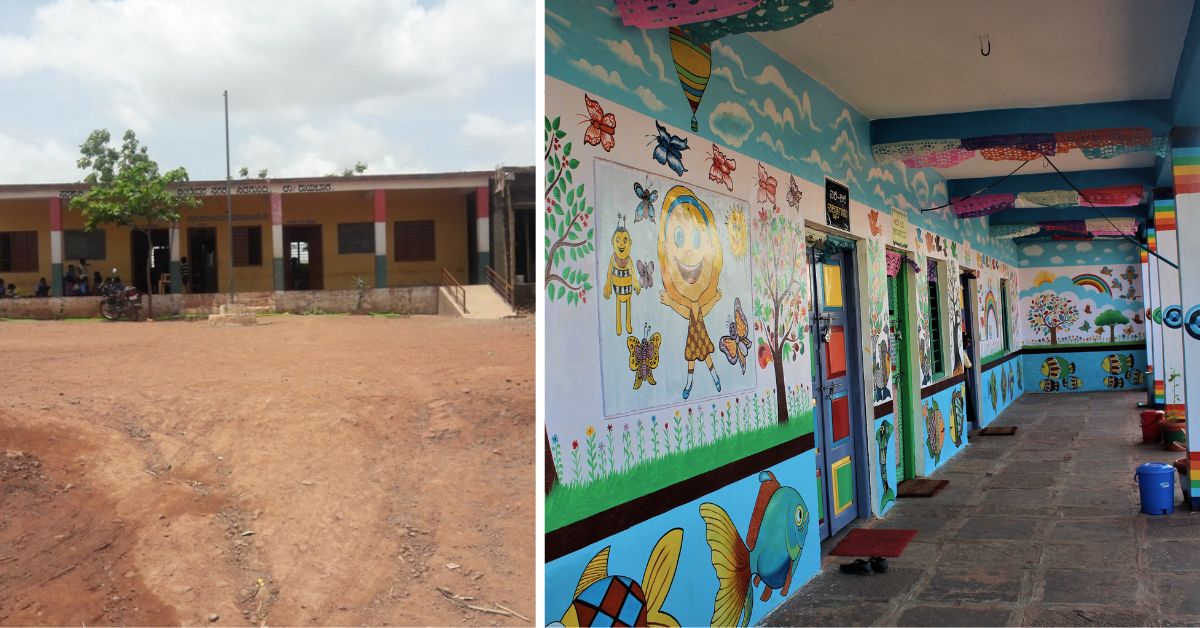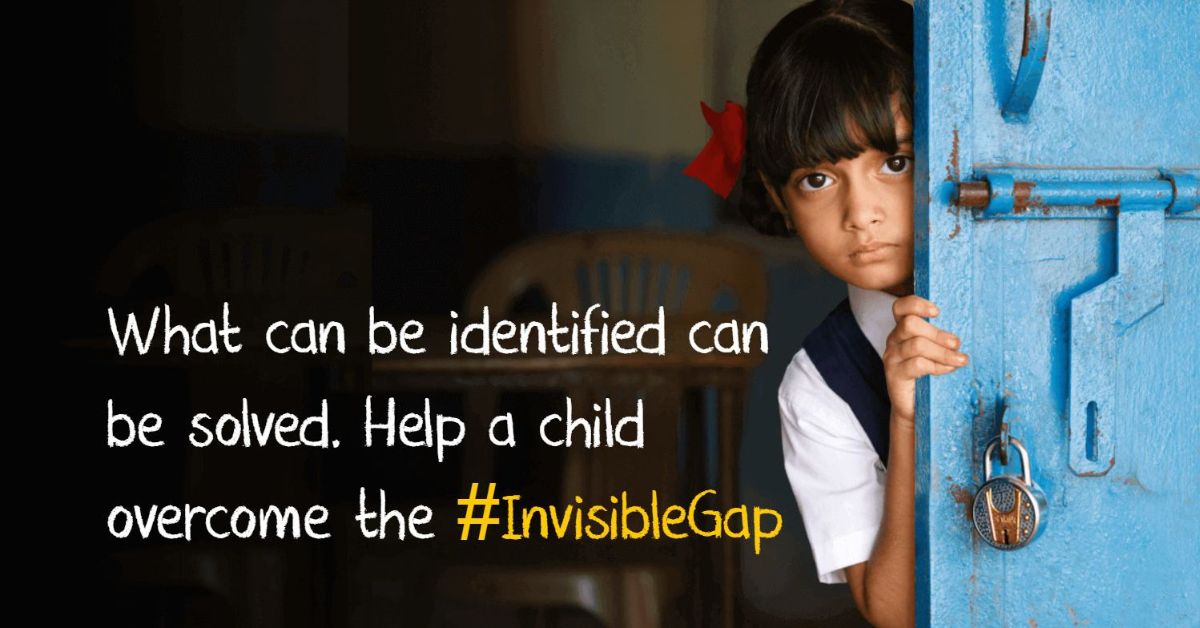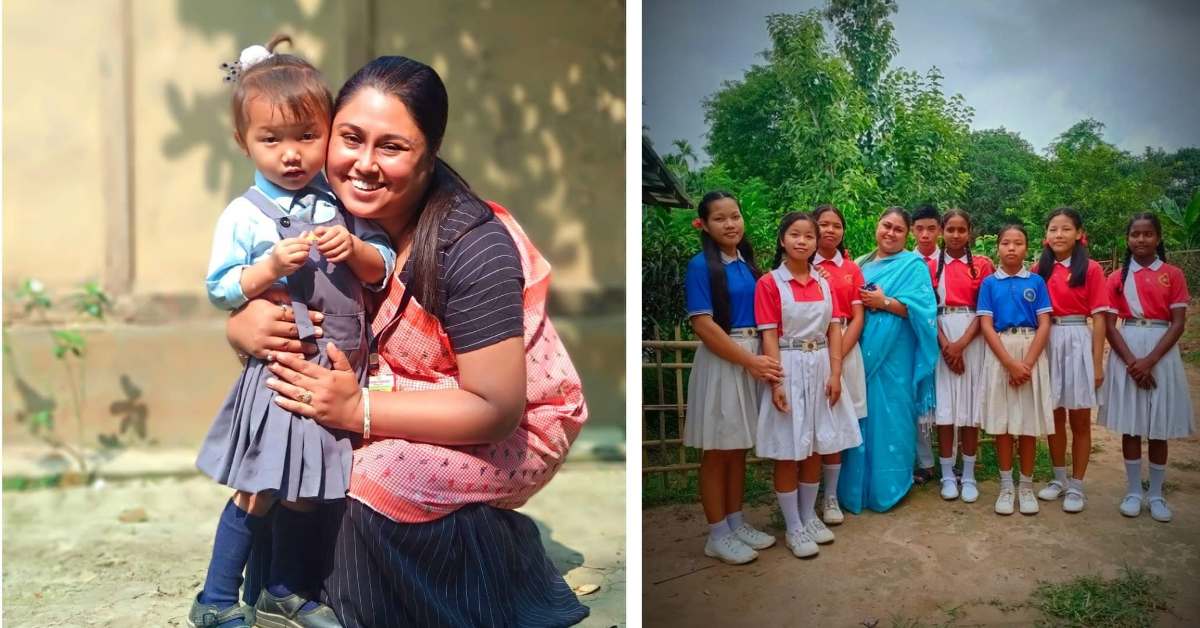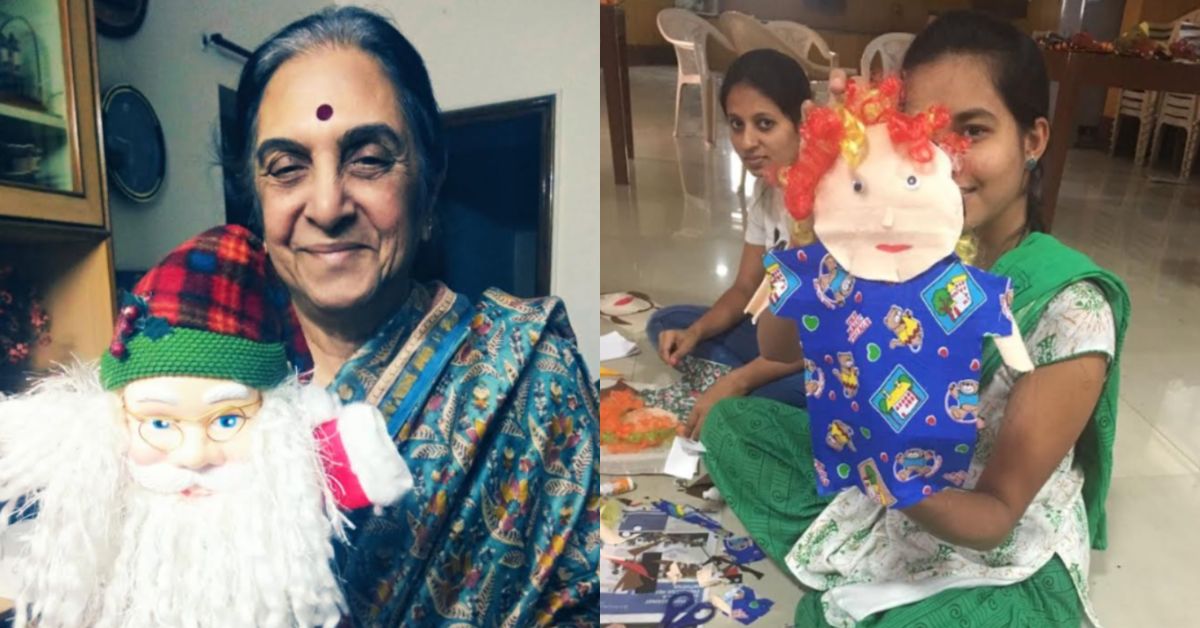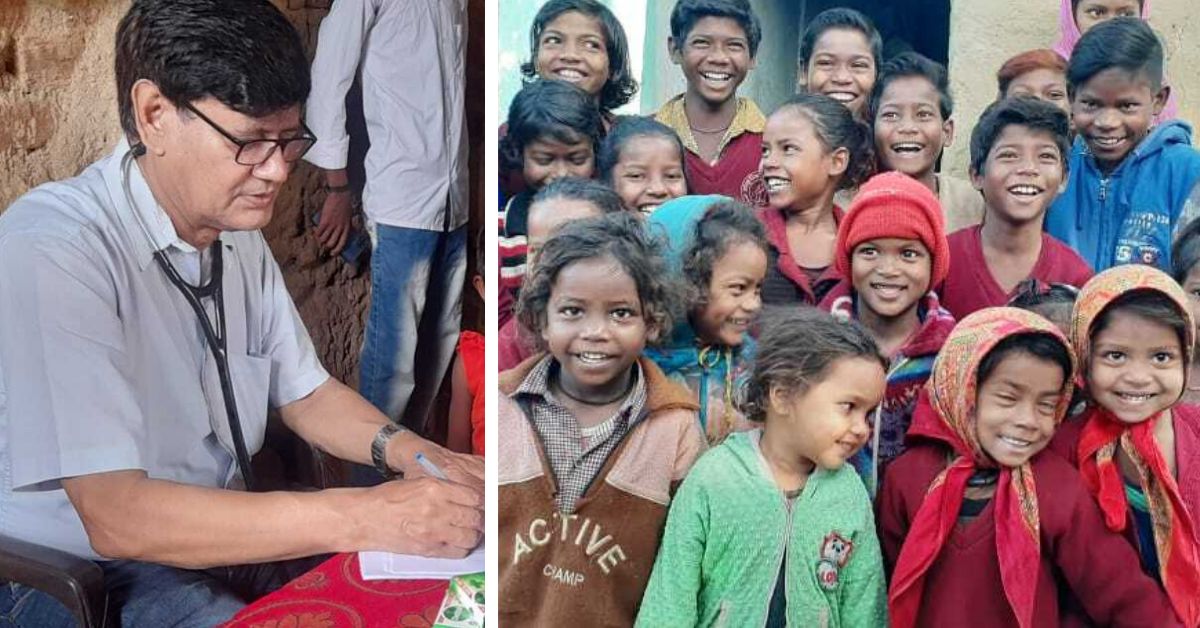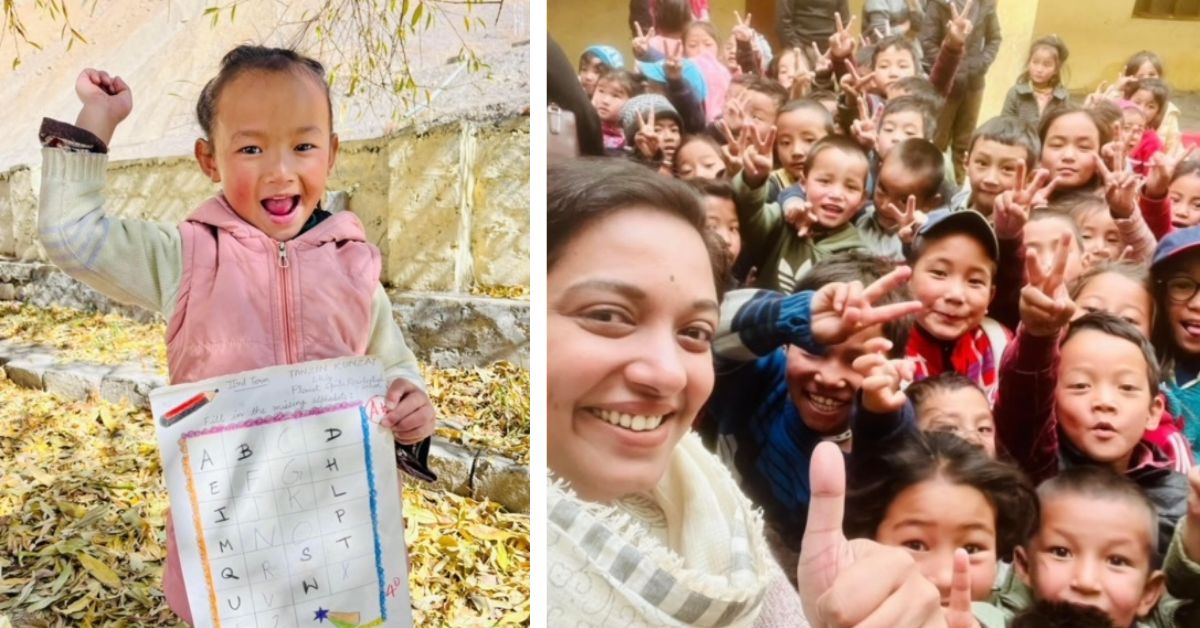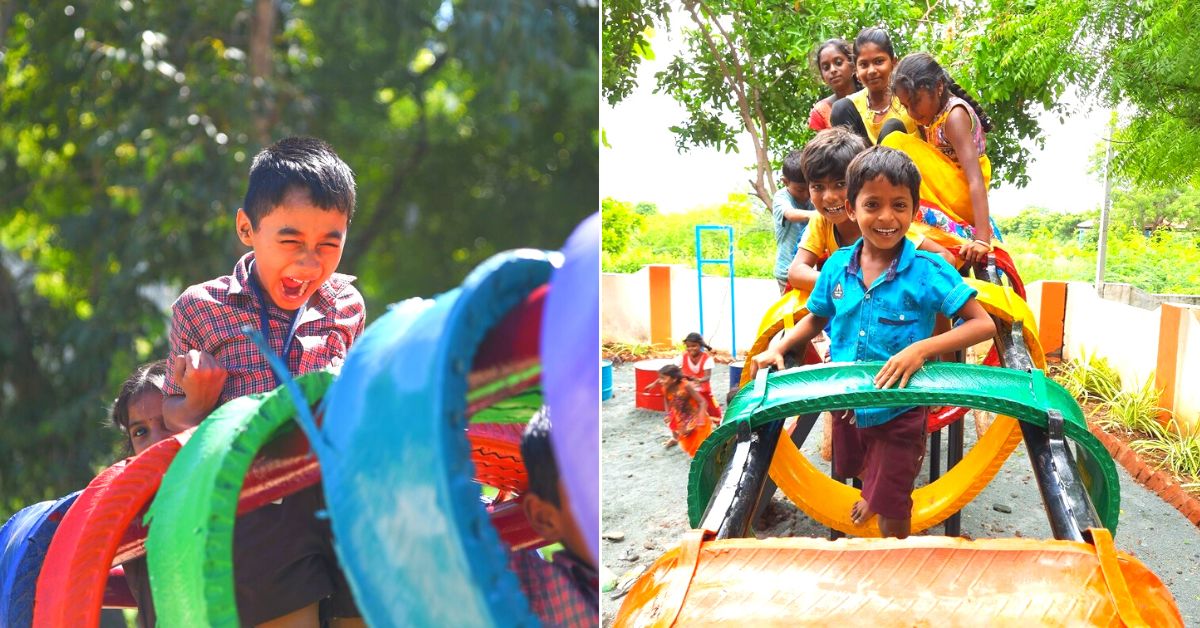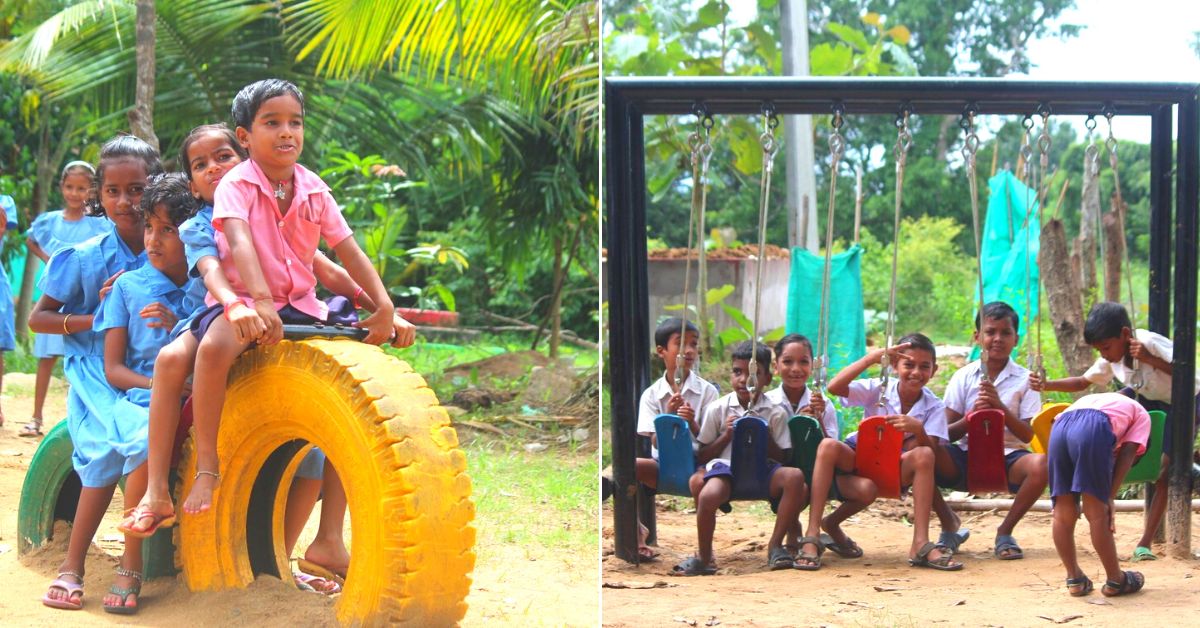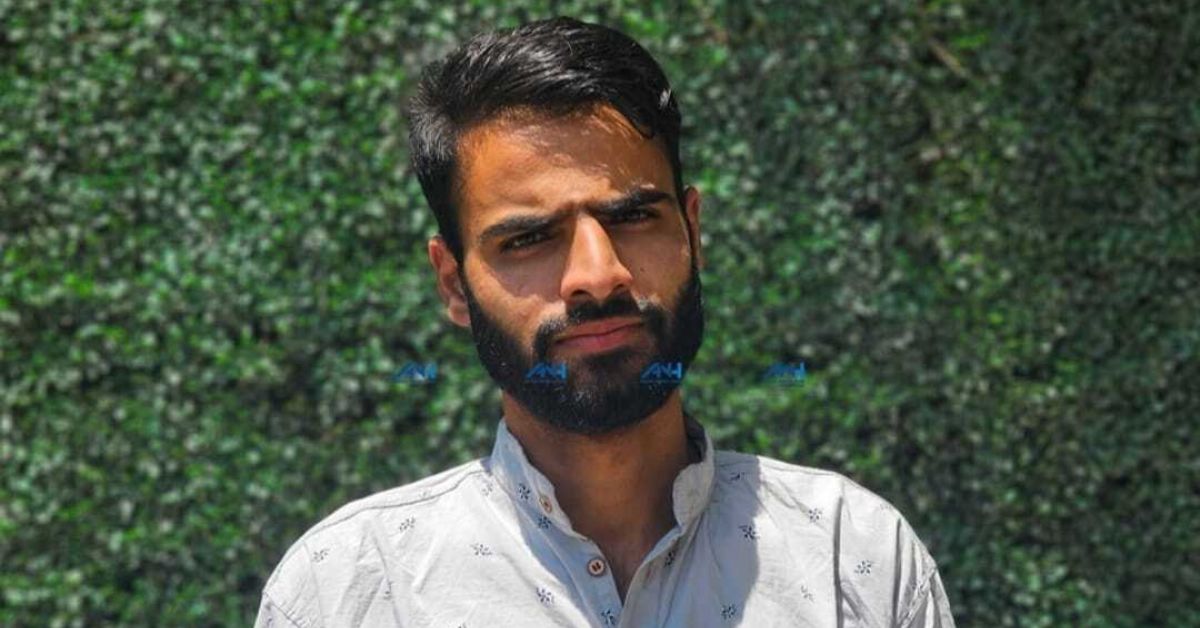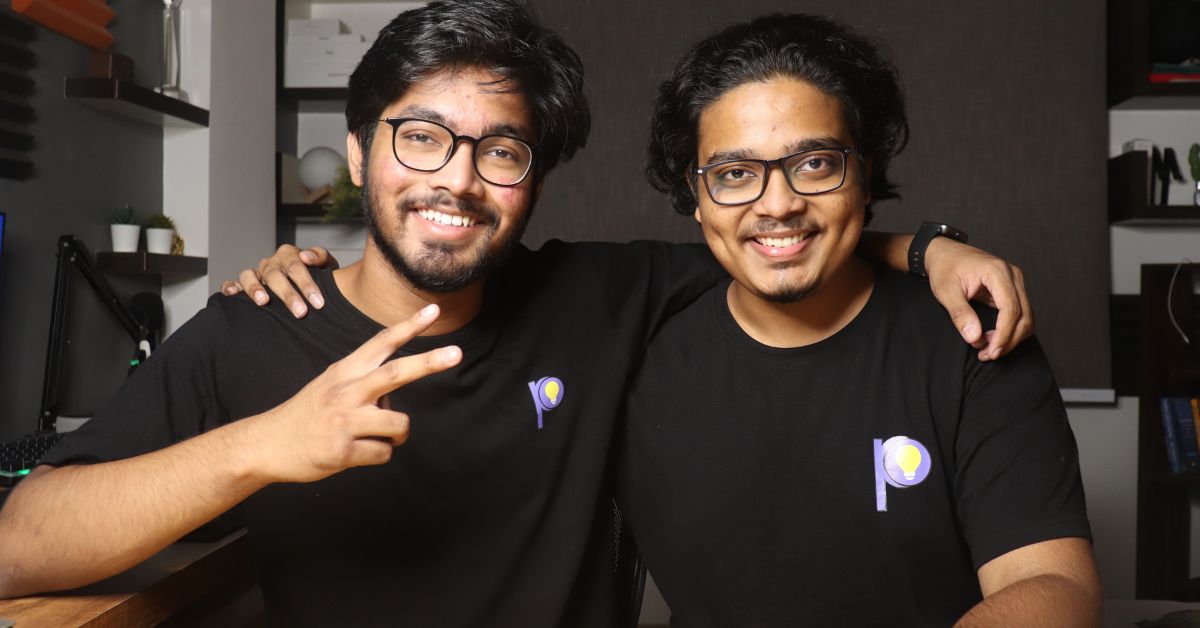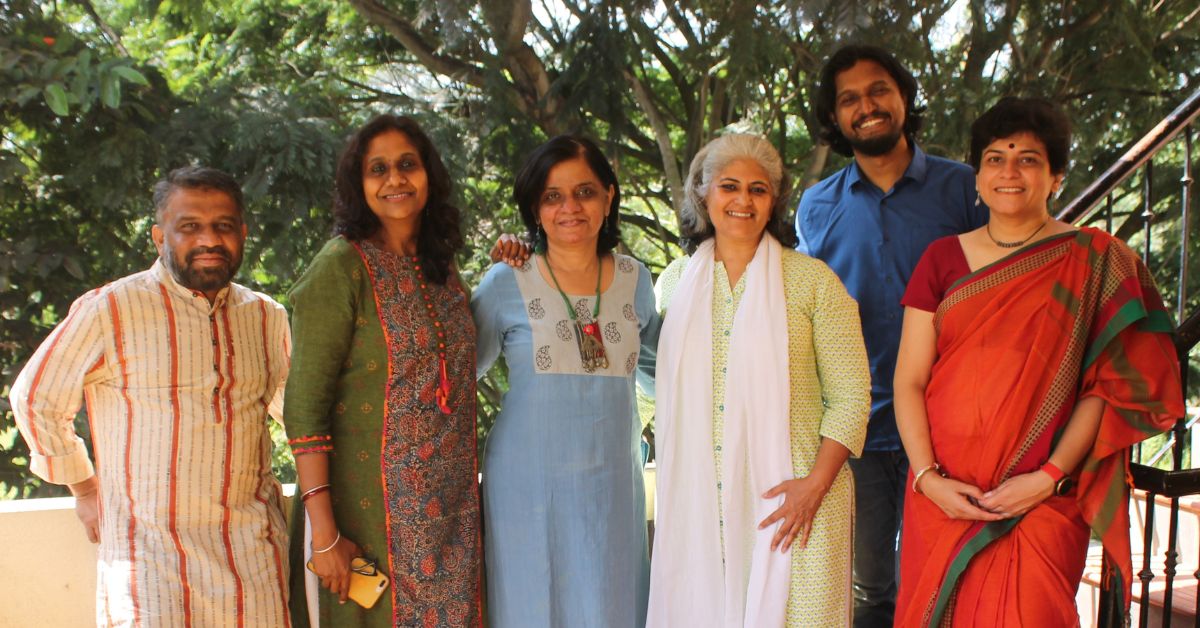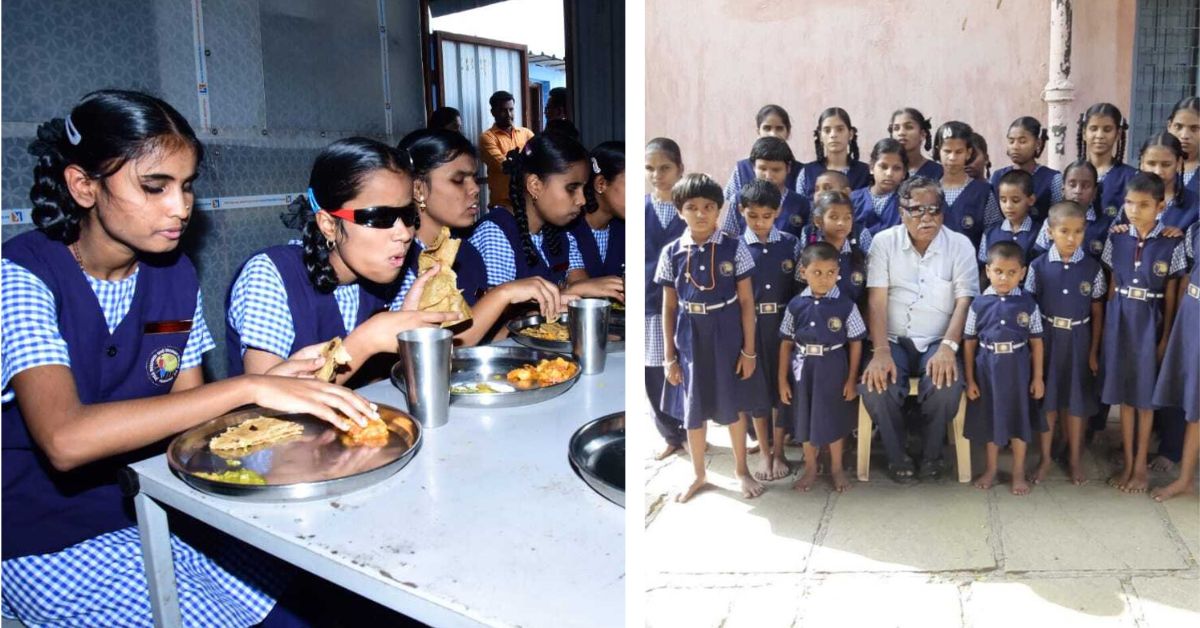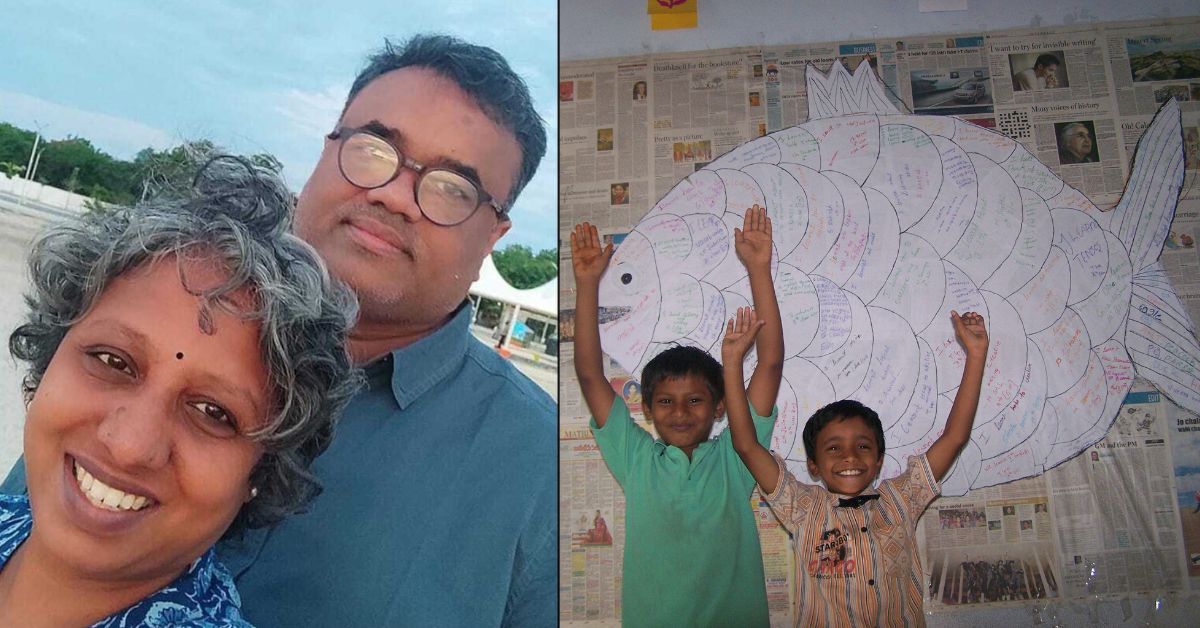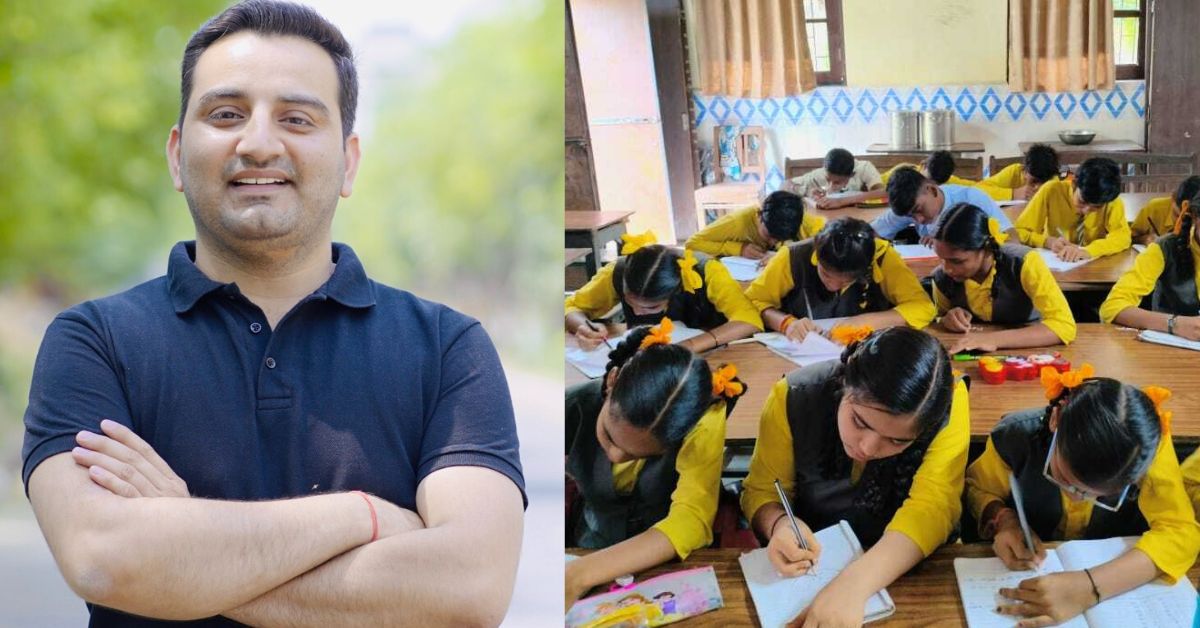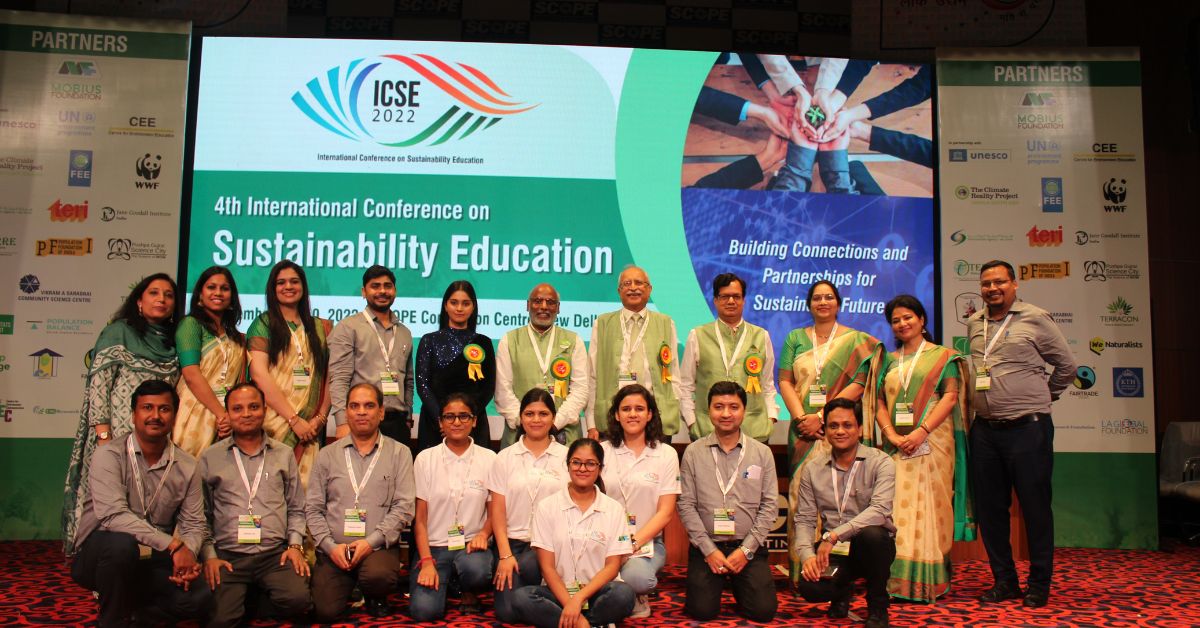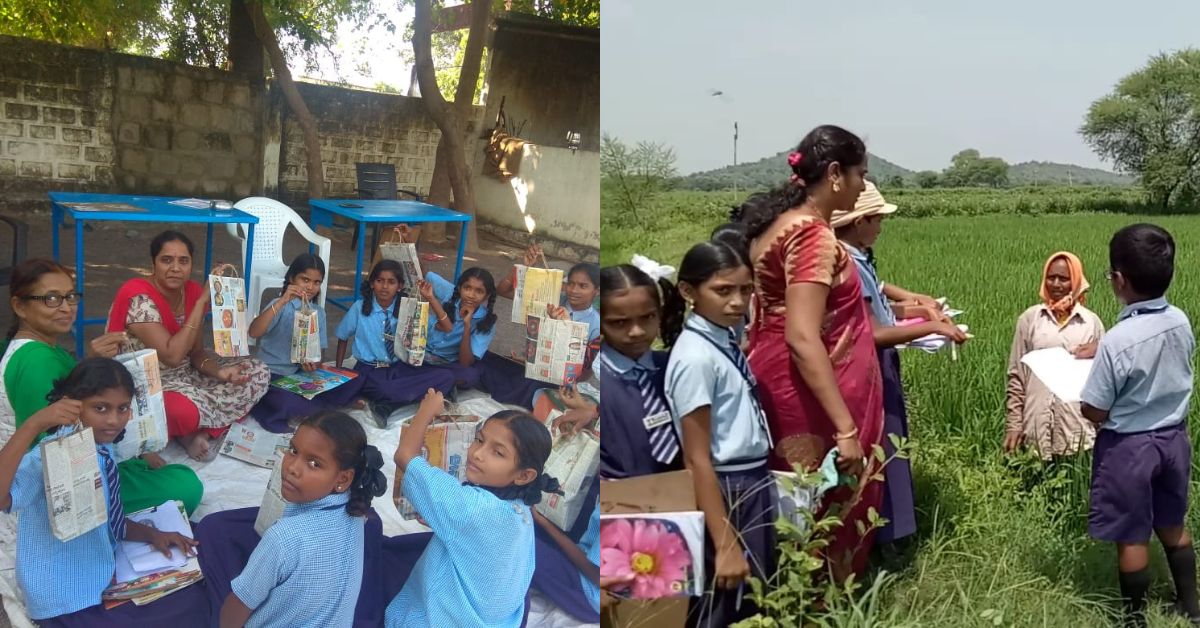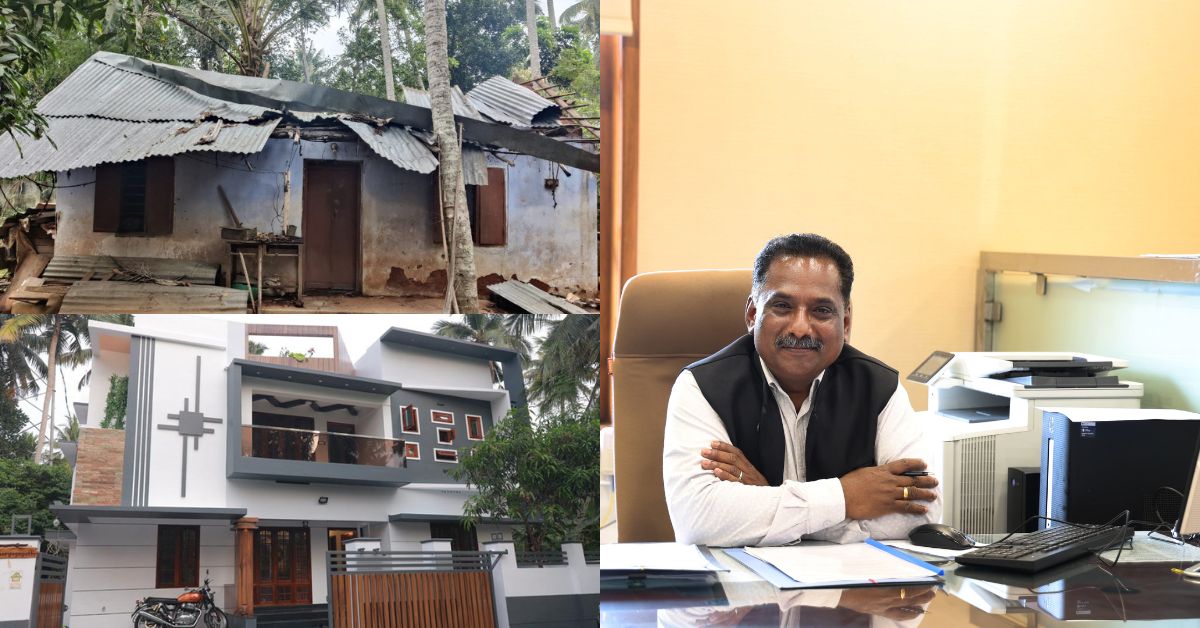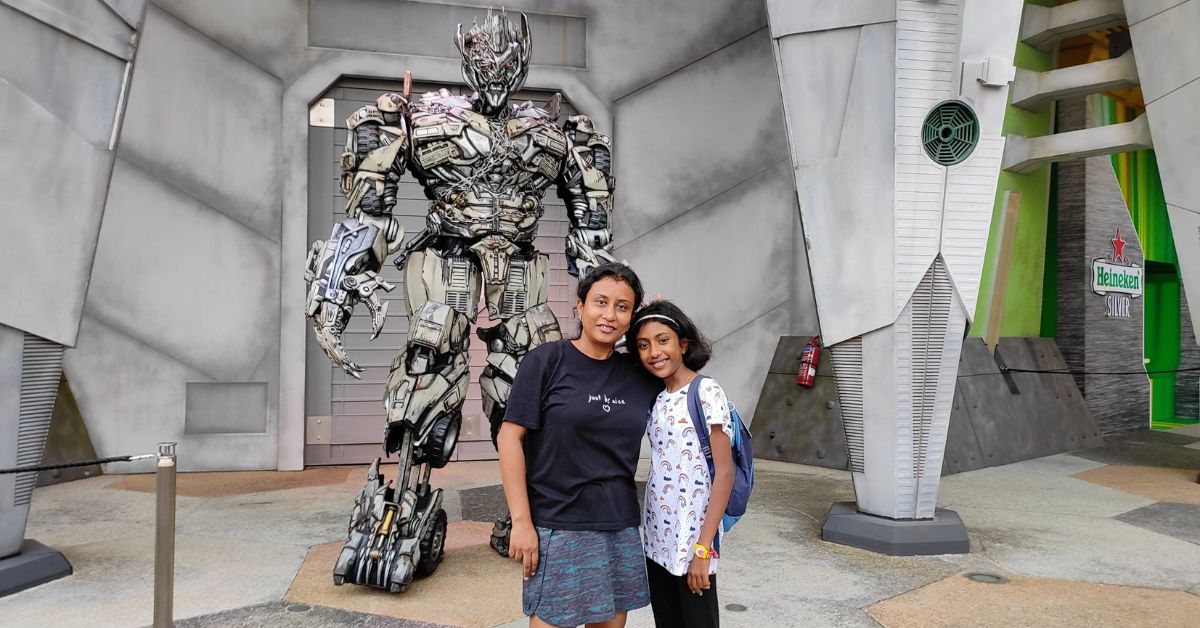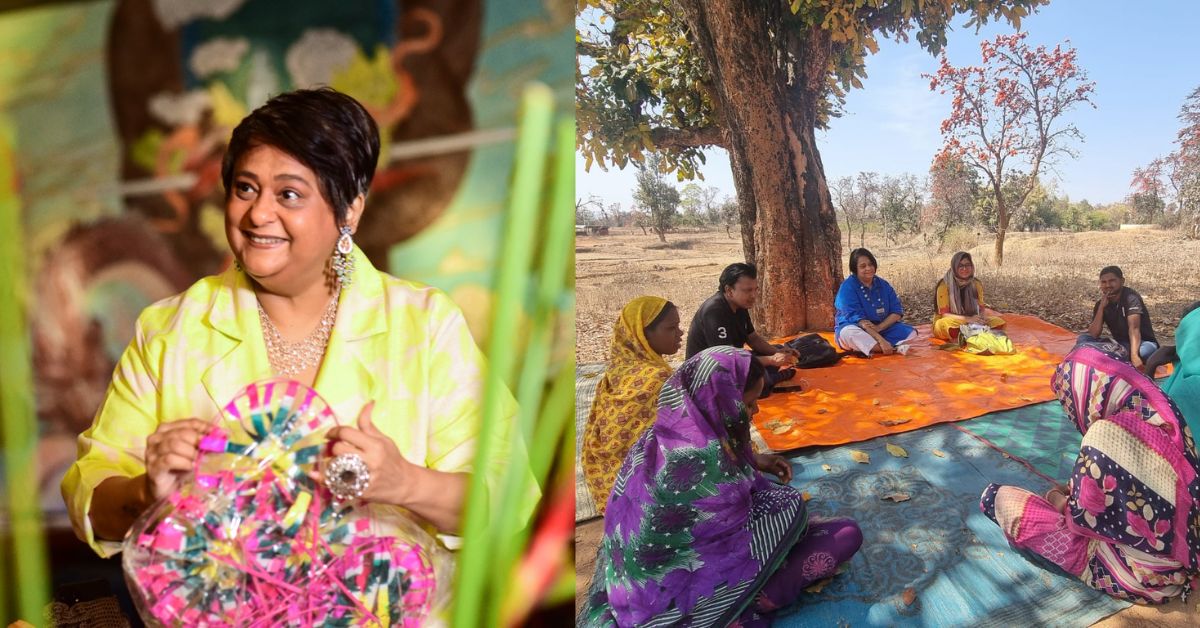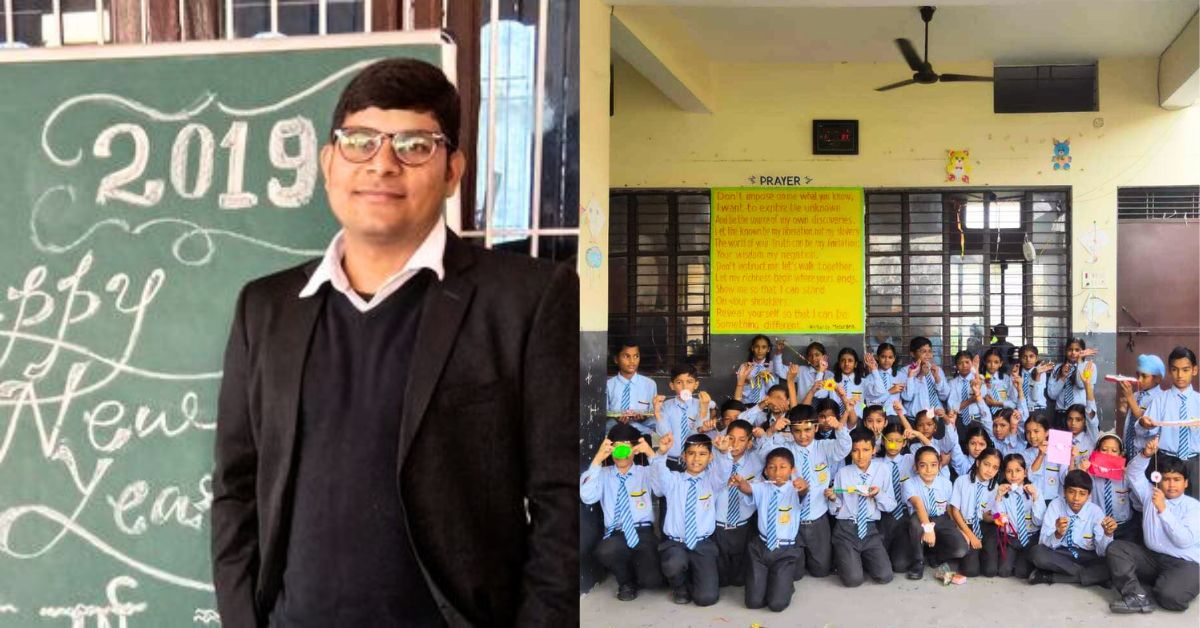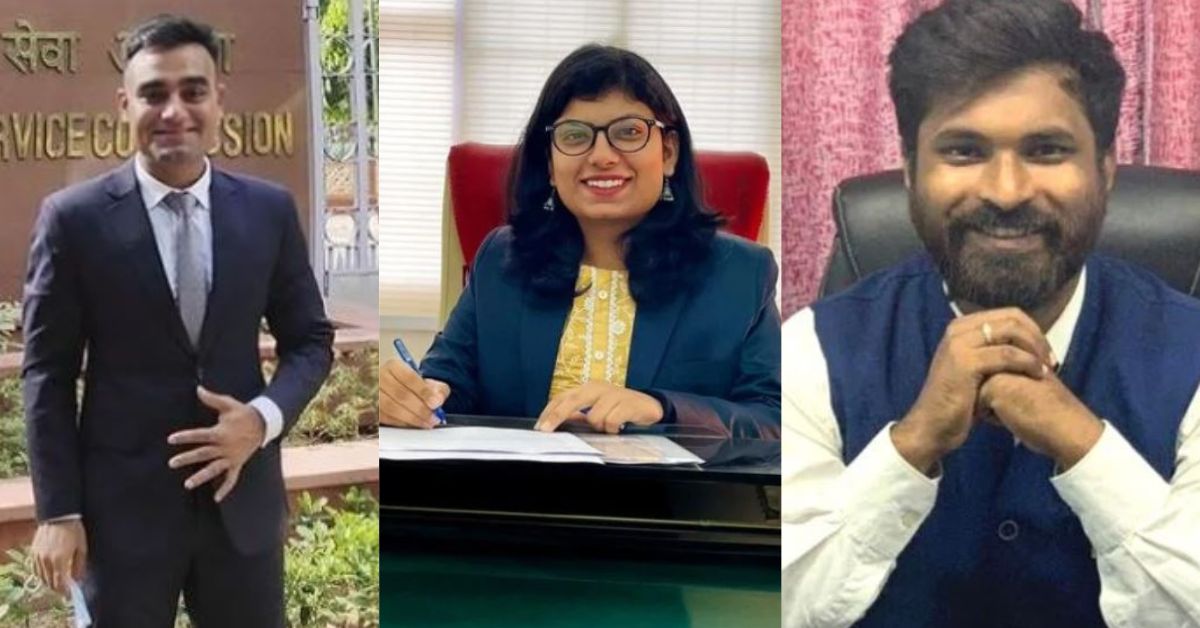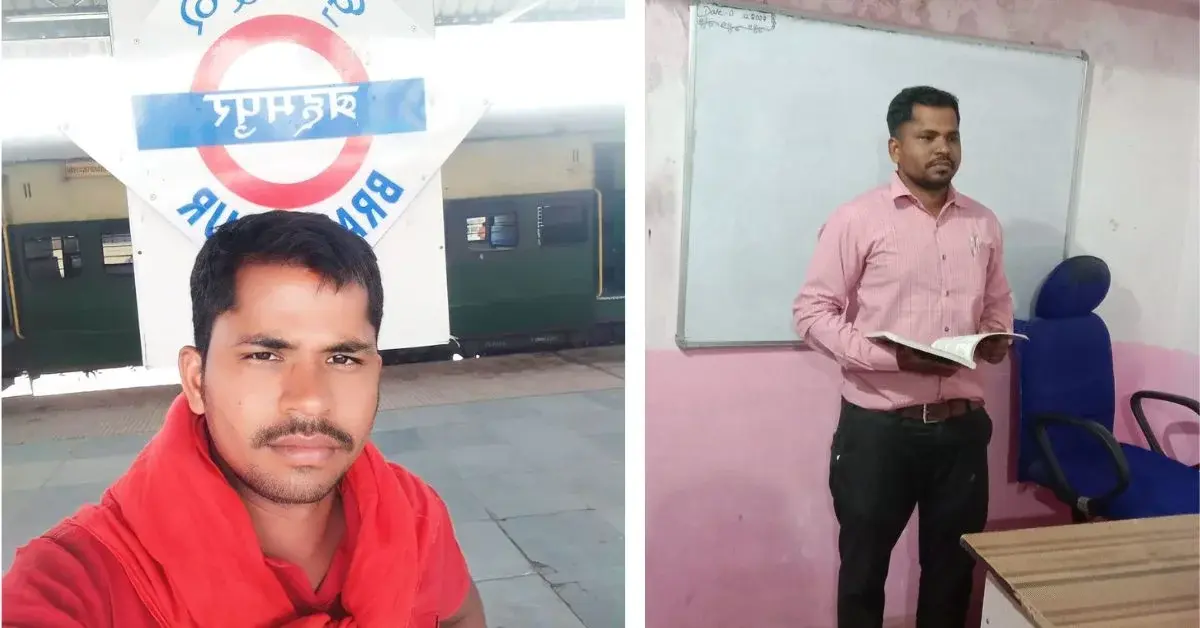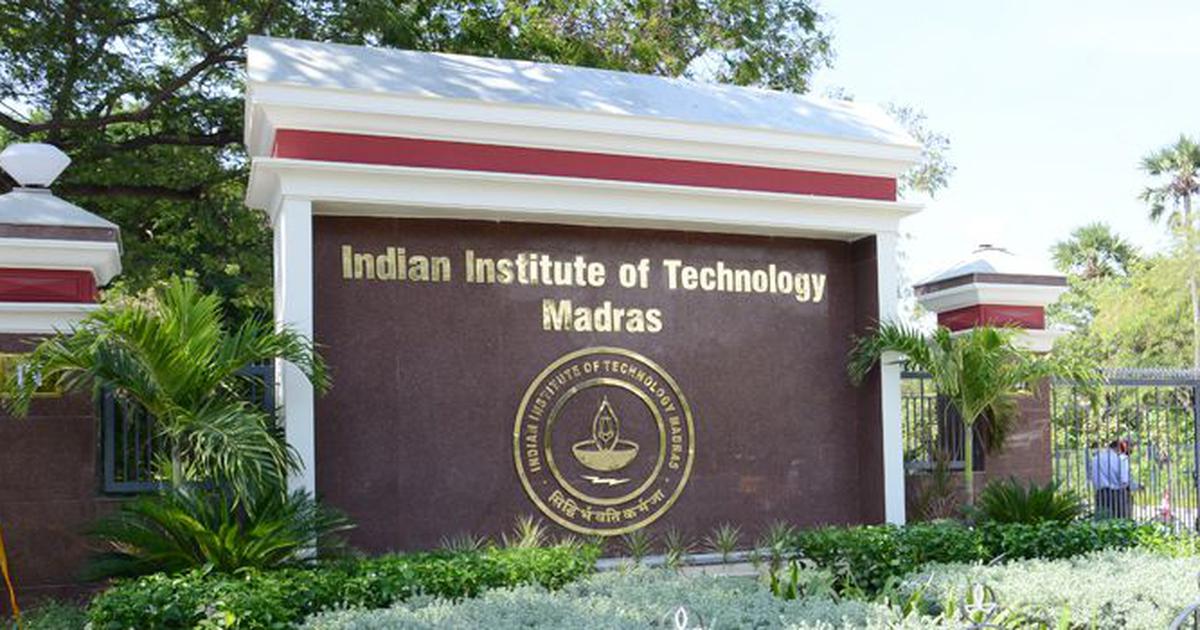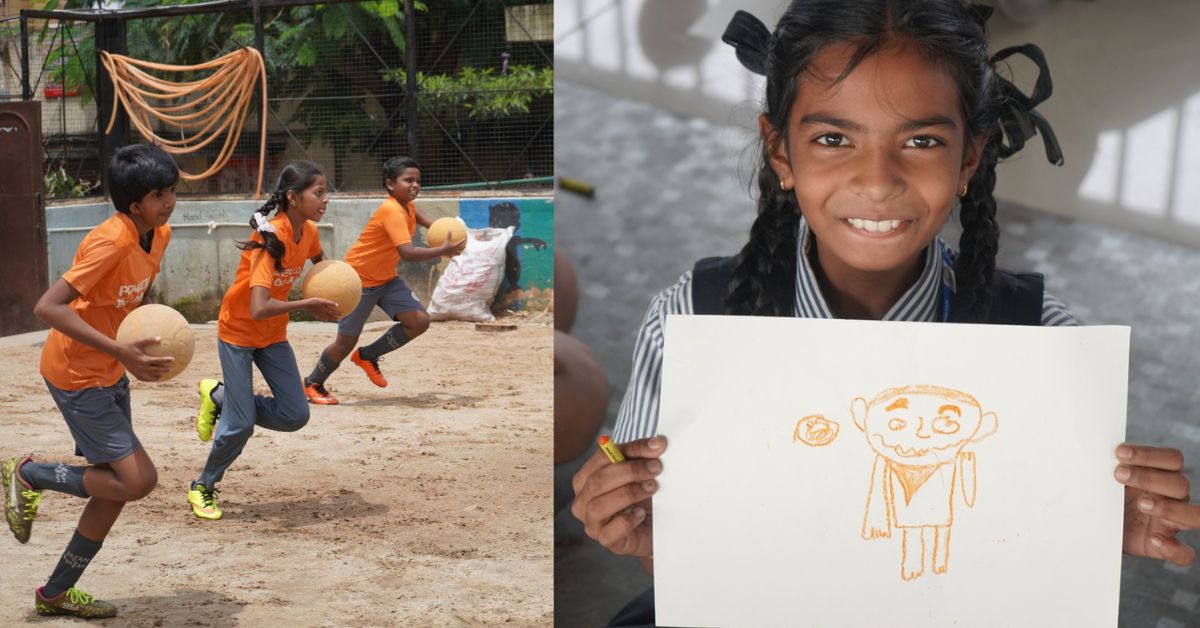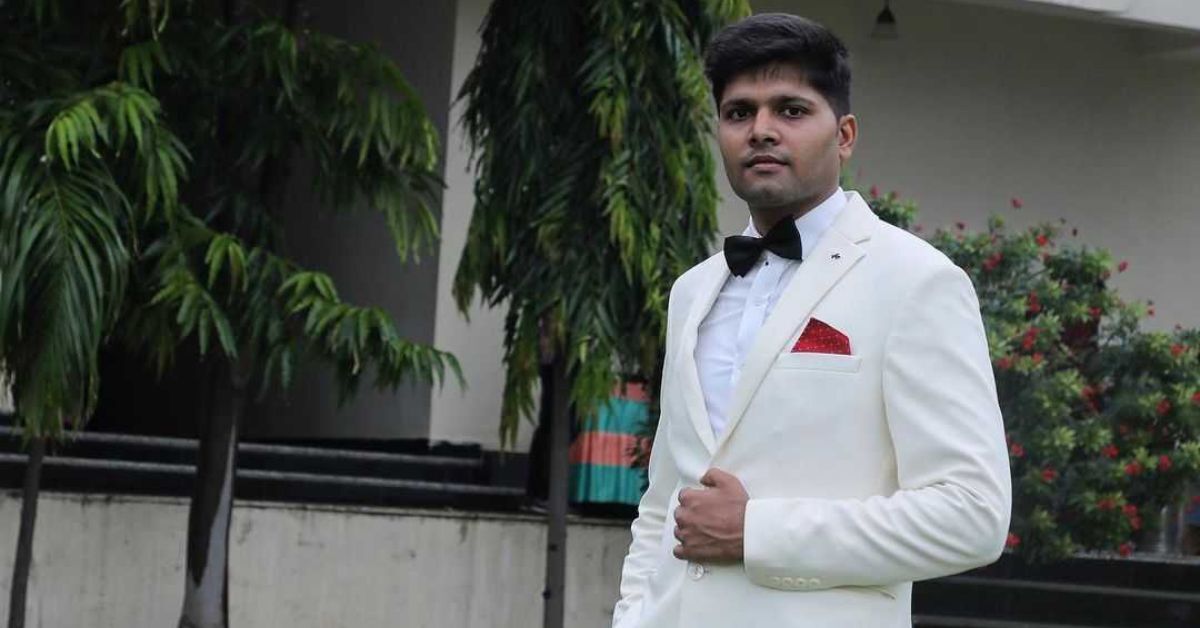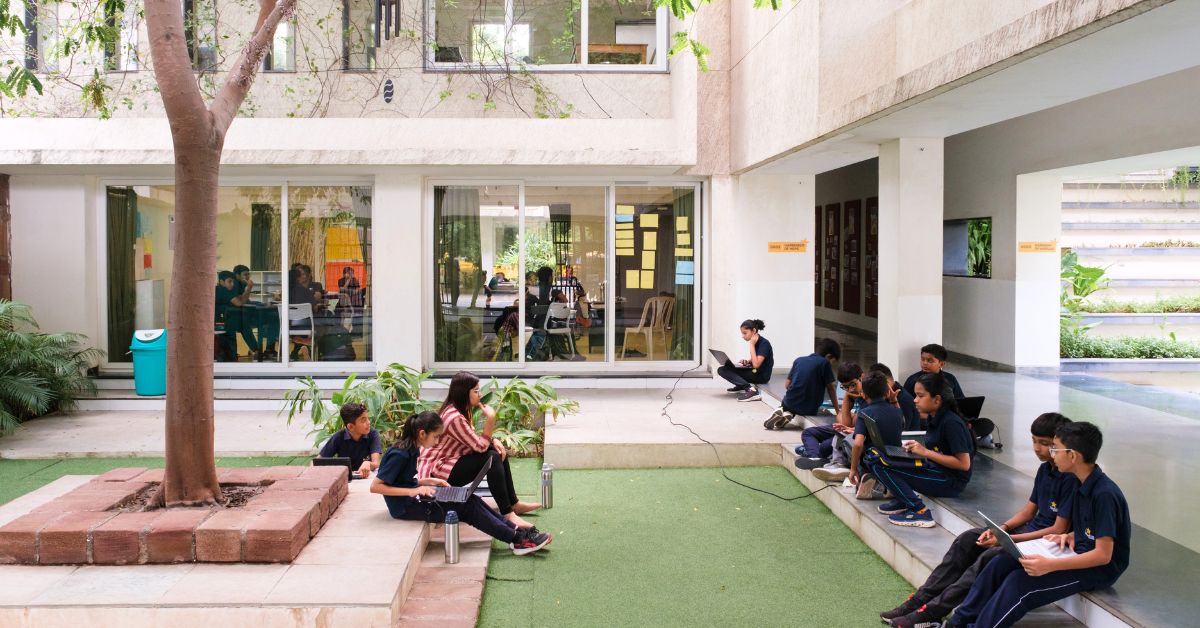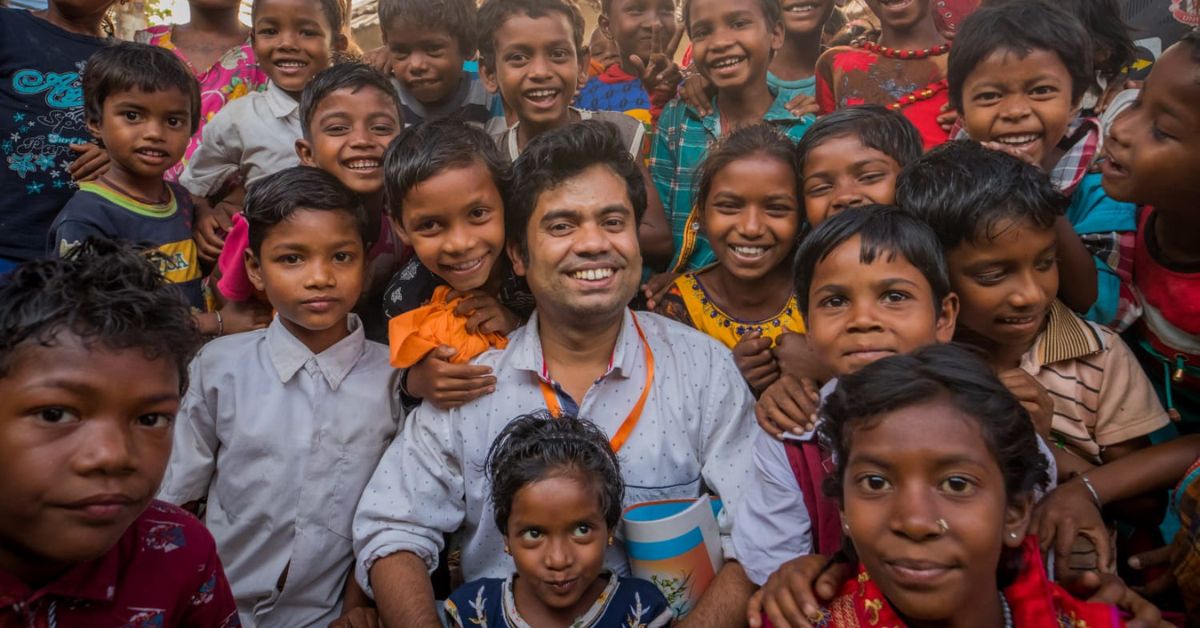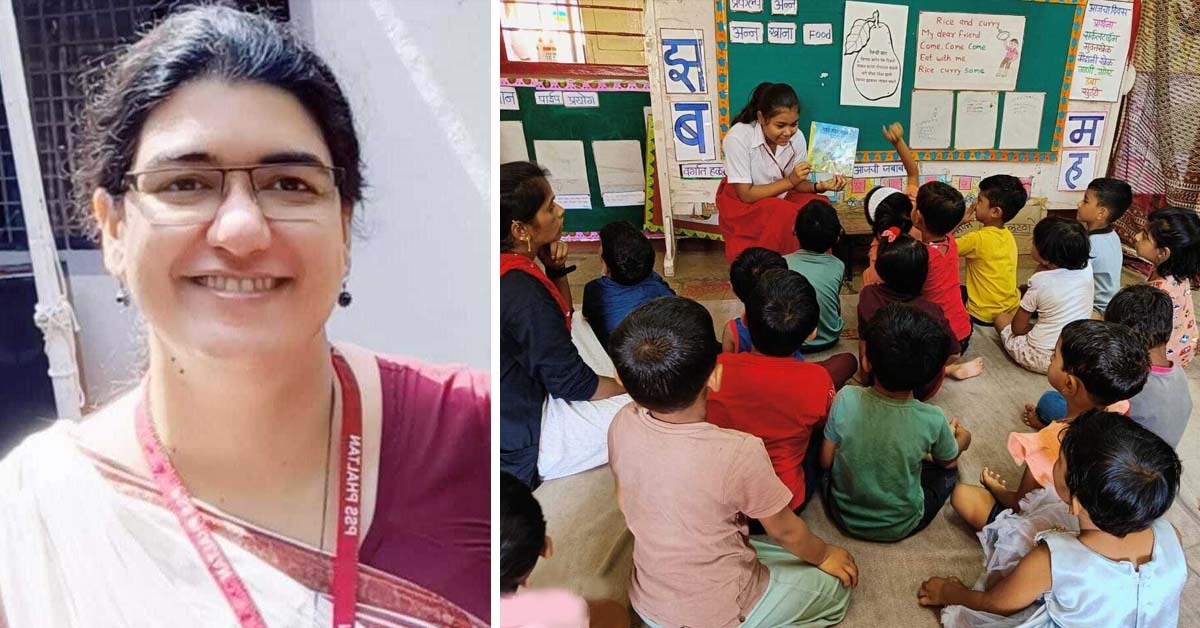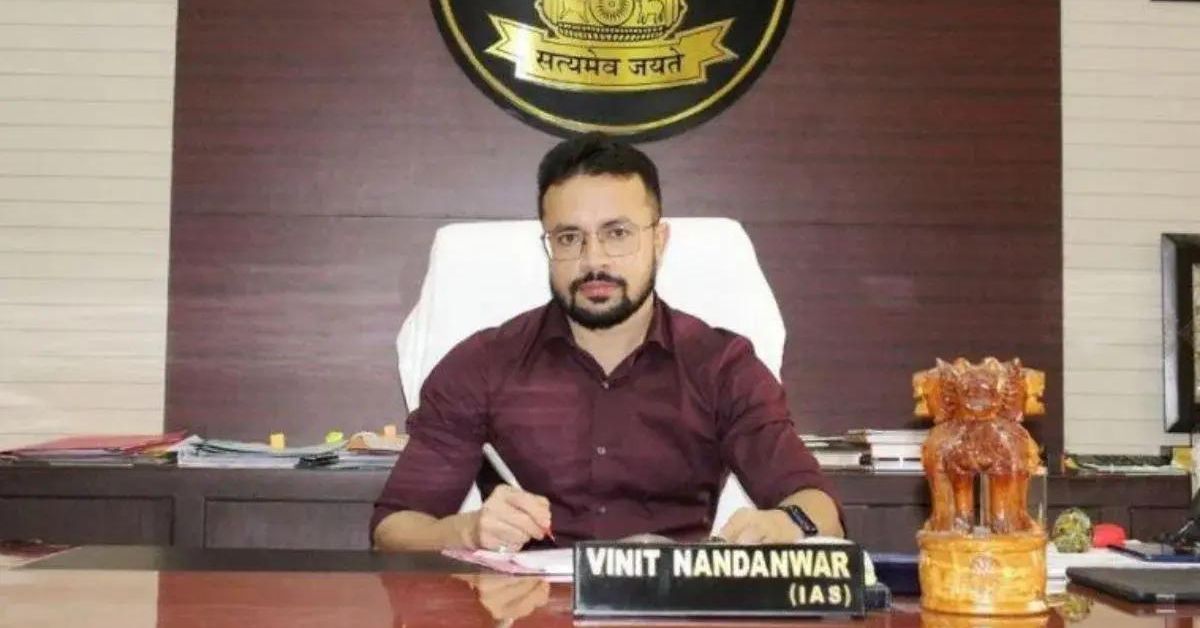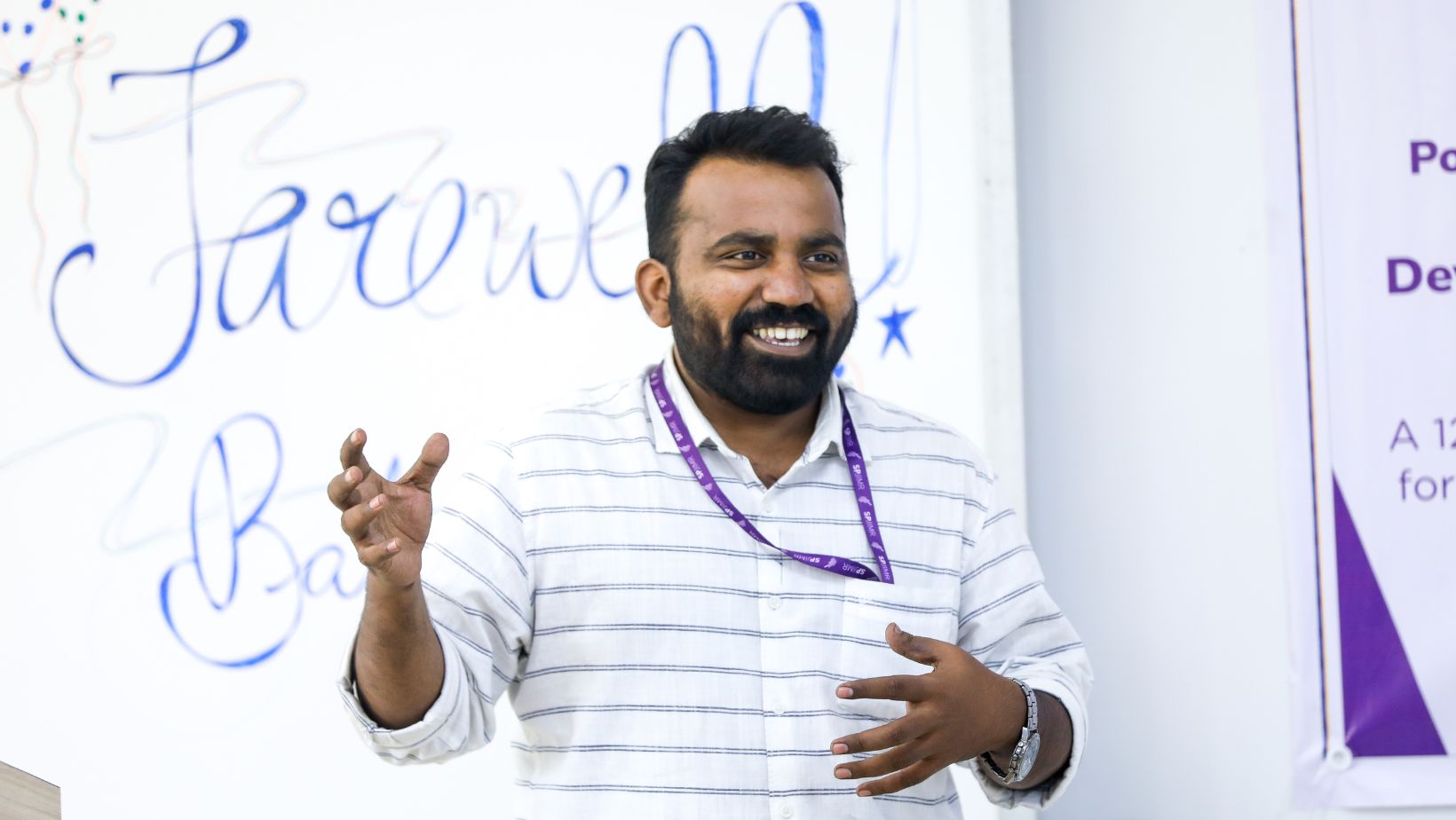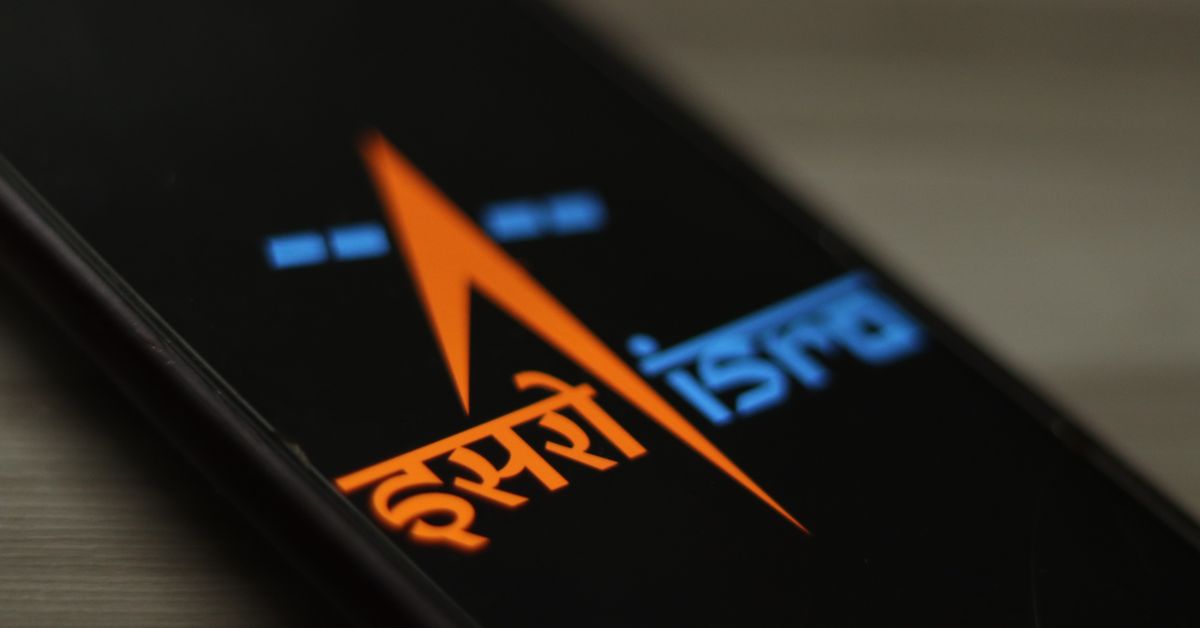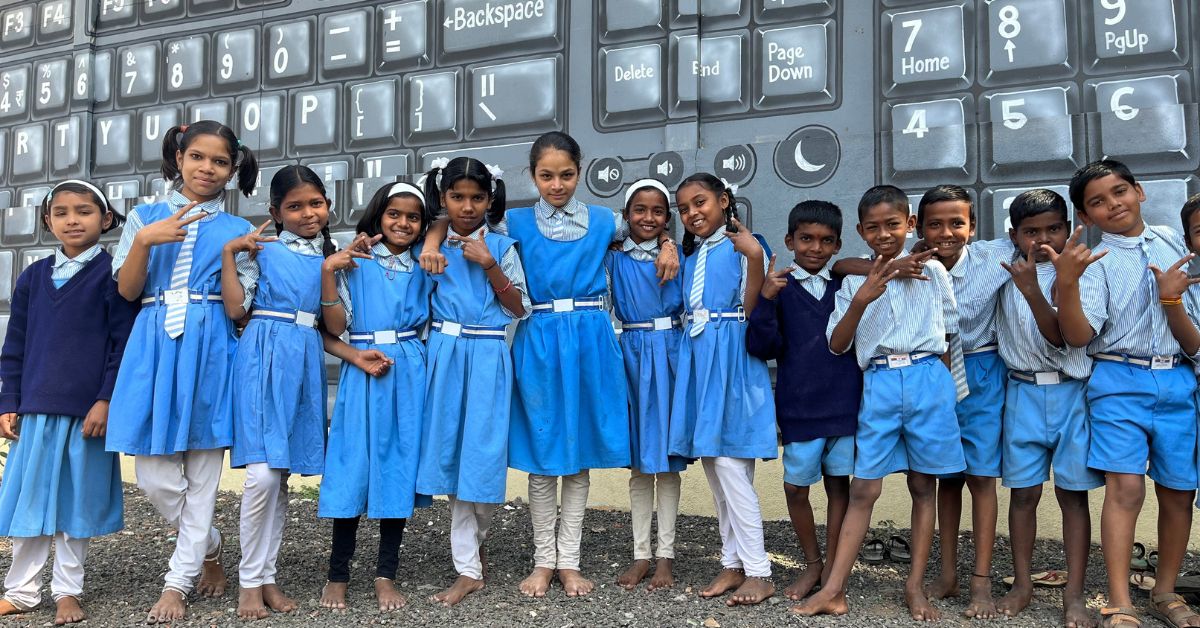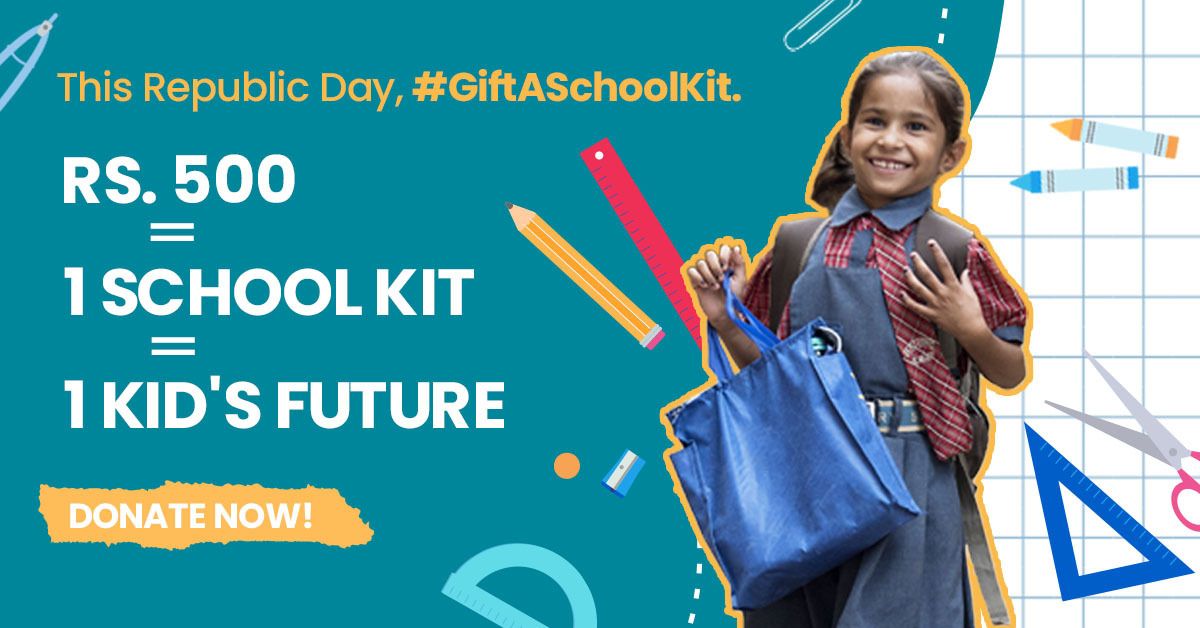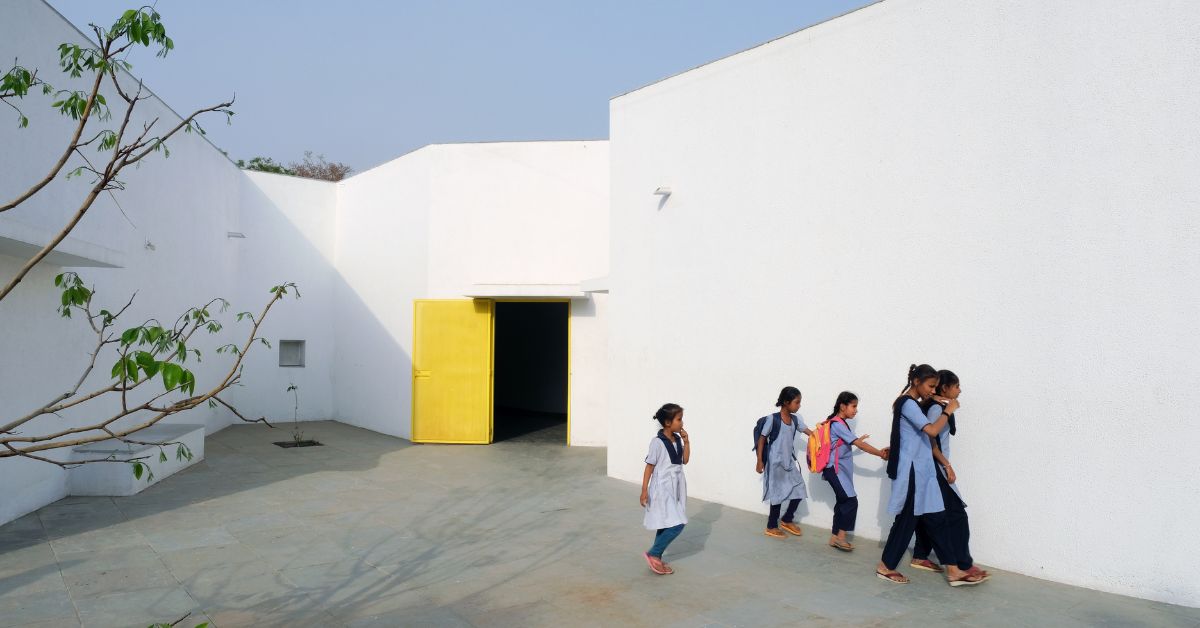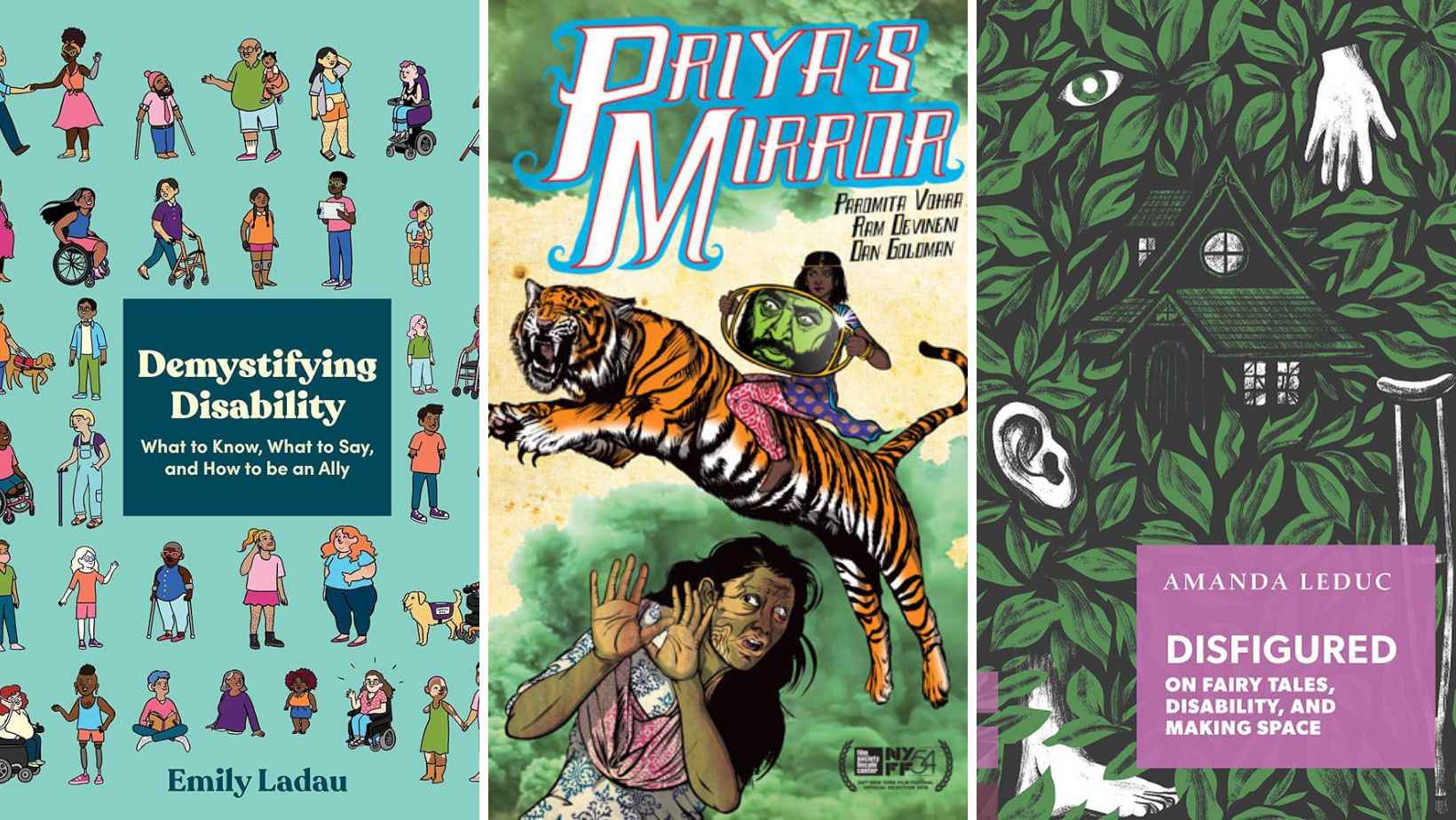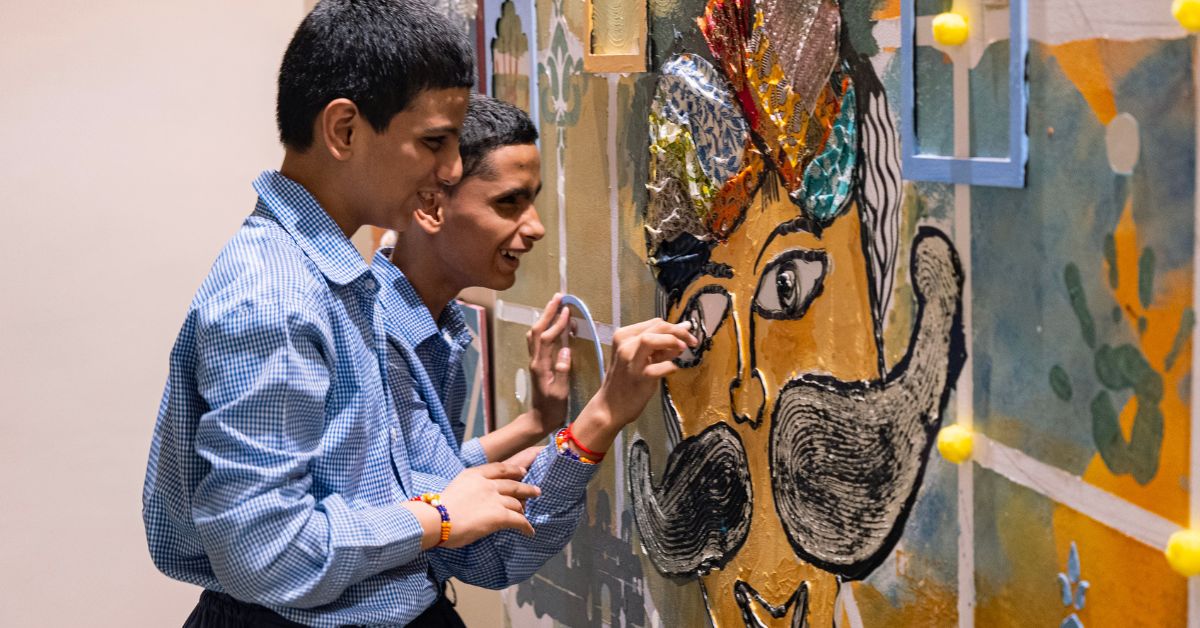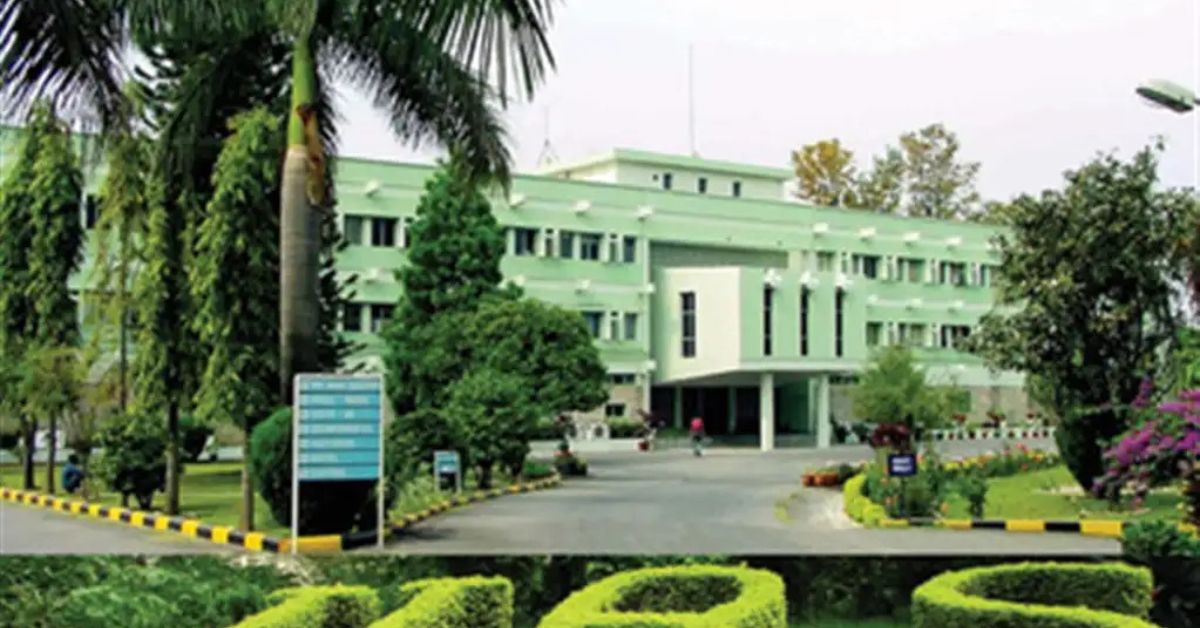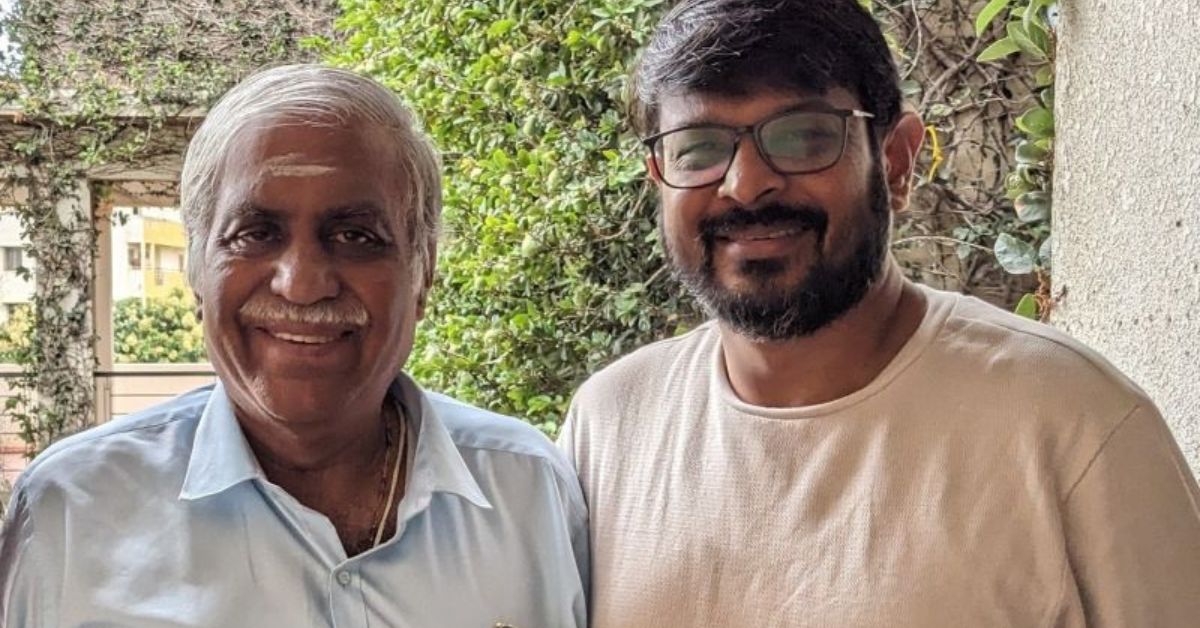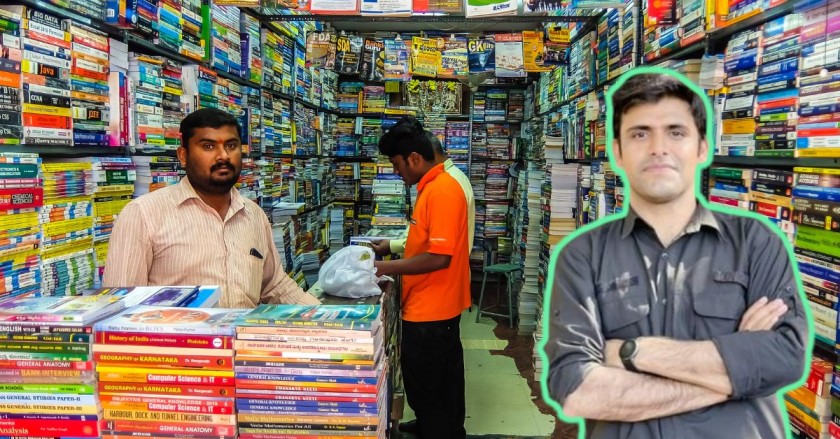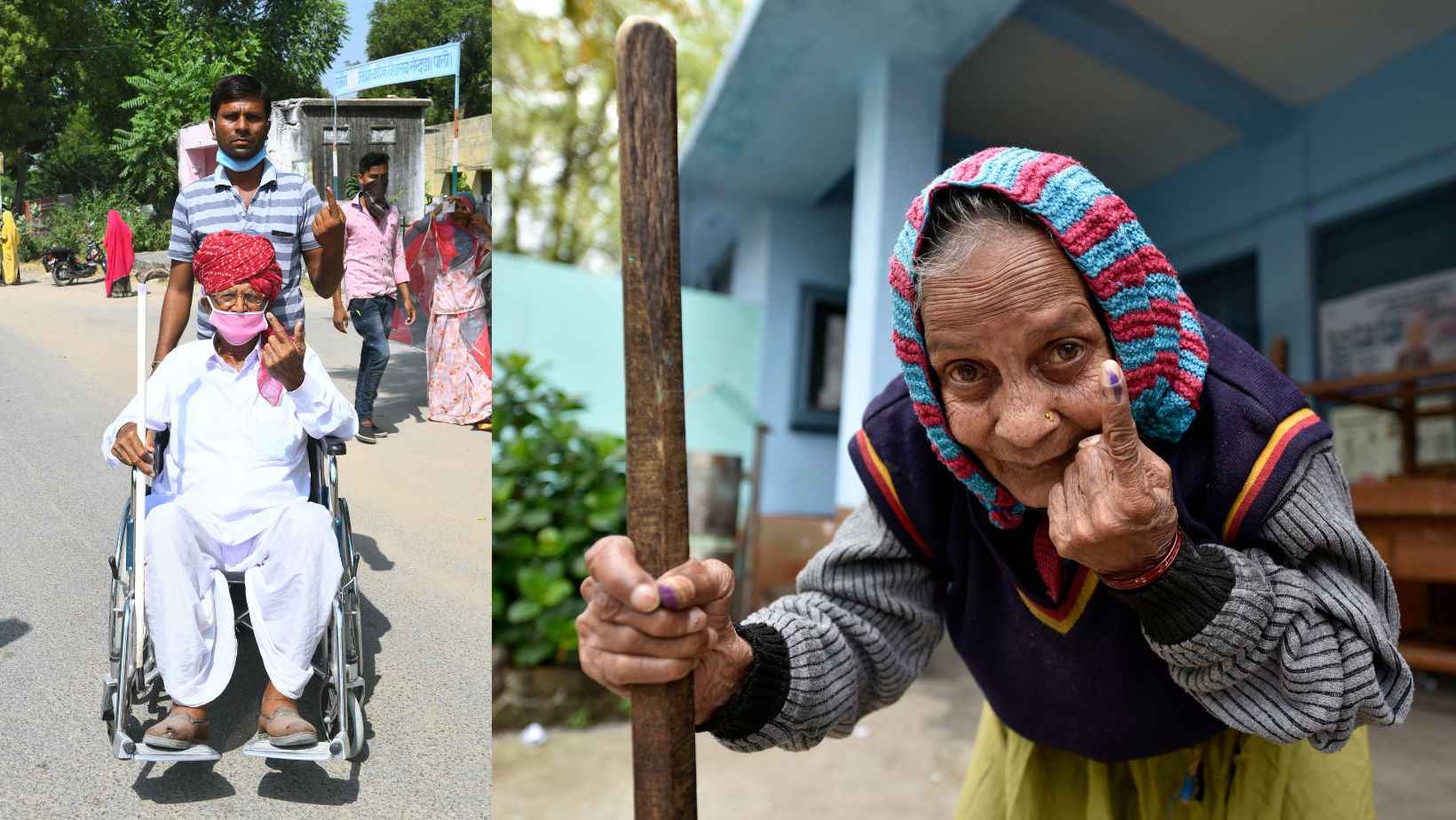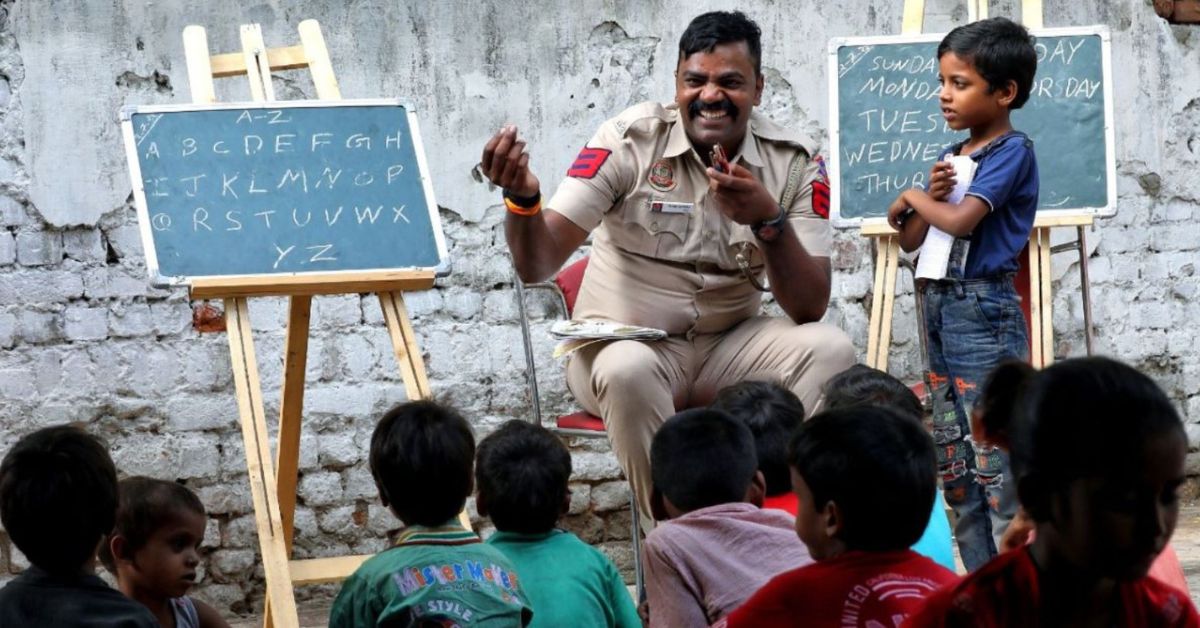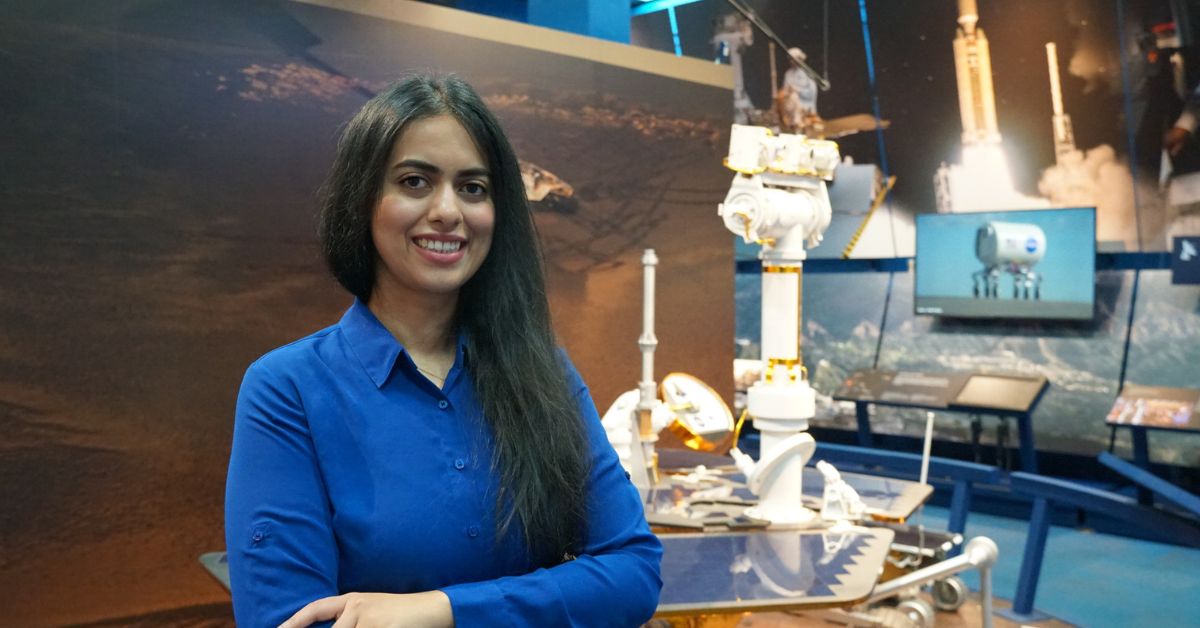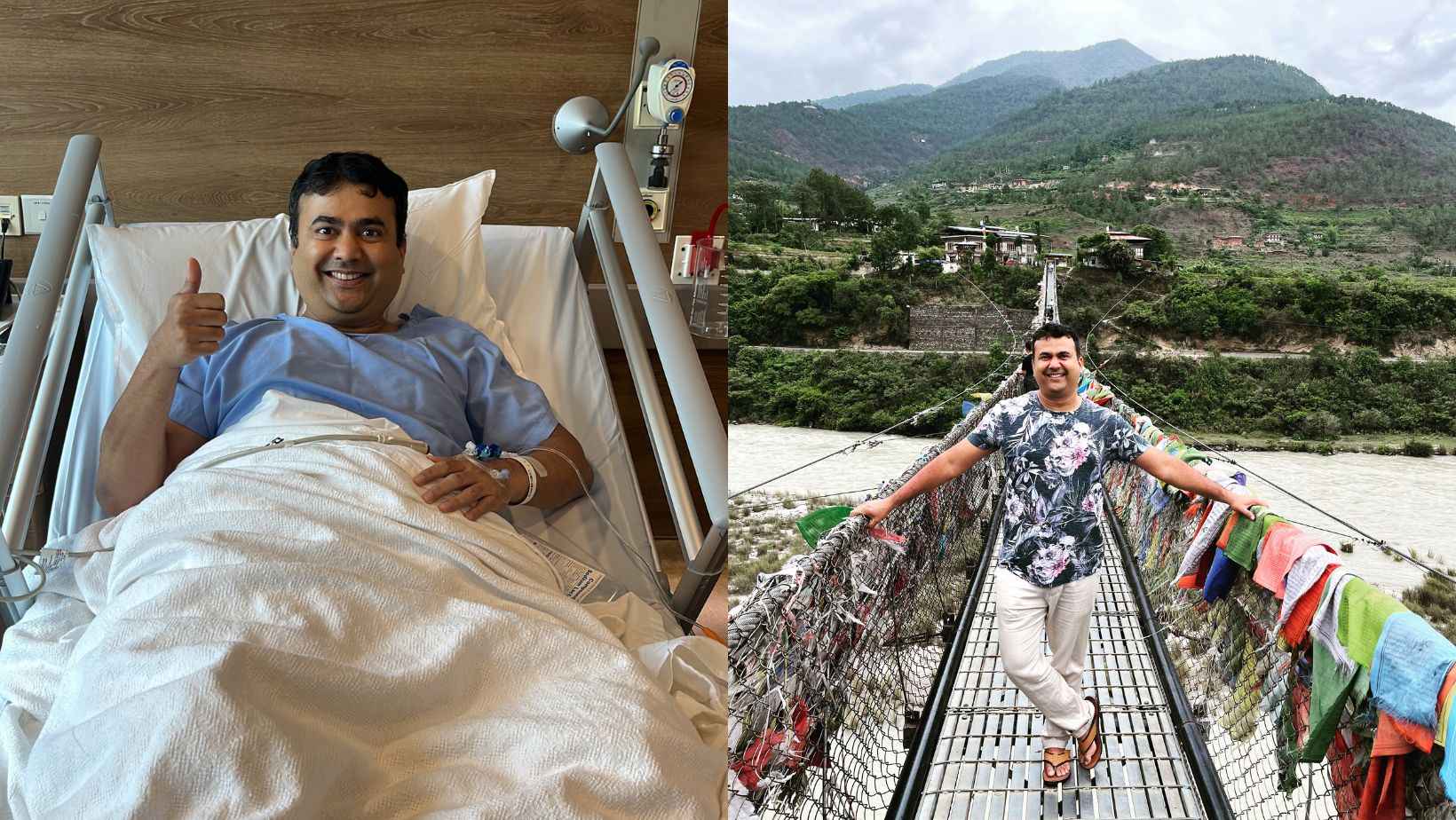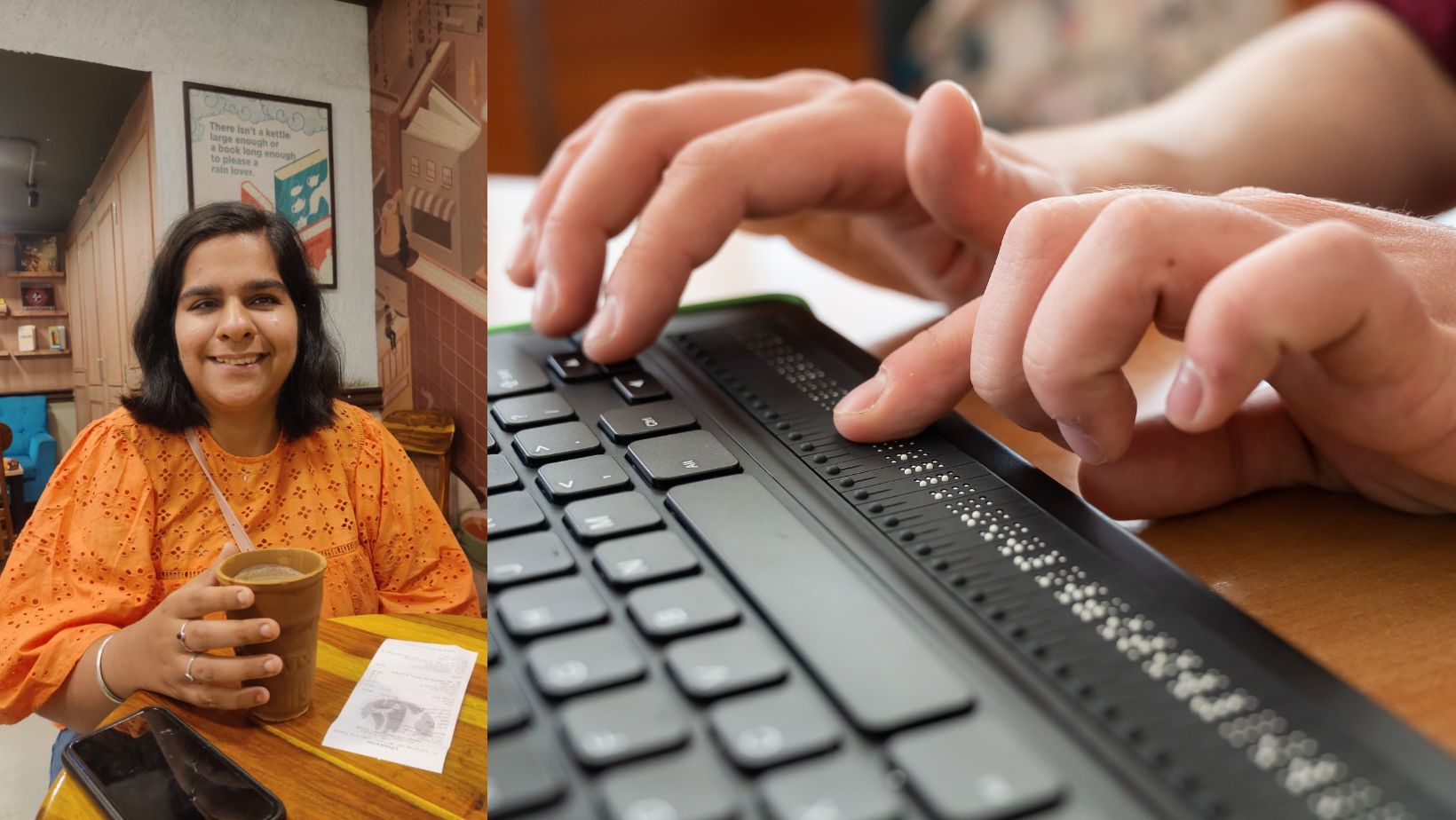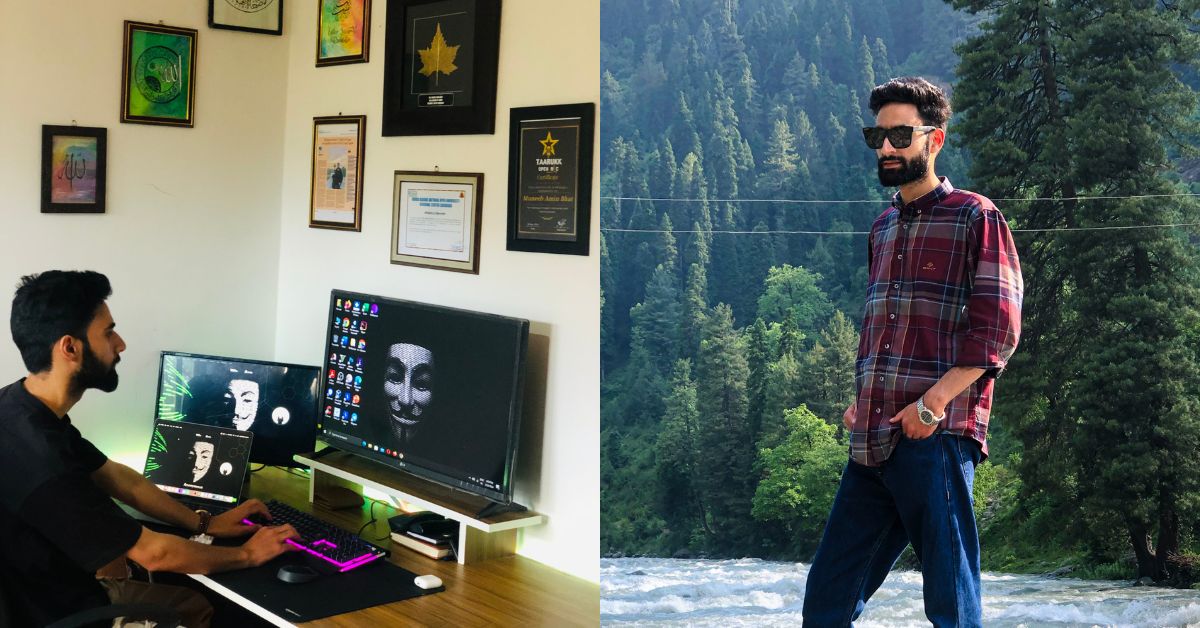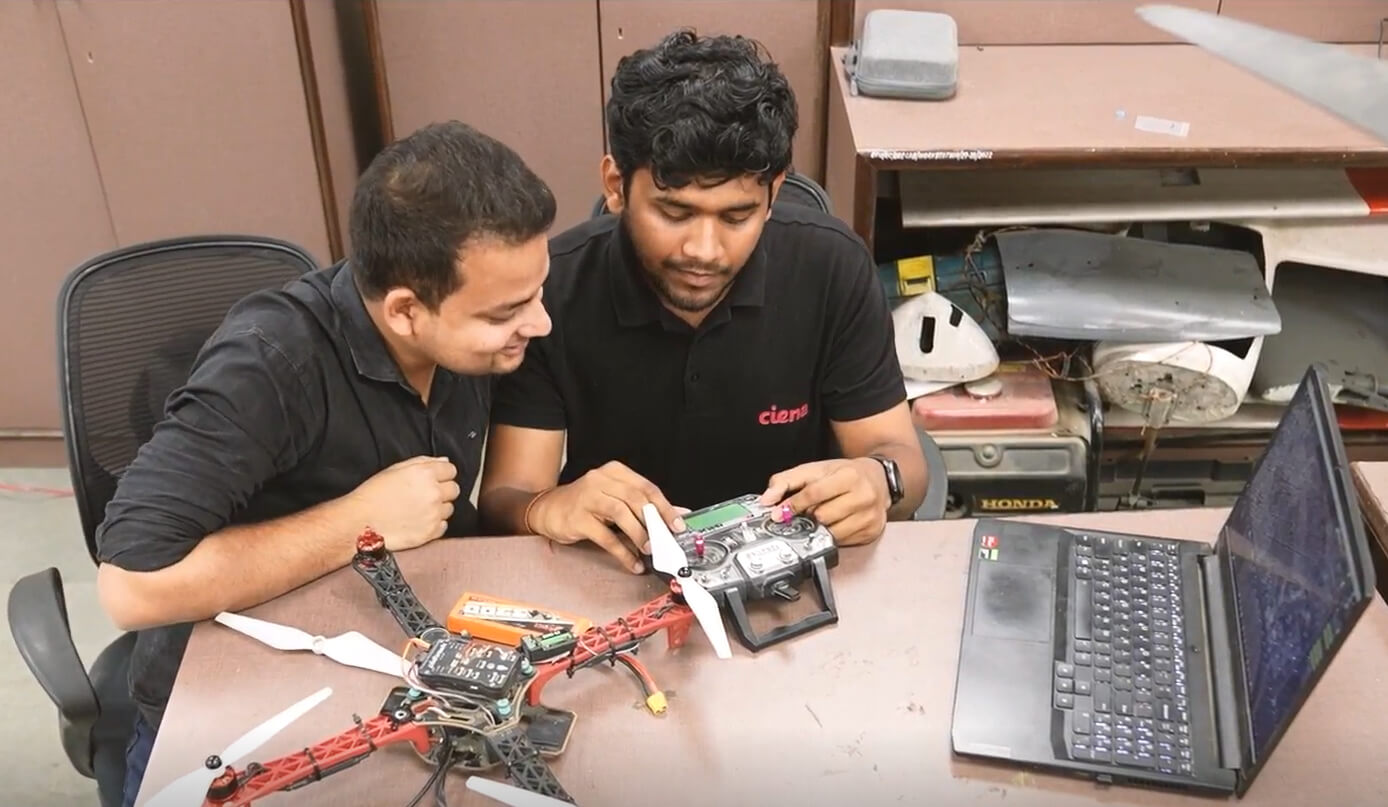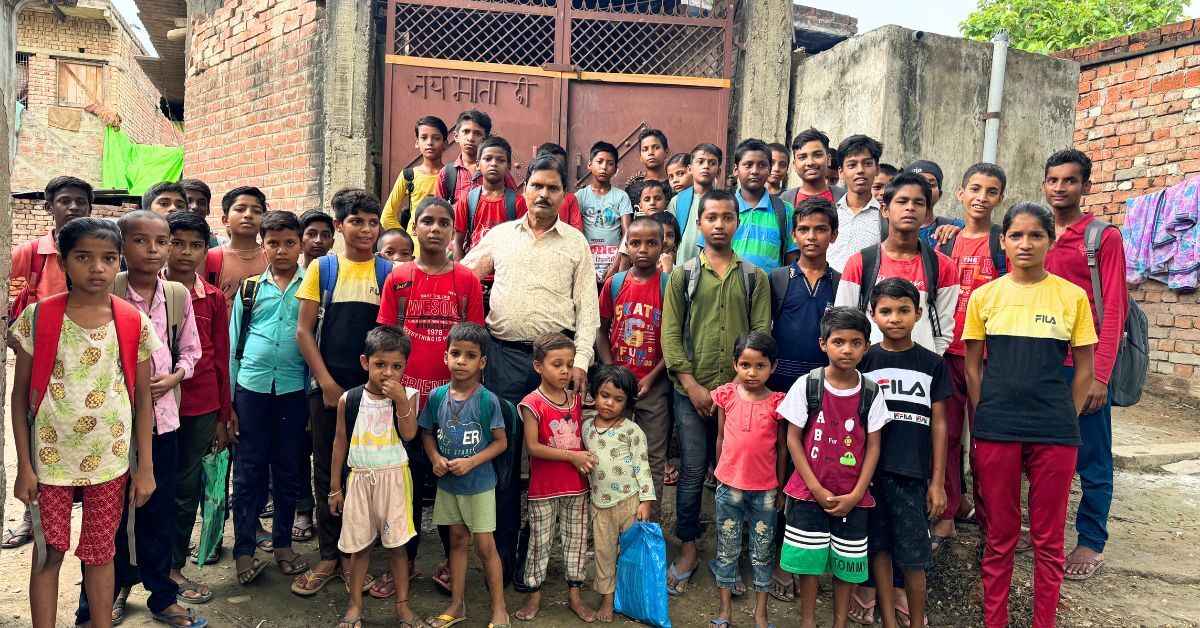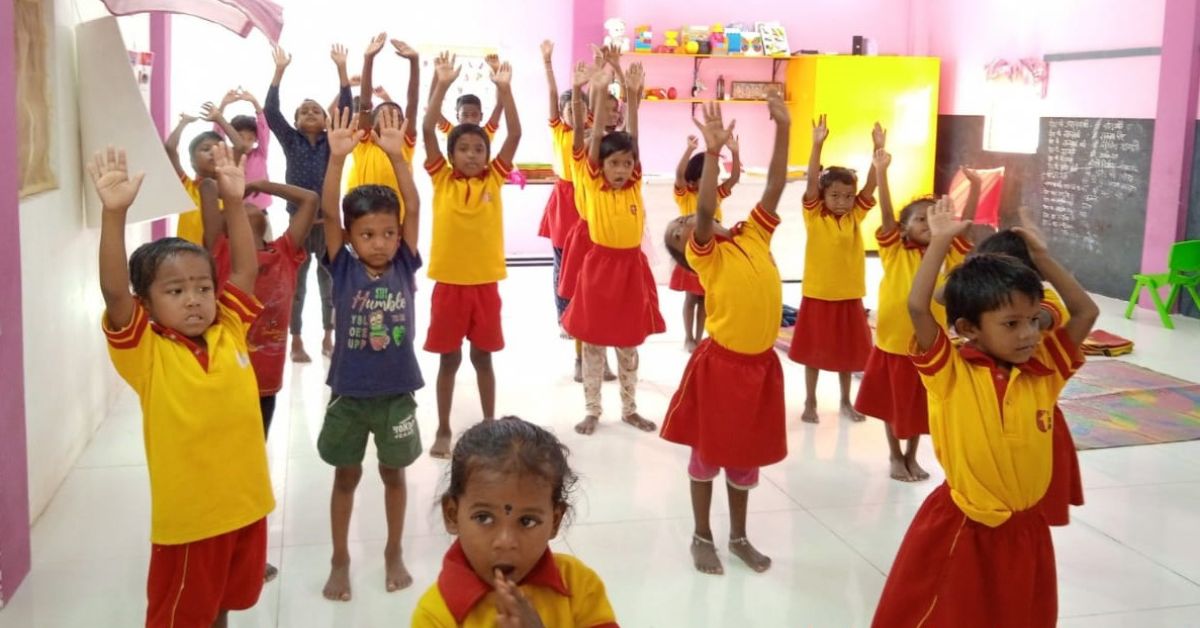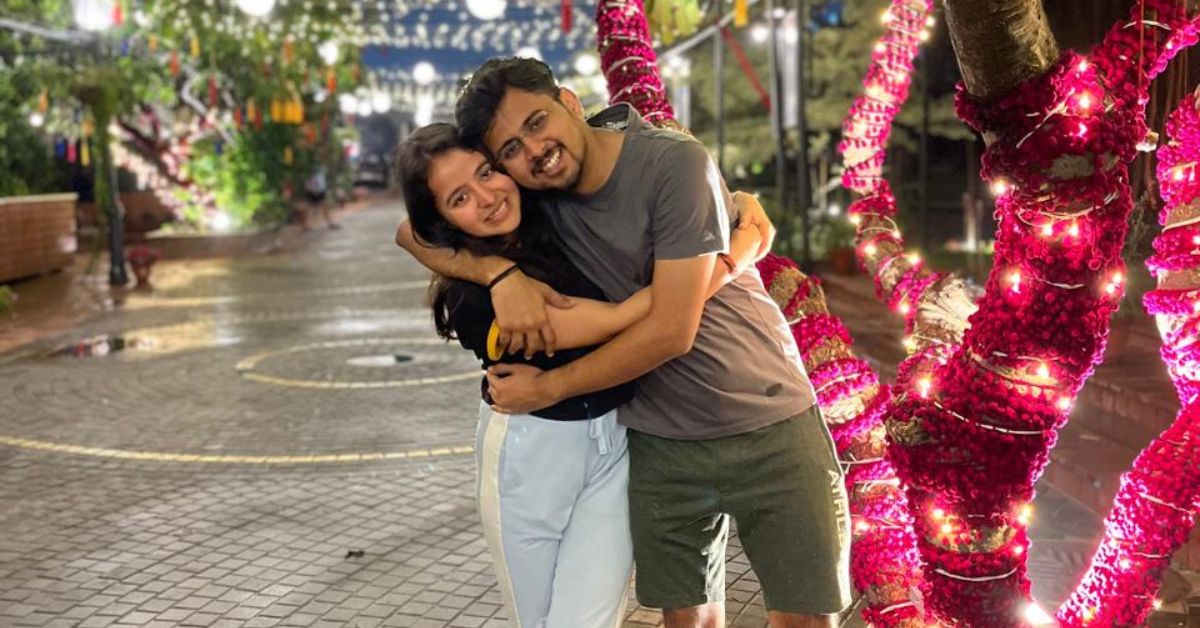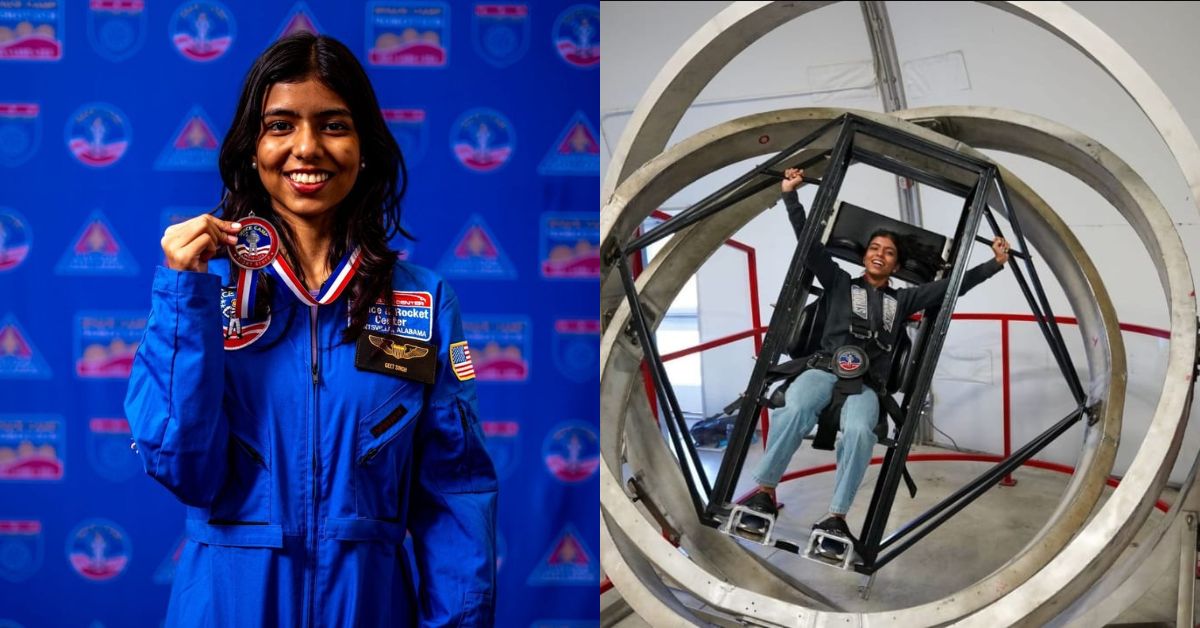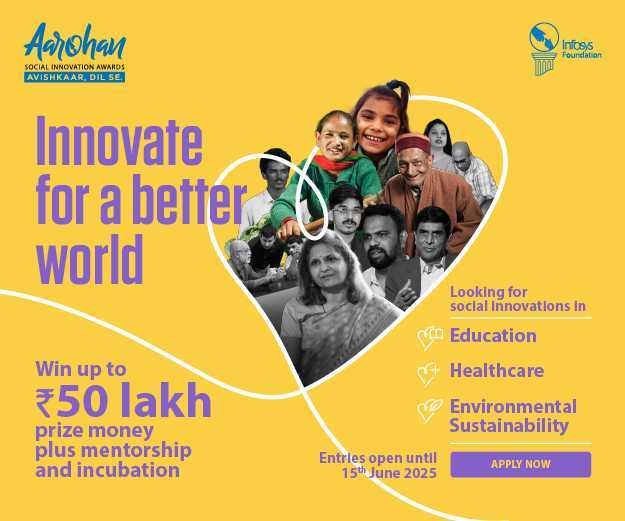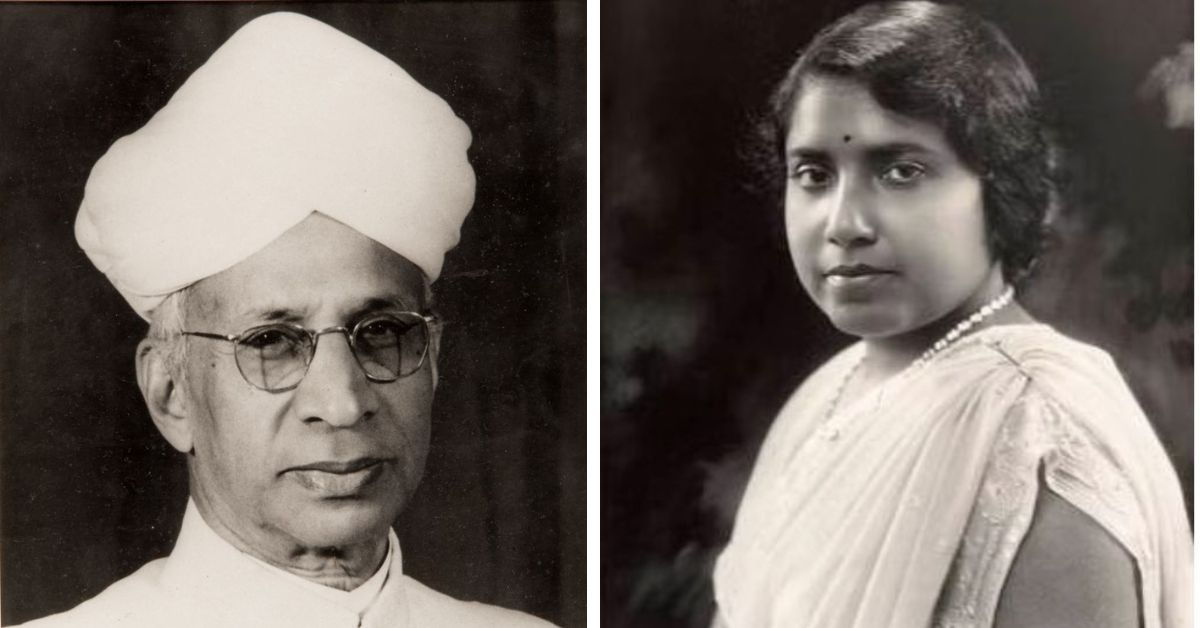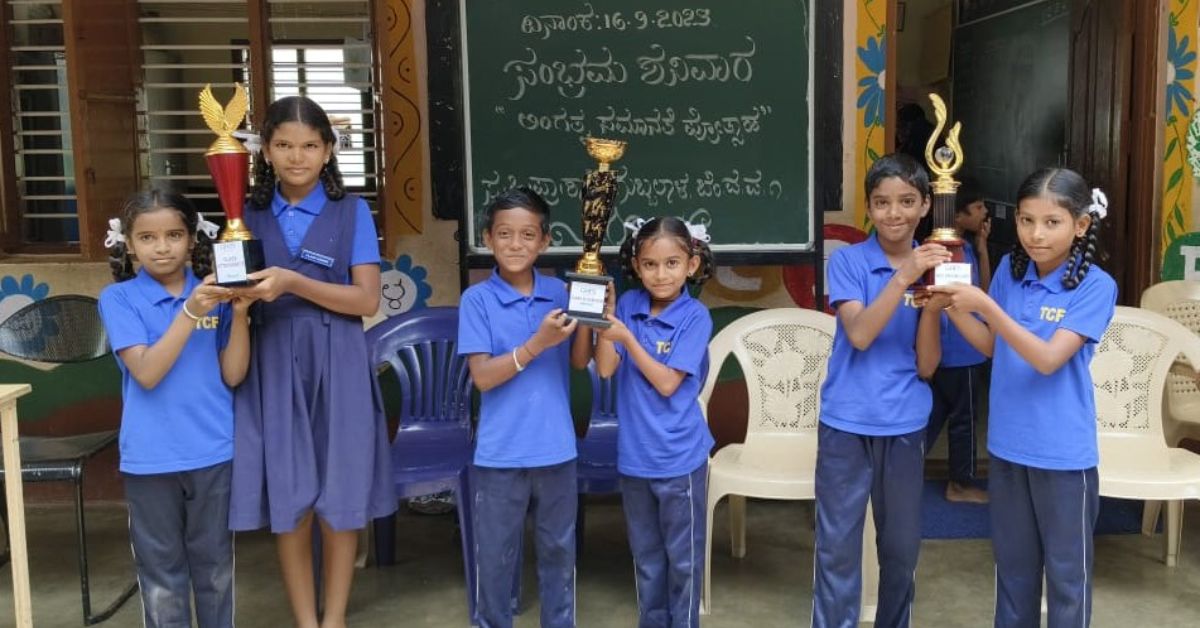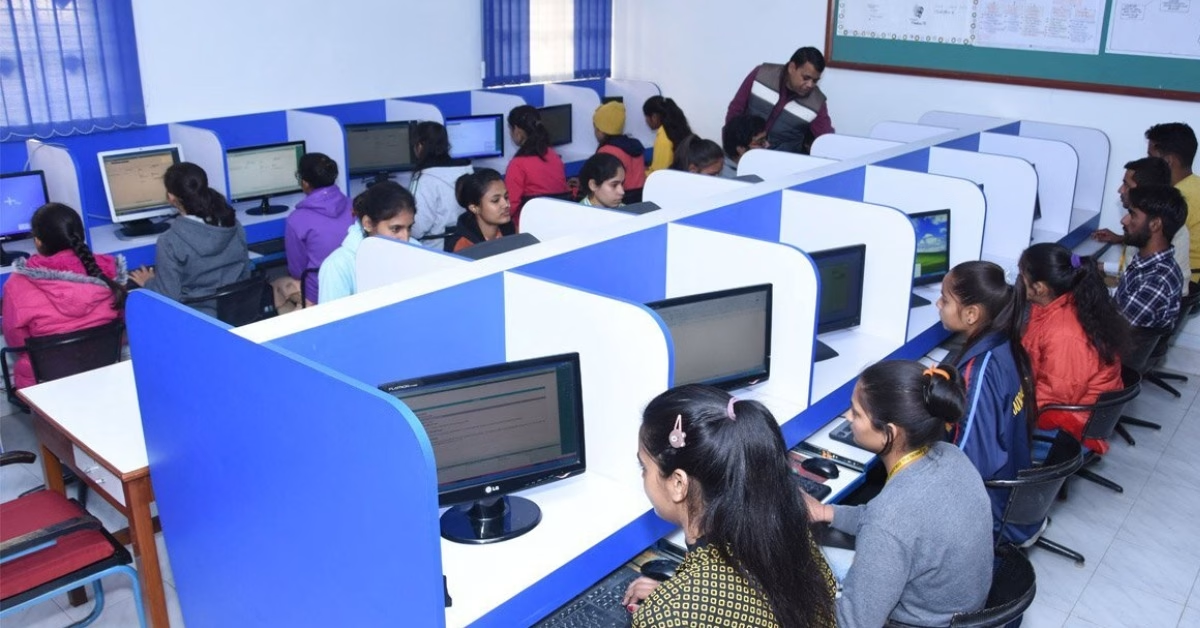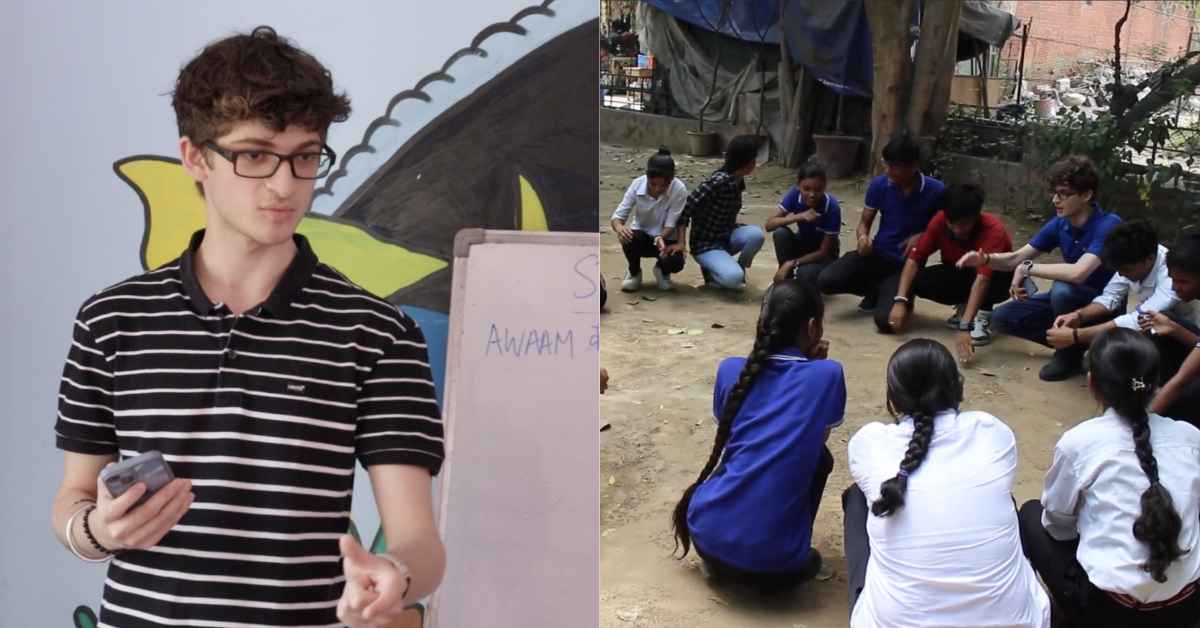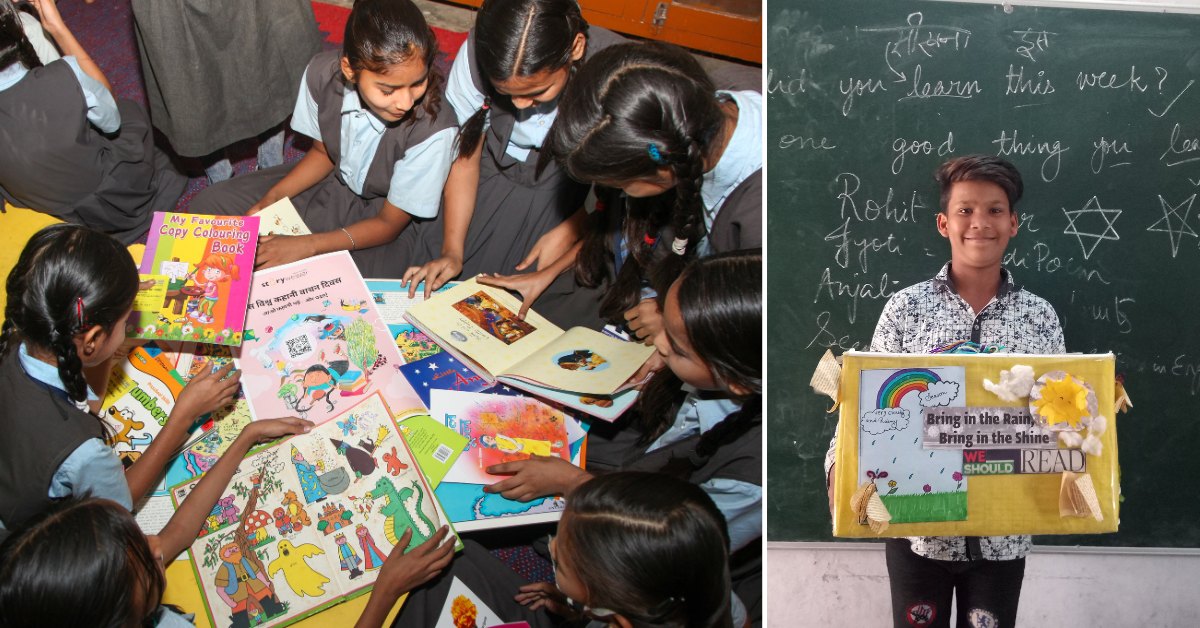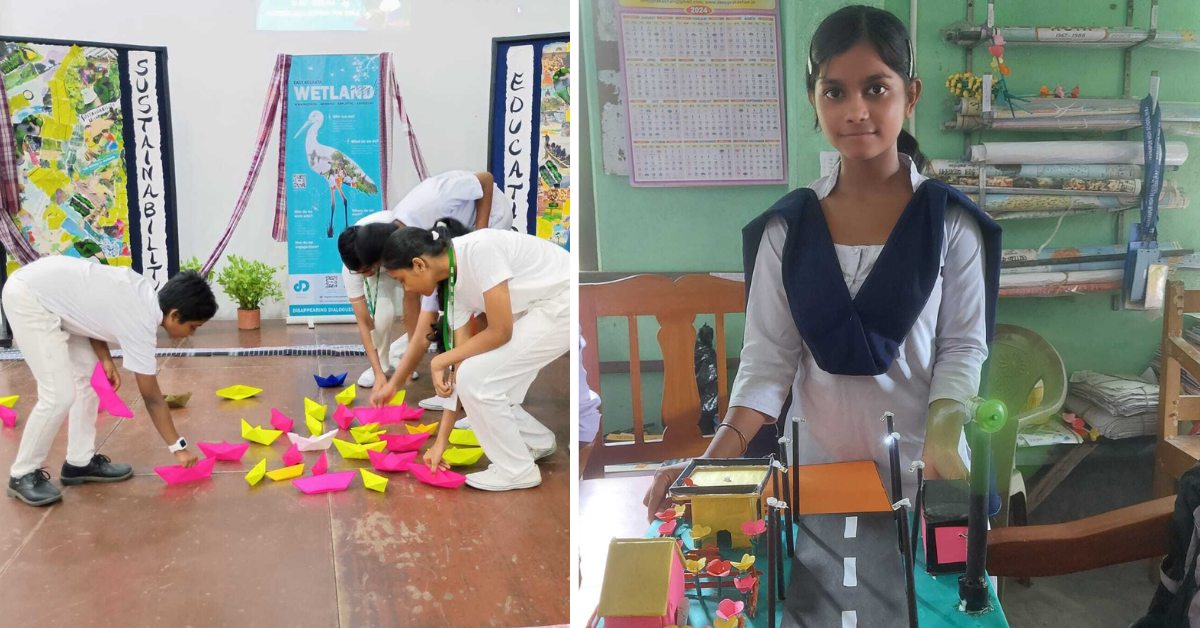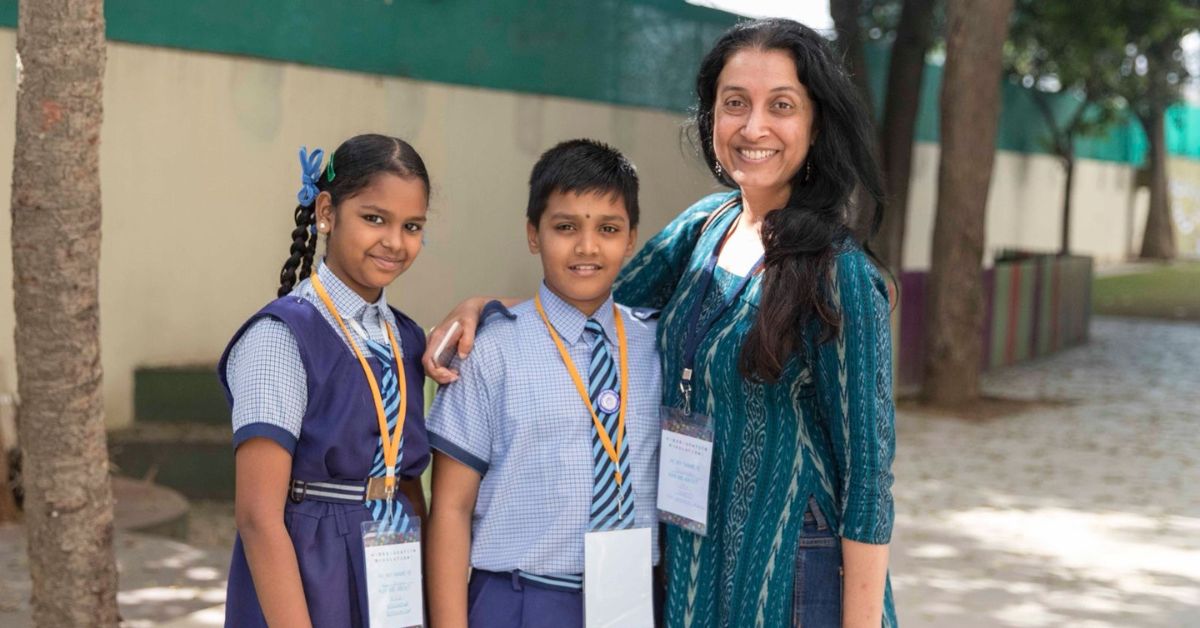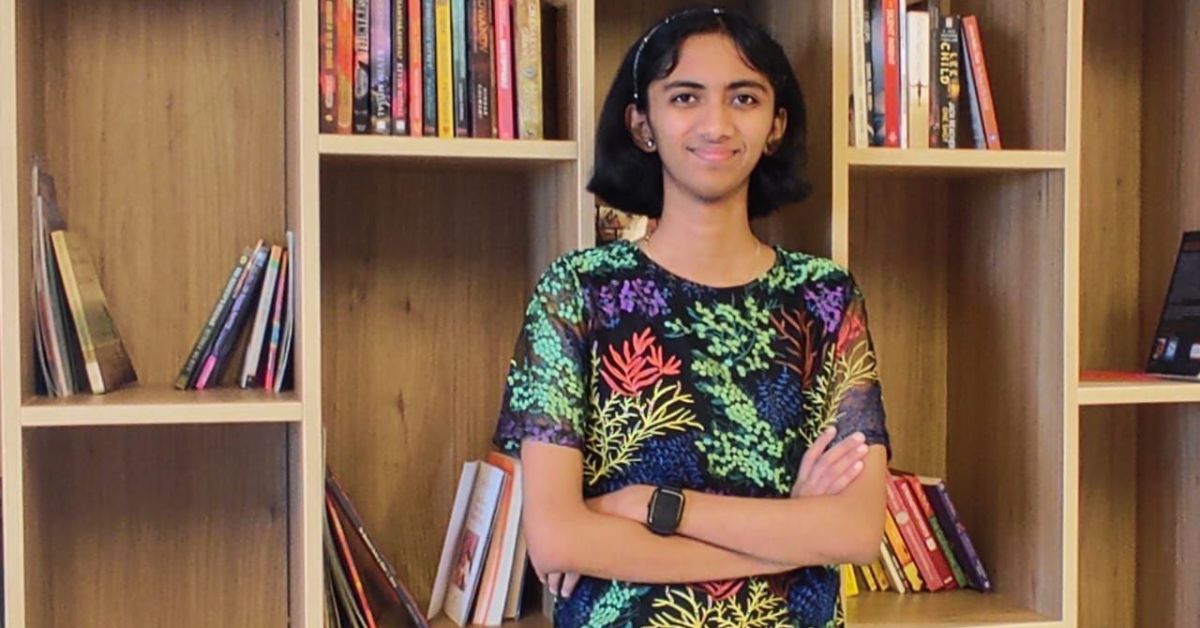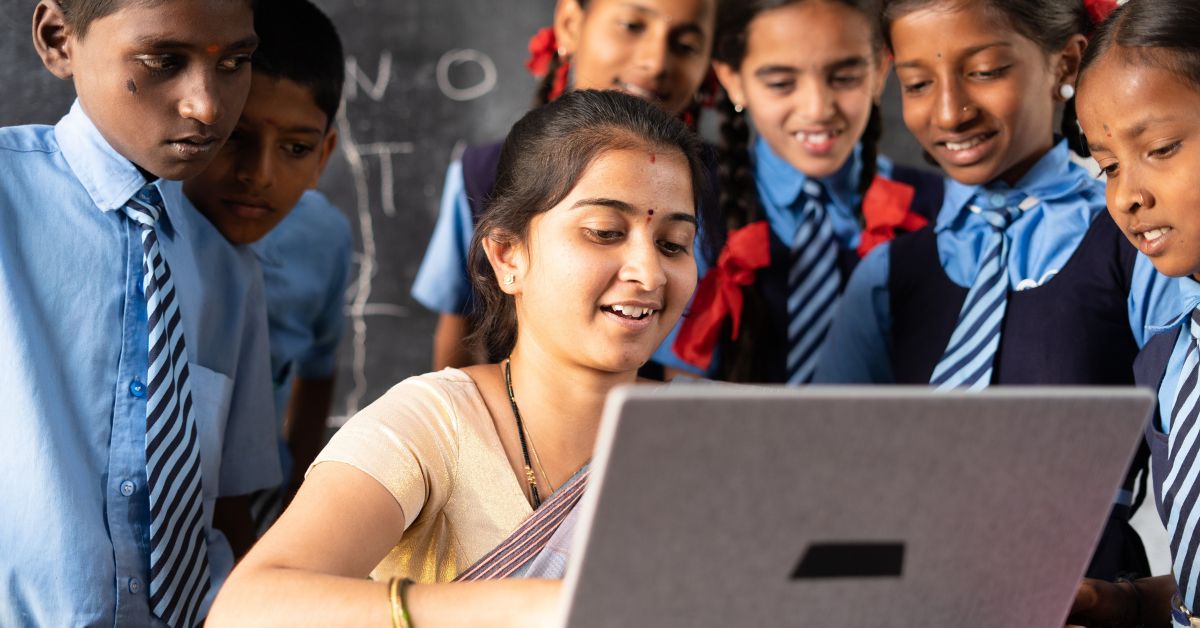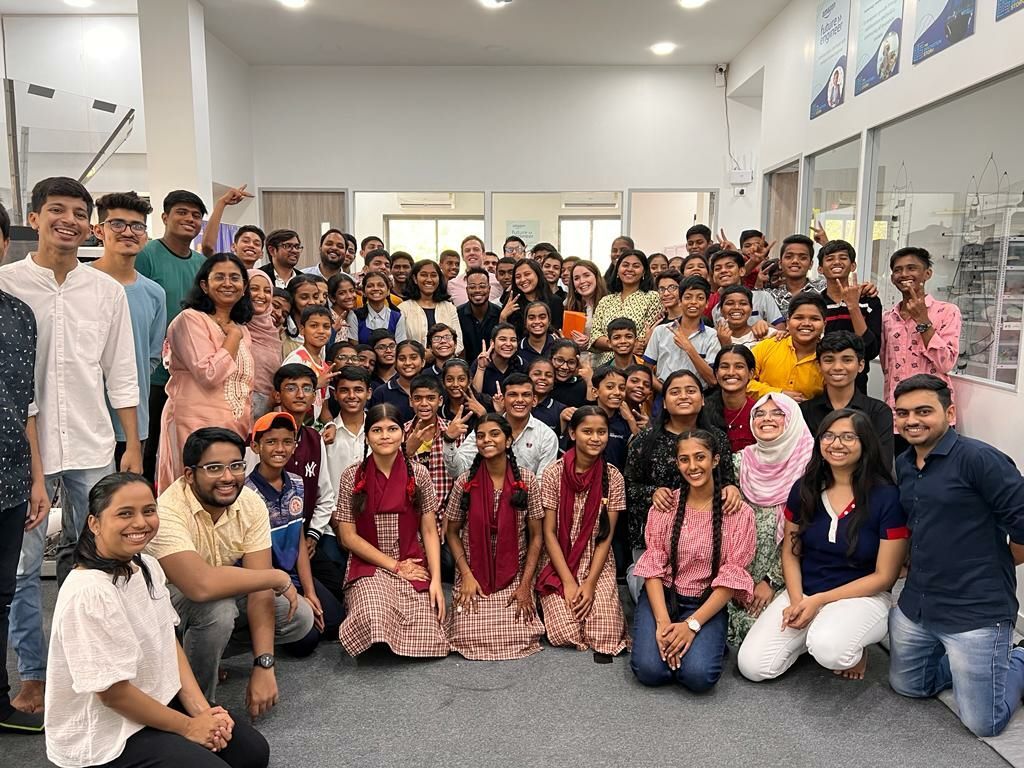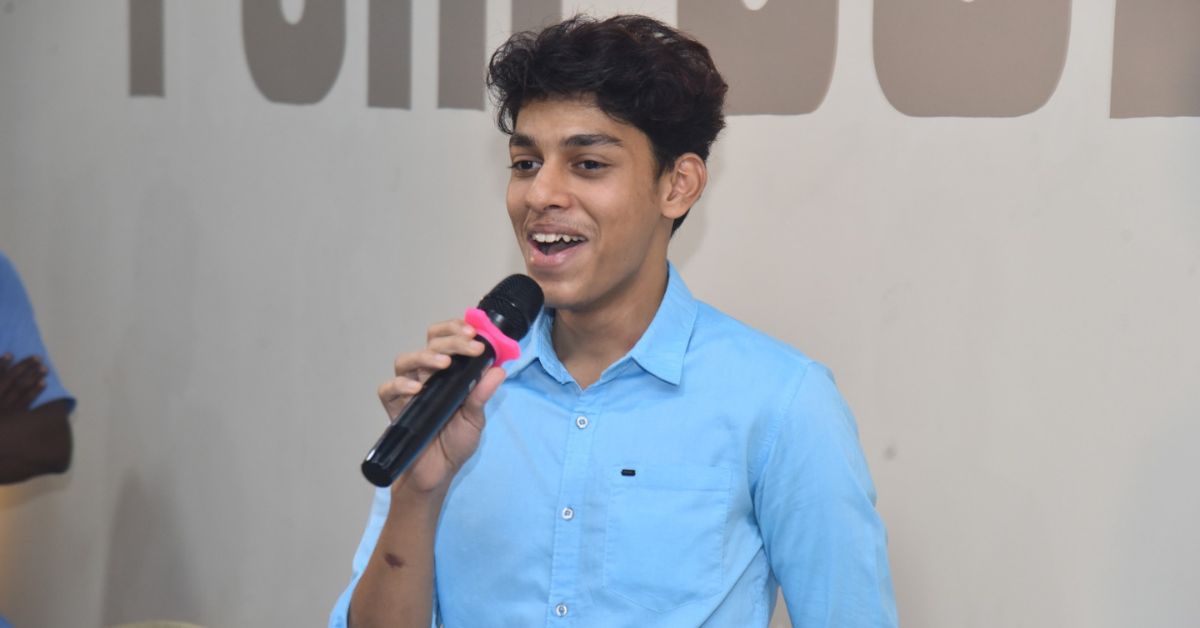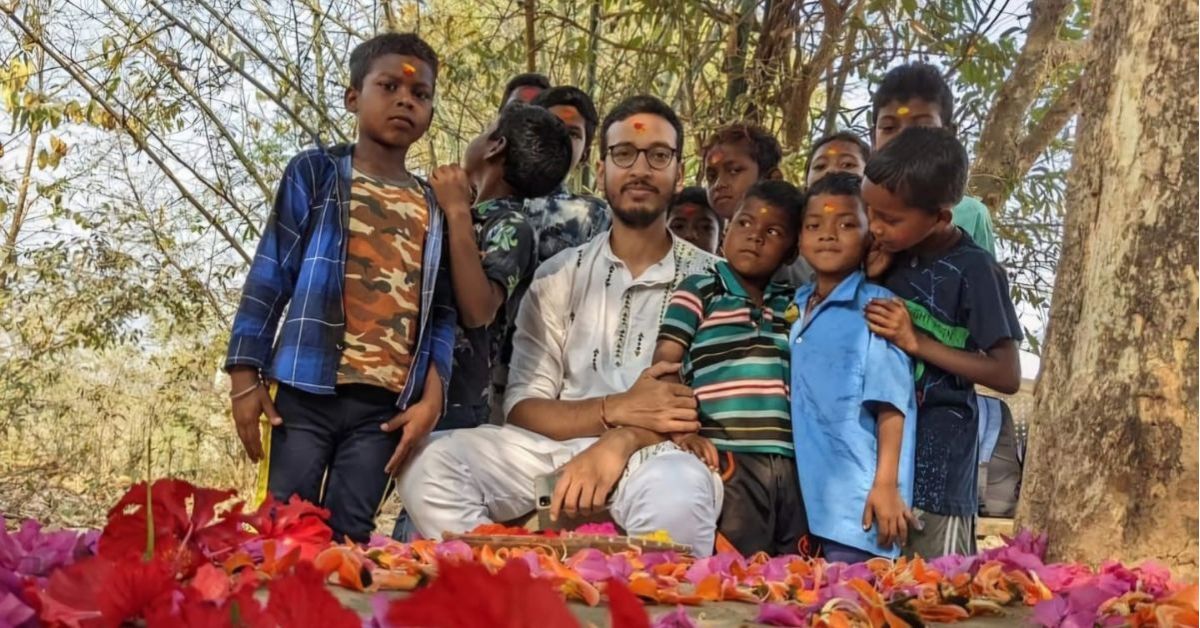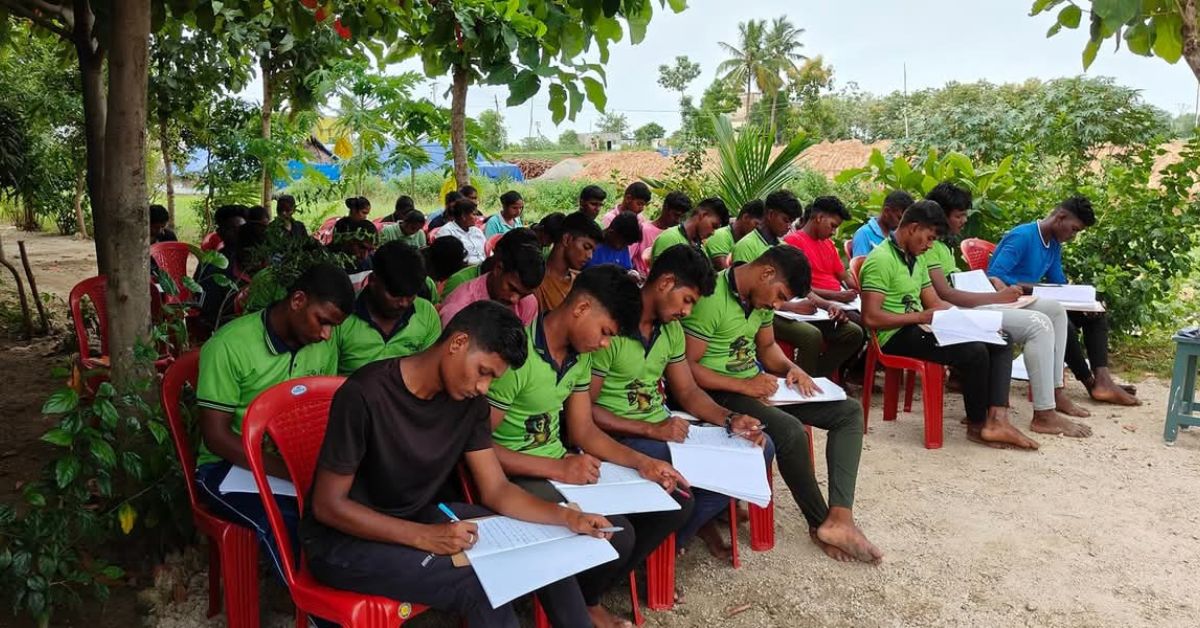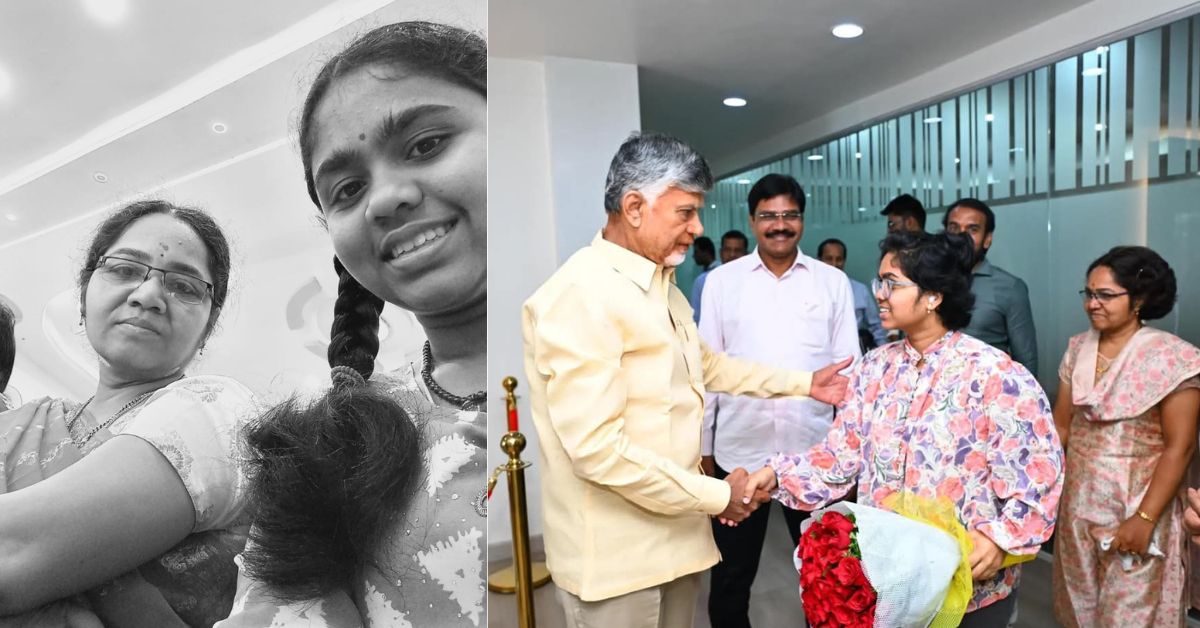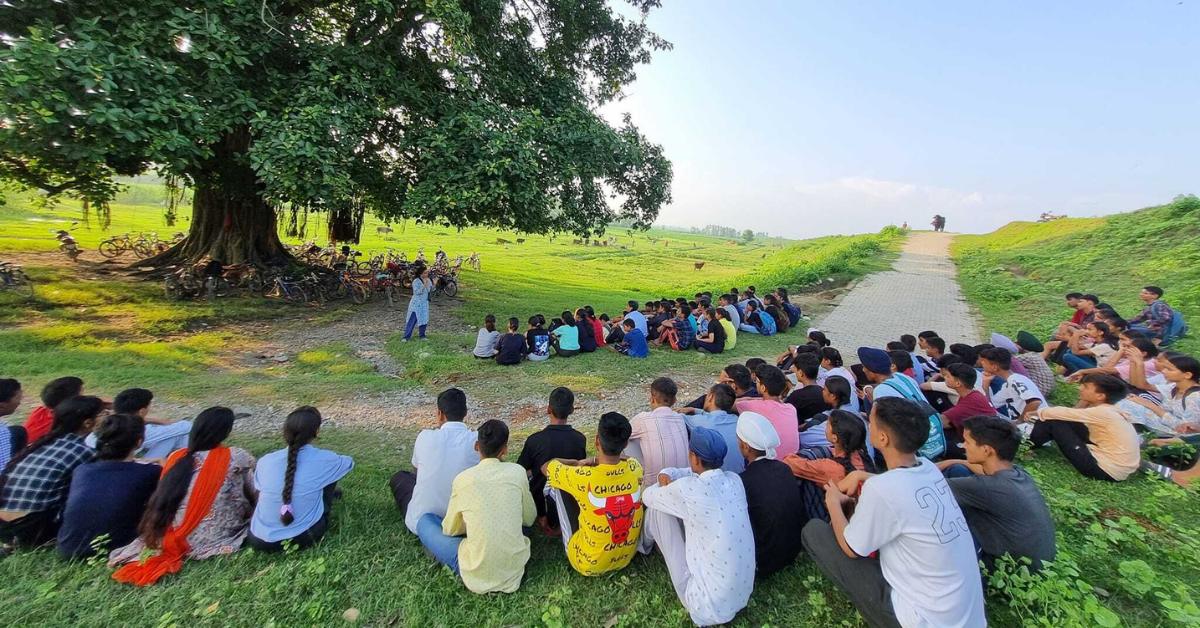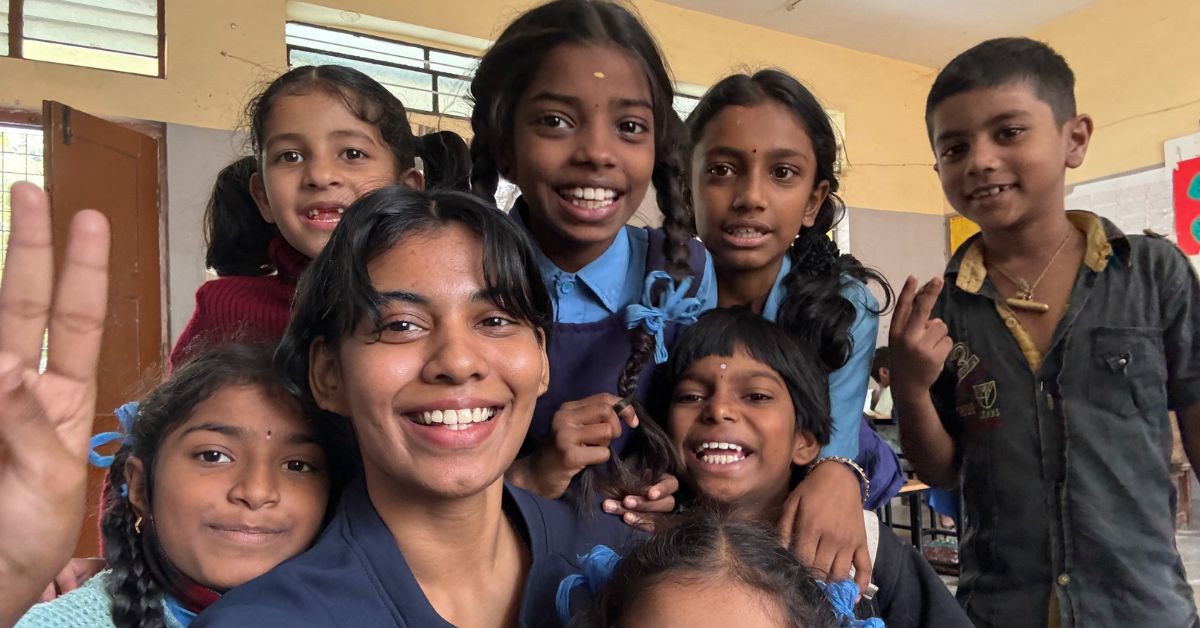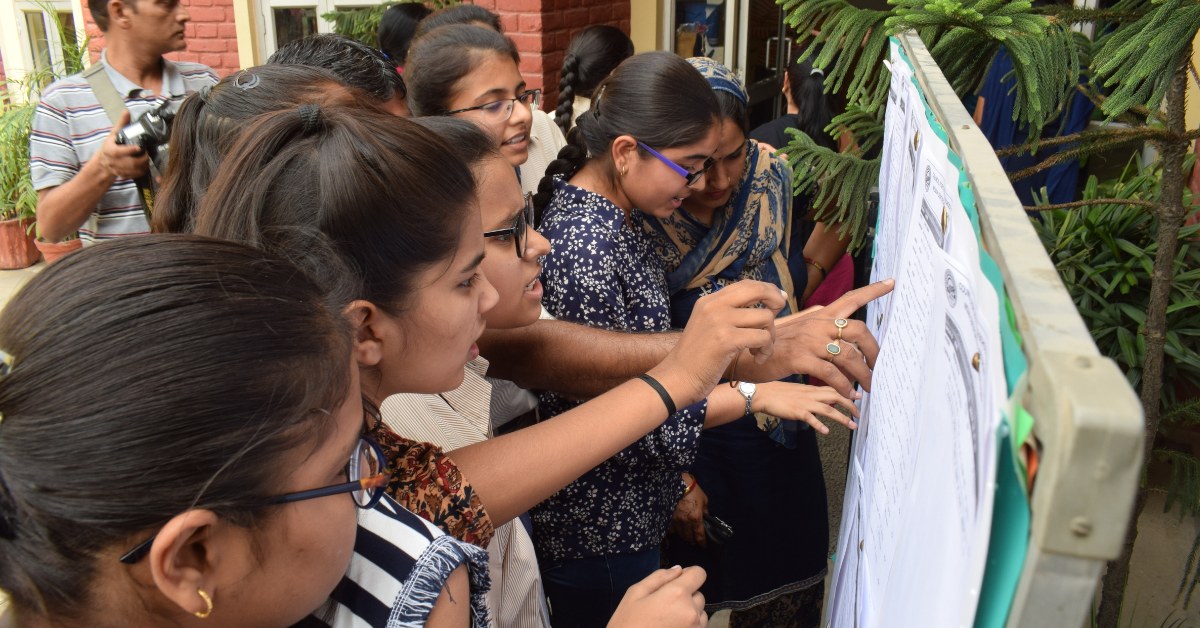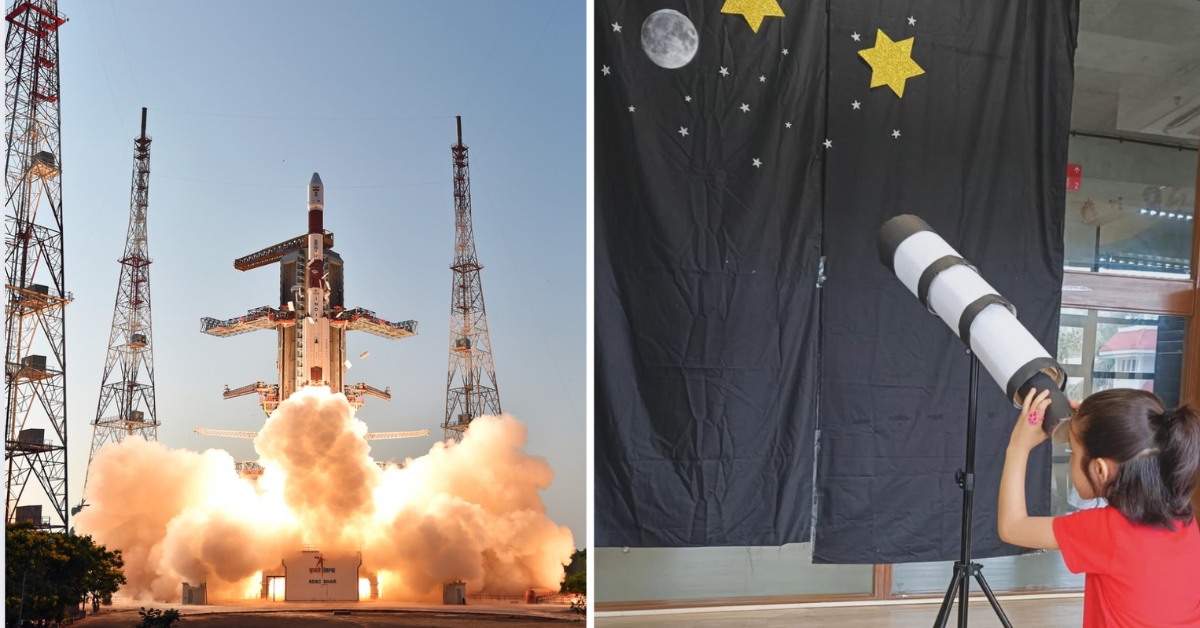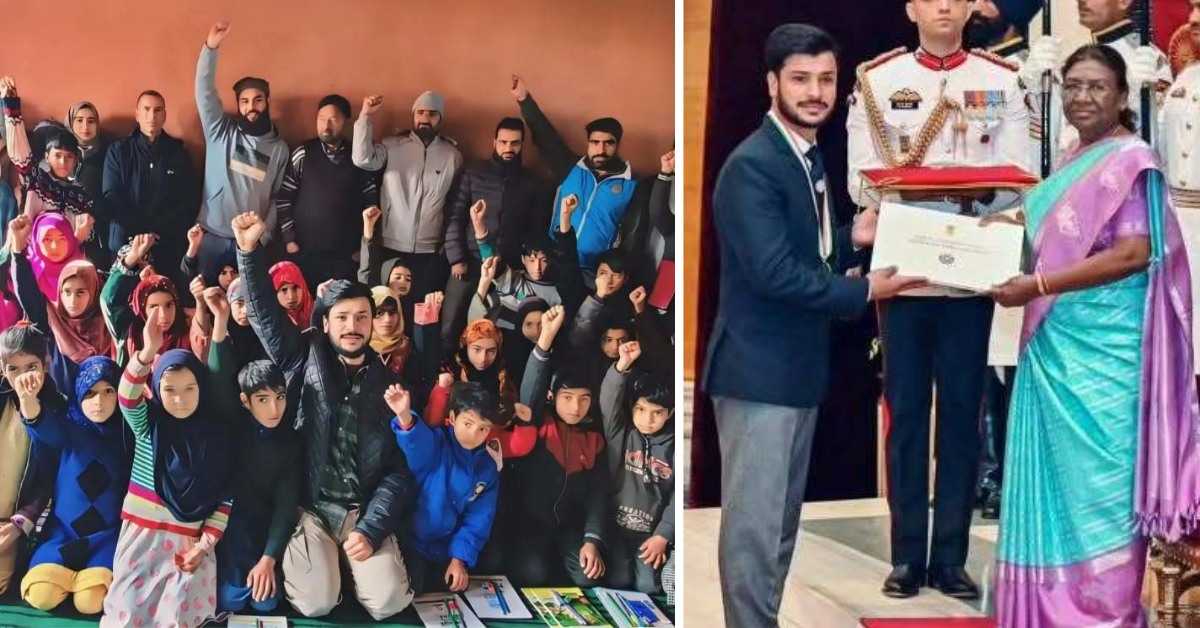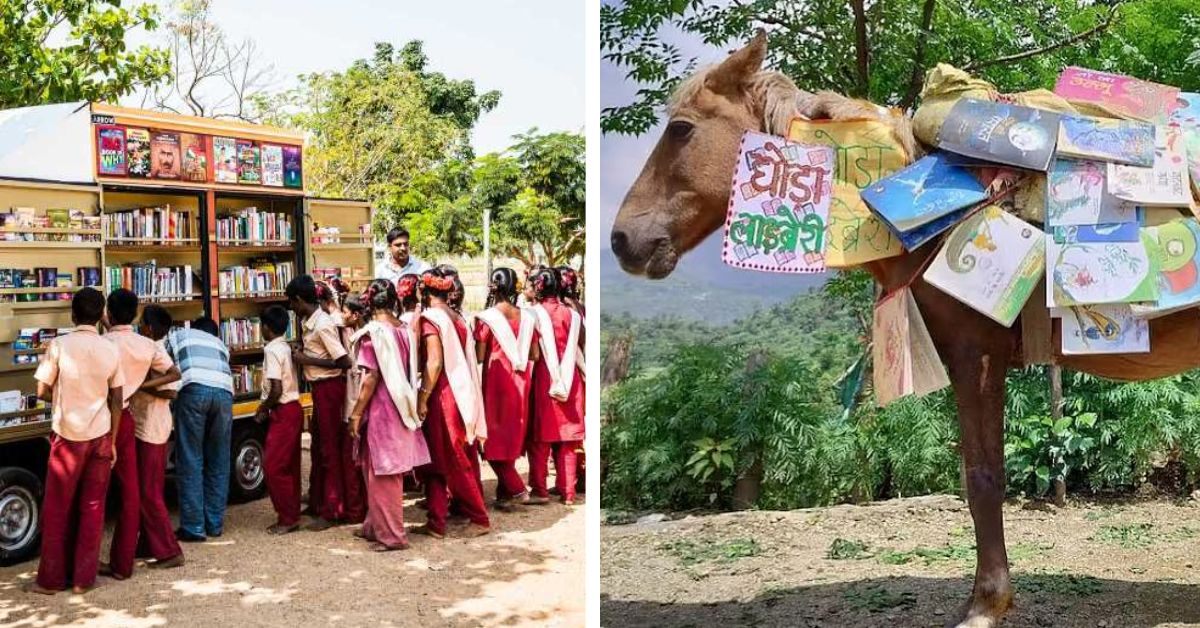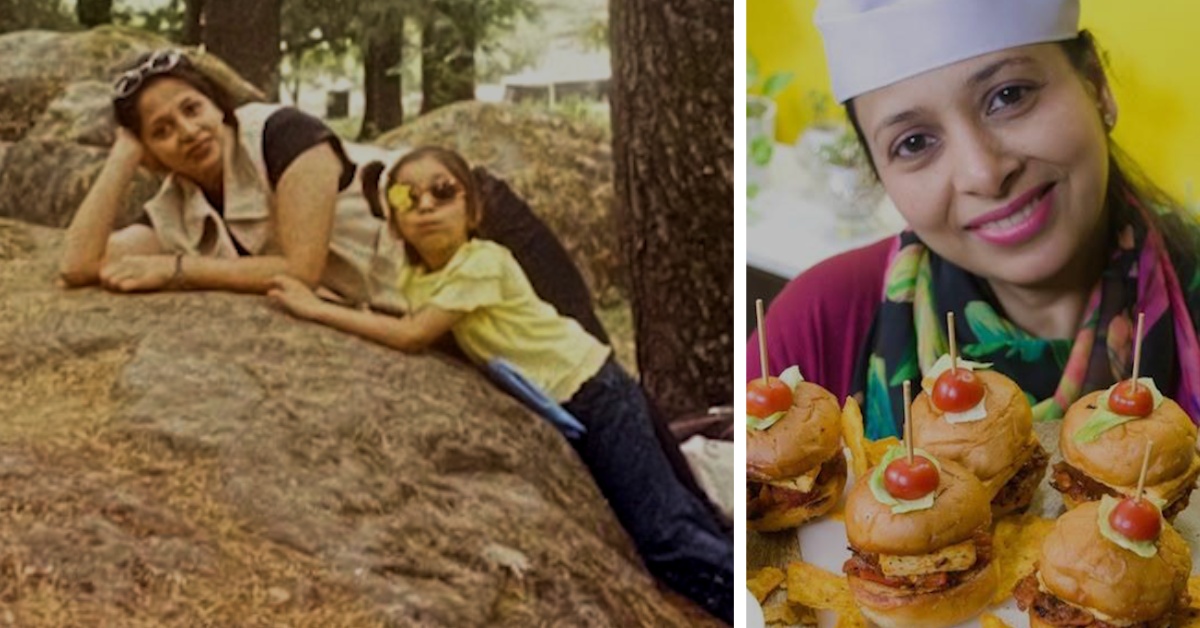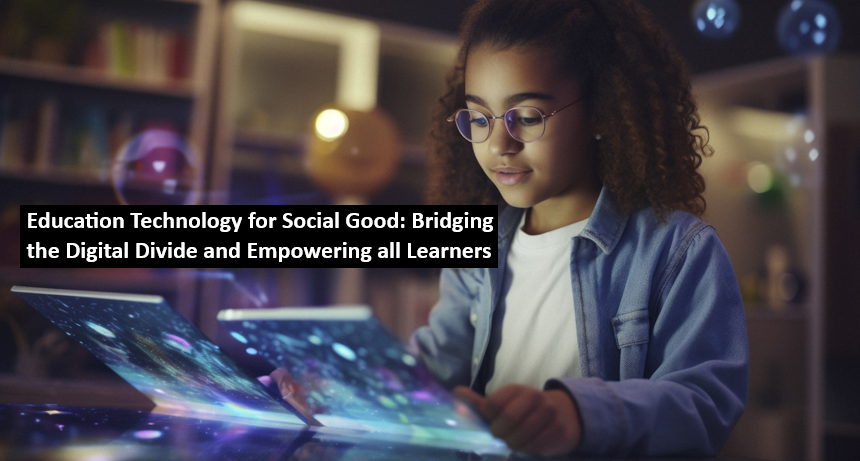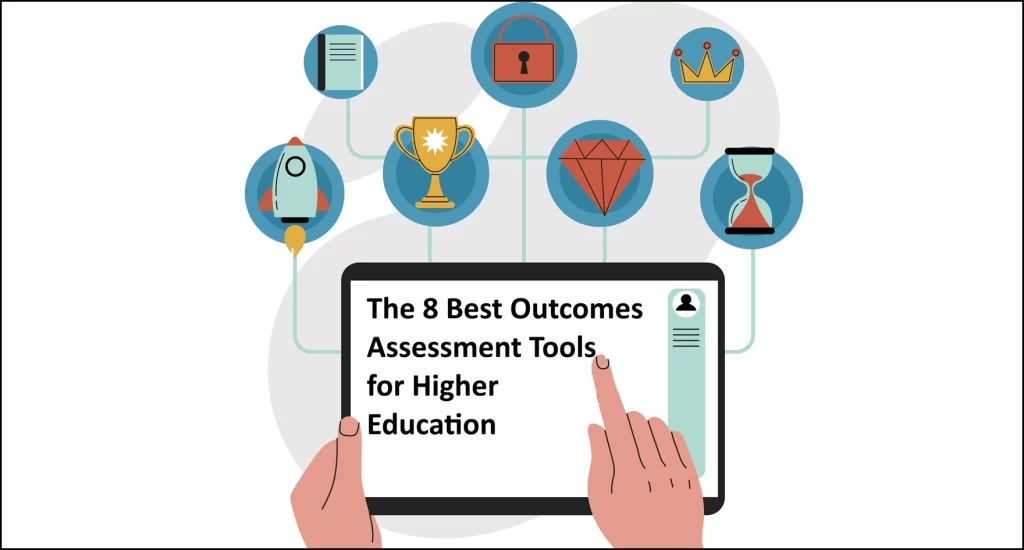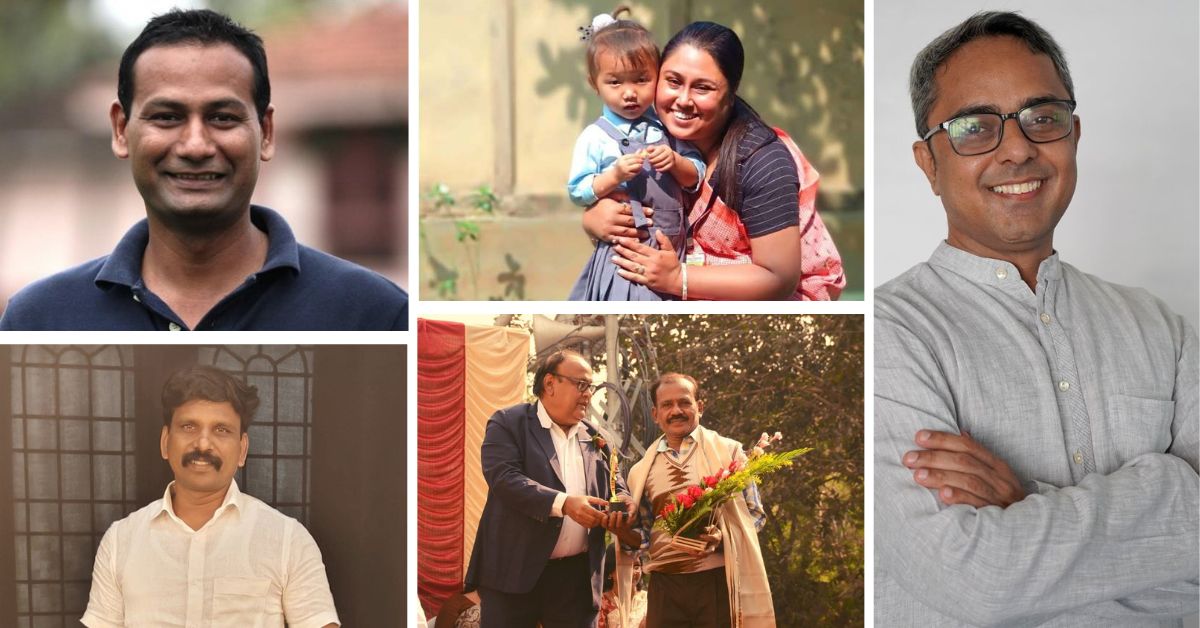
How can education catalyse development?
In most communities, it’s the tool that holds the power to break the cycle of poverty and help children recognise their true potential.
In the TBI Education Changemakers category, we celebrate people who didn’t shy away from adapting new teaching methodologies when conventional approaches proved ineffective. They prove that benches and blackboards aren’t always the yardsticks for success. Sometimes, all you need is a group of students and a space — even if that’s under the open sky.
As part of Optum Presents The Better India Showcase, supported by the M3M Foundation — a tribute to the dreamers and doers driving change across nine key areas of impact — we spotlight five remarkable changemakers in education whose work is shaping a more inclusive and empowered India.
1. Biswanath Naru
Watching students get to study makes Biswanath Naru happy. He is living his dreams vicariously through them. Biswanath had to drop out of school because he was unable to pay his fees. He took up fish selling to earn money. The free school that he runs in Kolkata caters to children from slums and underprivileged pockets of the city. For a majority of the decades that Biswanath taught at the school, there wasn’t any electricity or even benches.
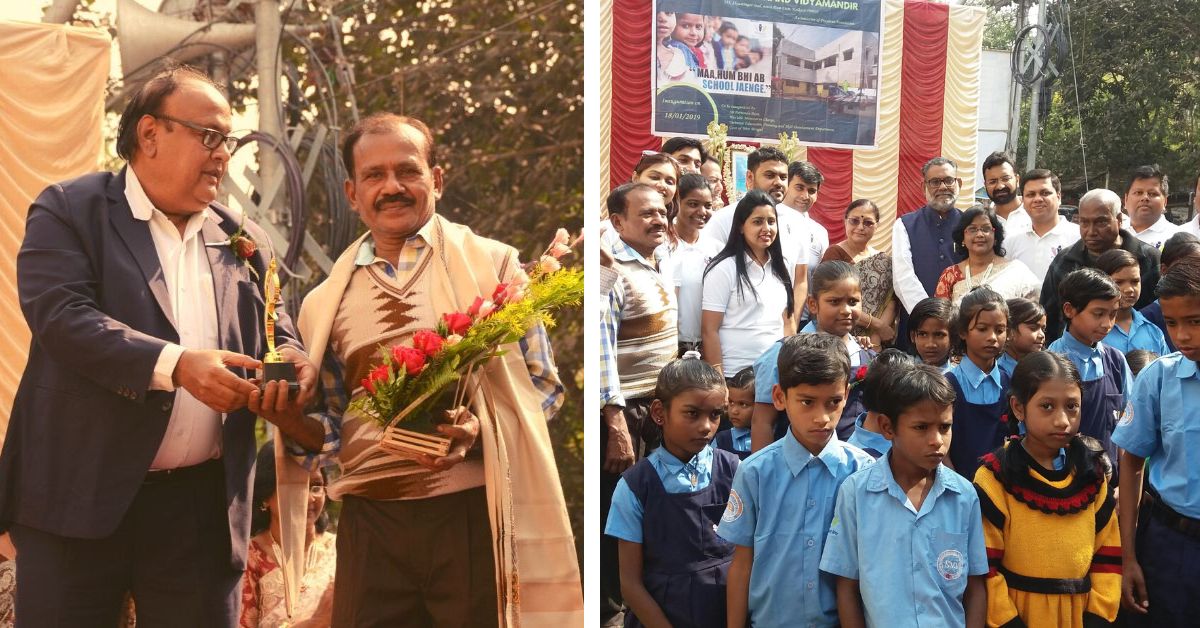
The initiative began with only a handful of donated books and six local volunteers who stepped forward to teach. The first students were children of rickshaw pullers, daily wage earners, and domestic workers.
Advertisement
Over time, the school took shape with financial assistance from Calcutta Urban Services and the East India British Council, light bulbs contributed by a neighbourhood grocer, fans provided by a bank, and further support from various organisations and kind-hearted individuals. His model inspired volunteers and small NGOs to replicate evening classes in slums across the city.
2. Abhijeet Barse
How can football become a vehicle for learning?
‘Slum Soccer’ uses football as a transformative tool. One of their projects, ‘Project Edu-kick’, is aimed at improving and building upon existing educational outcomes by using football as a tool. They do this by designing games based on football to teach elementary mathematics (including number system, squares and cubes, angles) and basic communication.
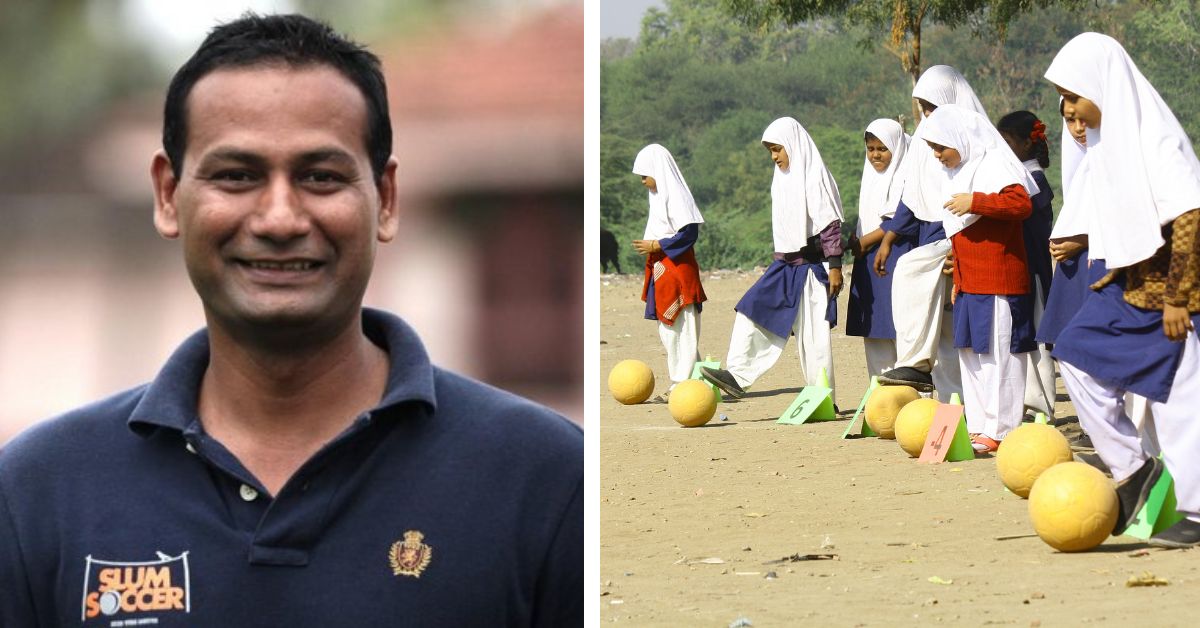
One of their other projects is the DeafKidz Goal, which trains a cohort of people with hearing disabilities to become coaches. They are encouraged to teach life skills programmes to marginalised deaf children using football as a medium. Their impact stands across 10 states, with 16,130 players reached and over 520 players and coaches connected.
3. Vishal Talreja
‘Dream a Dream’ is a non-profit organisation dedicated to transforming the life experience of vulnerable children in Bengaluru. It was born out of Vishal Talreja’s intent to change the way we perceive dignity in India. The organisation integrates life skills education — sports, arts, theatre, music, crafting — into everyday learning to empower underprivileged children with confidence and emotional resilience, beyond academic curricula.
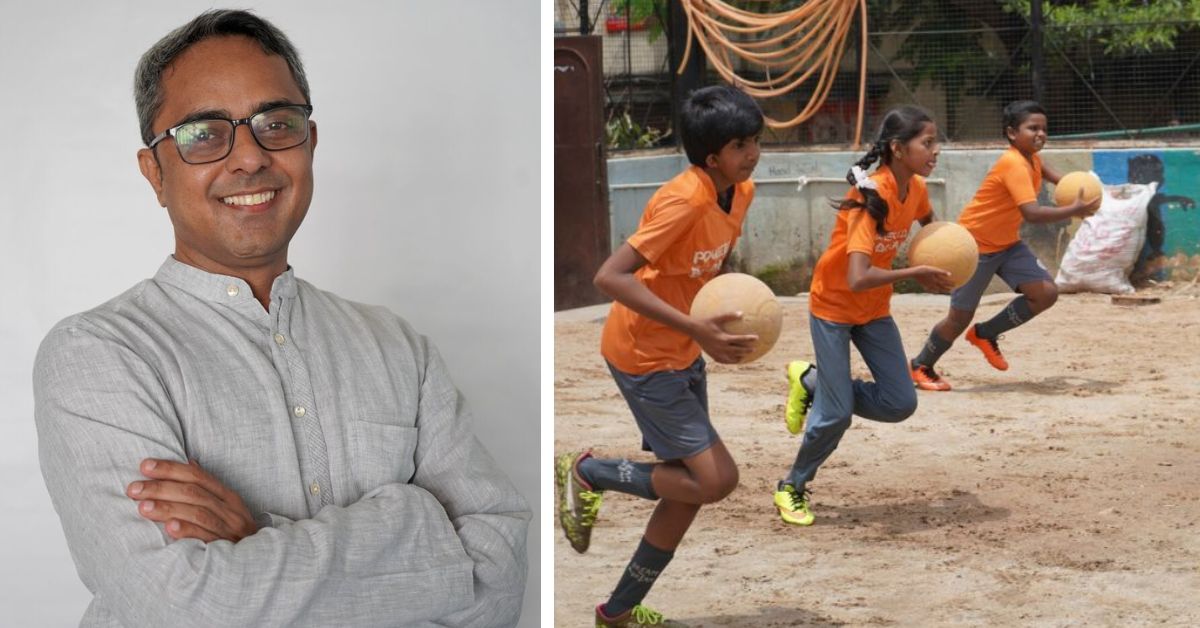
Through its ‘Direct Impact’ programme, the organisation implements a proven model in both in-school and out-of-school learning environments. Each year, it works directly with 10,000 young people aged eight to 23, providing innovative educational experiences centred on sports and the arts. This method helps nurture essential life skills such as teamwork, decision-making, problem-solving, and critical thinking. The tangible impact of the NGO is seen across 2.2 million school-going children across India who are impacted by school programmes and community workshops, fostering soft skills, social inclusion, and improved engagement in formal education.
Advertisement
4. Ananya Paul Dodmani
To uplift and empower indigenous communities — this is the intent with which Ananya Paul Dodmani started ‘Tribal Connect’, a foundation working tirelessly with tribes such as Kunbis of Goa and Uttar Kannada, the Siddis in Karnataka and Karbi, Dima, and Kuki tribes of Assam. The Siddi community is one of India’s most overlooked tribes, having endured generations of deep poverty.
She wanted to reach out to these people.
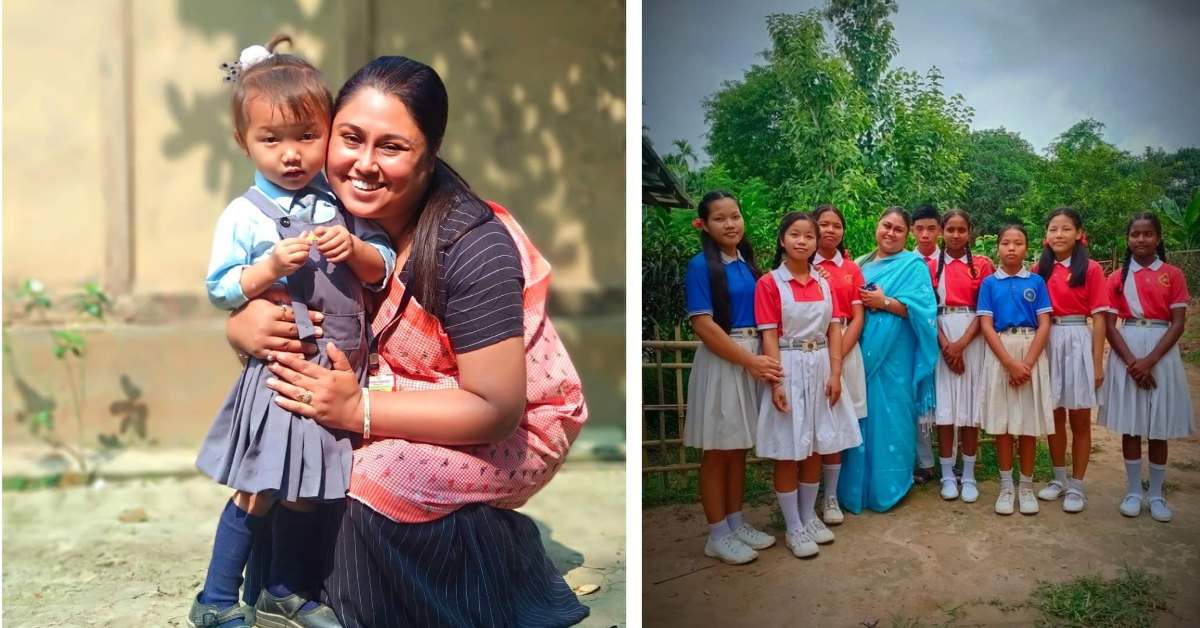
What started as a modest effort under a banyan tree in 2003 with five eager children evolved into a vision of creating centres for children’s learning and youth employment. Today, there are 160 learning centres across India. At these centres, the children are taught for free, and the men are trained in community farming. With 700 volunteers, Tribal Connect is bringing a change in the lives of people in marginalised communities across the country. Ananya was awarded the Karamveer Chakra for her work in 2019.
5. Tholkappiyan Sivaraj
Police officer Tholkappiyan Sivaraj’s free residential training academy — ‘Puthiya Siragugal’ (which translates to ‘new wings’ in Tamil) — was inspired by his own struggles of not being able to afford formal coaching. He transformed his family’s fertile two-acre farmland into a centre for youth; the model offers academic training, physical coaching, accommodation, and life skills, all free of cost. The academy addresses not only access to education but also dignity, identity, and aspiration — in places where coaching centres are rare and unaffordable.
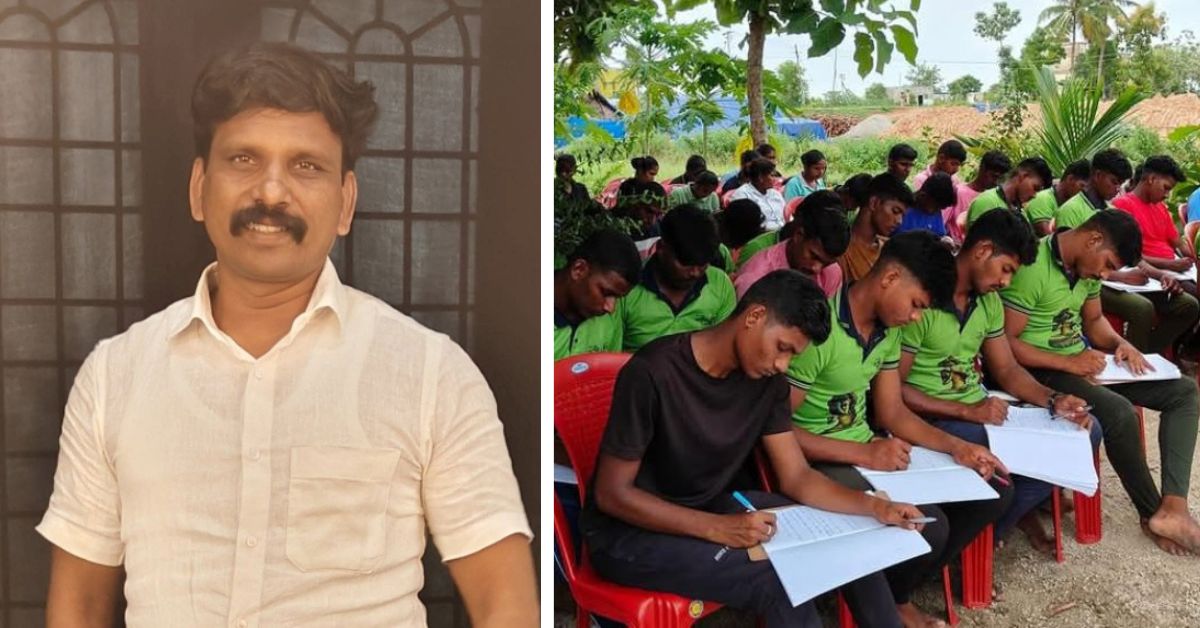
The centre has helped produce 400 officers who serve in revenue, labour and administrative departments. The academy ensures that students have access to food, shelter, and a supportive environment. Through Puthiya Siragugal, he is not merely training students; he is fostering a future where ambition is driven not by privilege, but by determination.
The Showcase may be a single event, but the stories don’t end there.
Advertisement
Every winner (and several nominees) will be continuously featured across The Better India platforms through:
- Video documentaries
- In-depth written stories
- Short reels and social content
We believe that the true power of recognition lies in what comes after the applause. So expect these stories to stay with you long after September, throughout the year.
Optum Presents The Better India Showcase, supported by the M3M Foundation, goes live on 18 September 2025 — a celebration of service, resilience, and the people building India’s better future.
Meet the nominees, explore their stories, and follow this journey of impact — all in one place: Click here.



